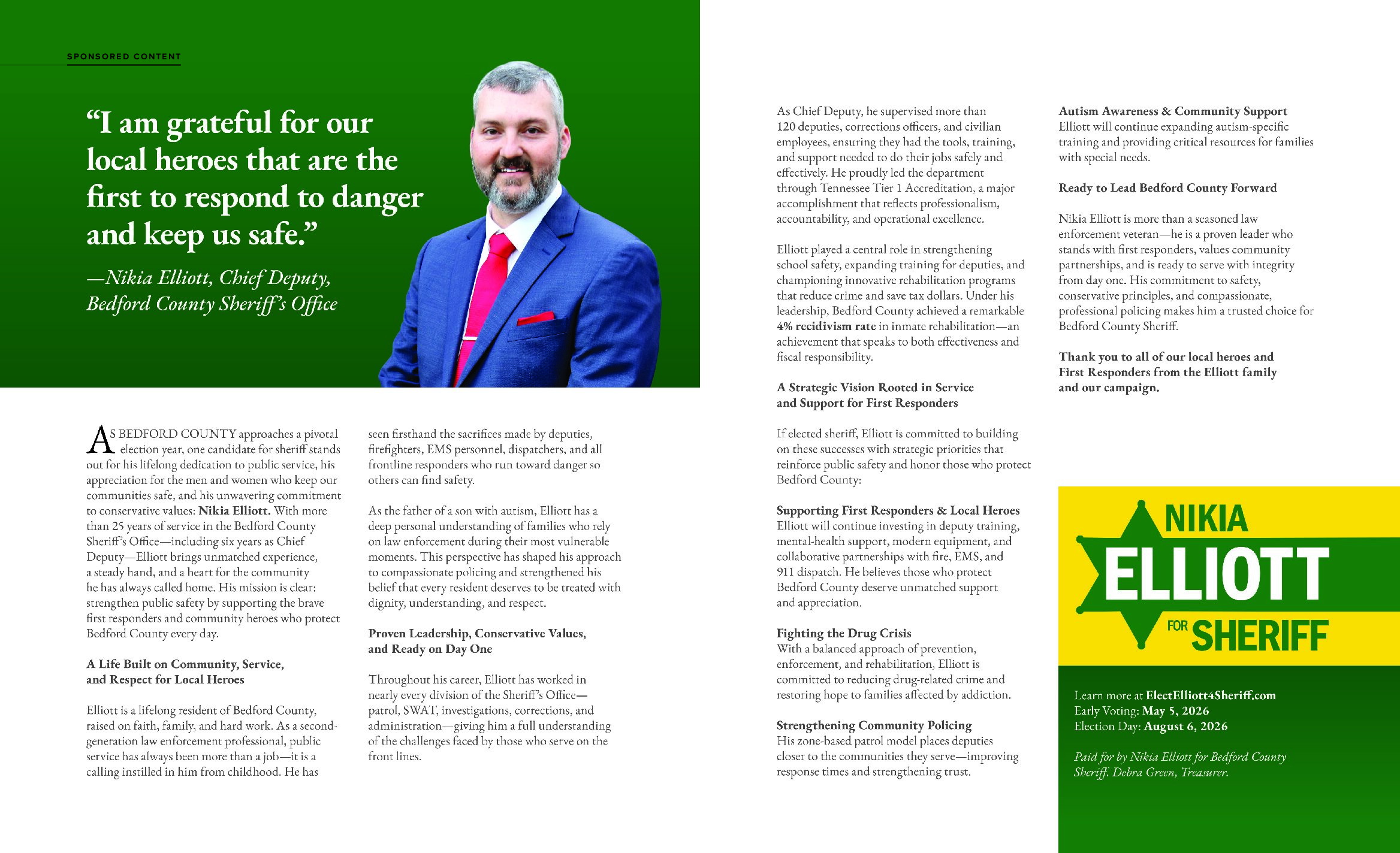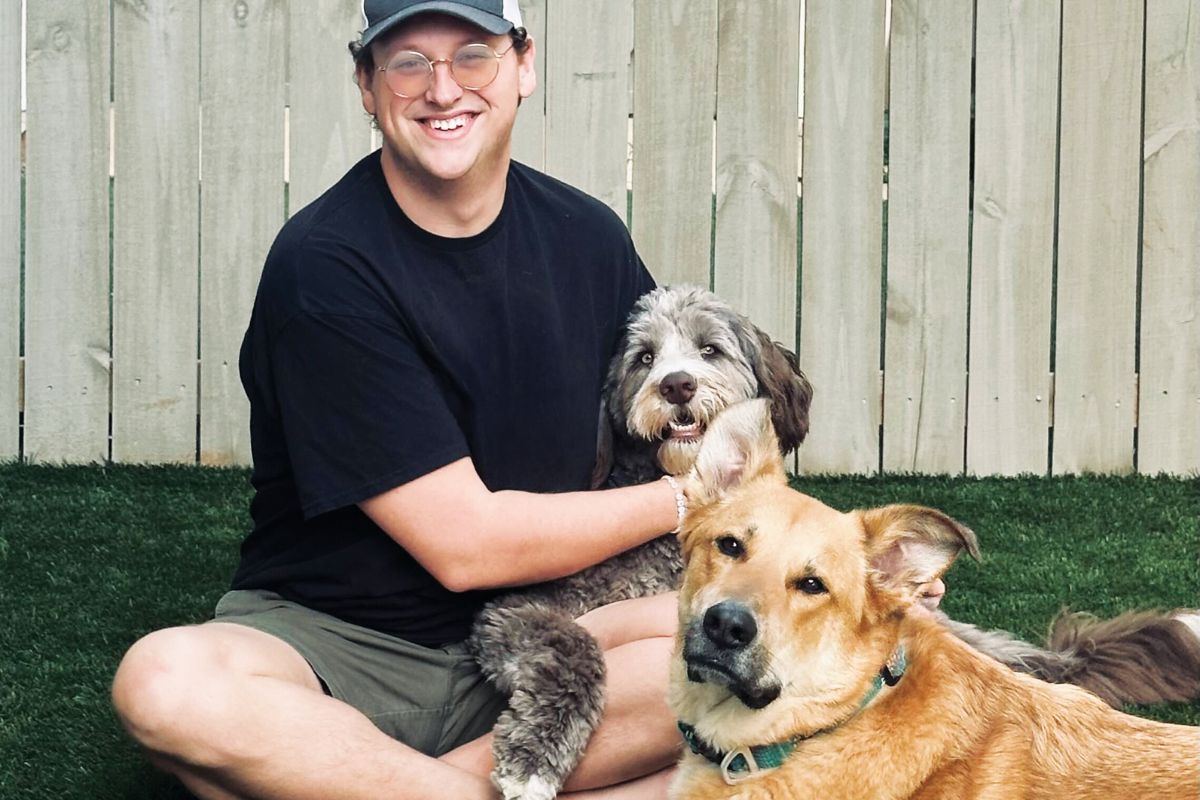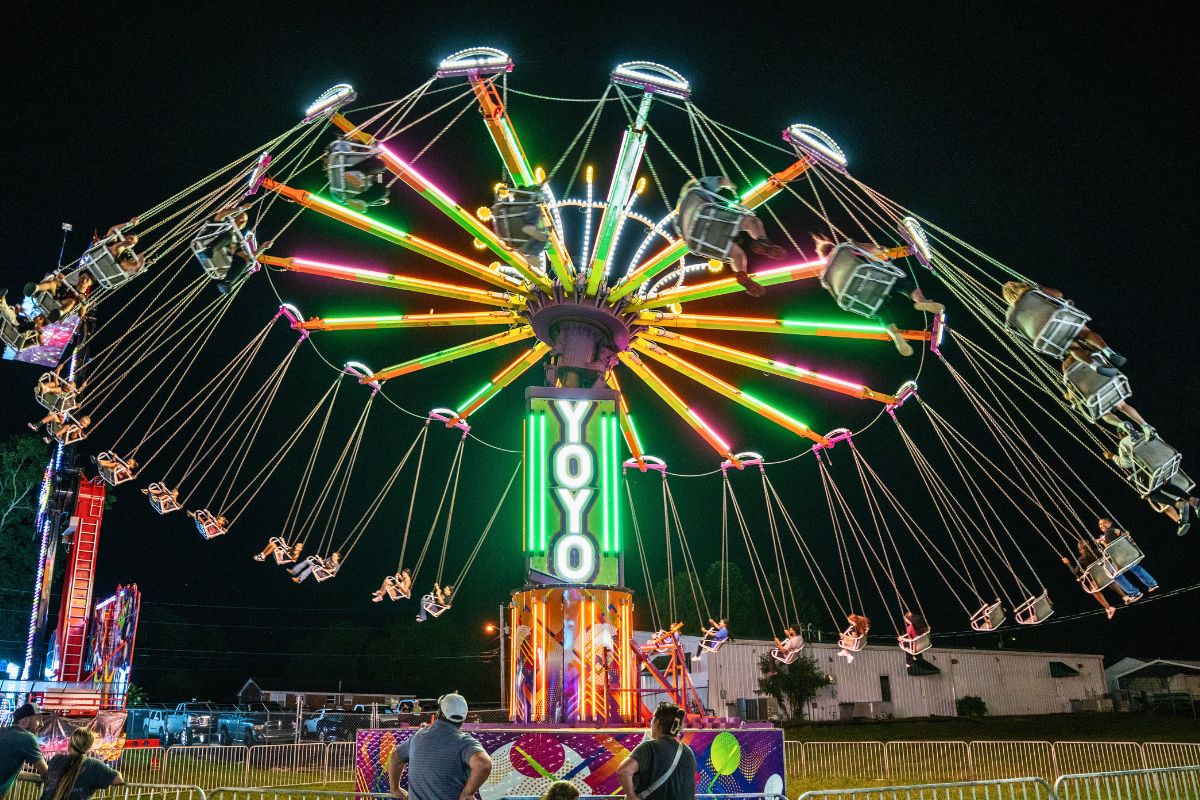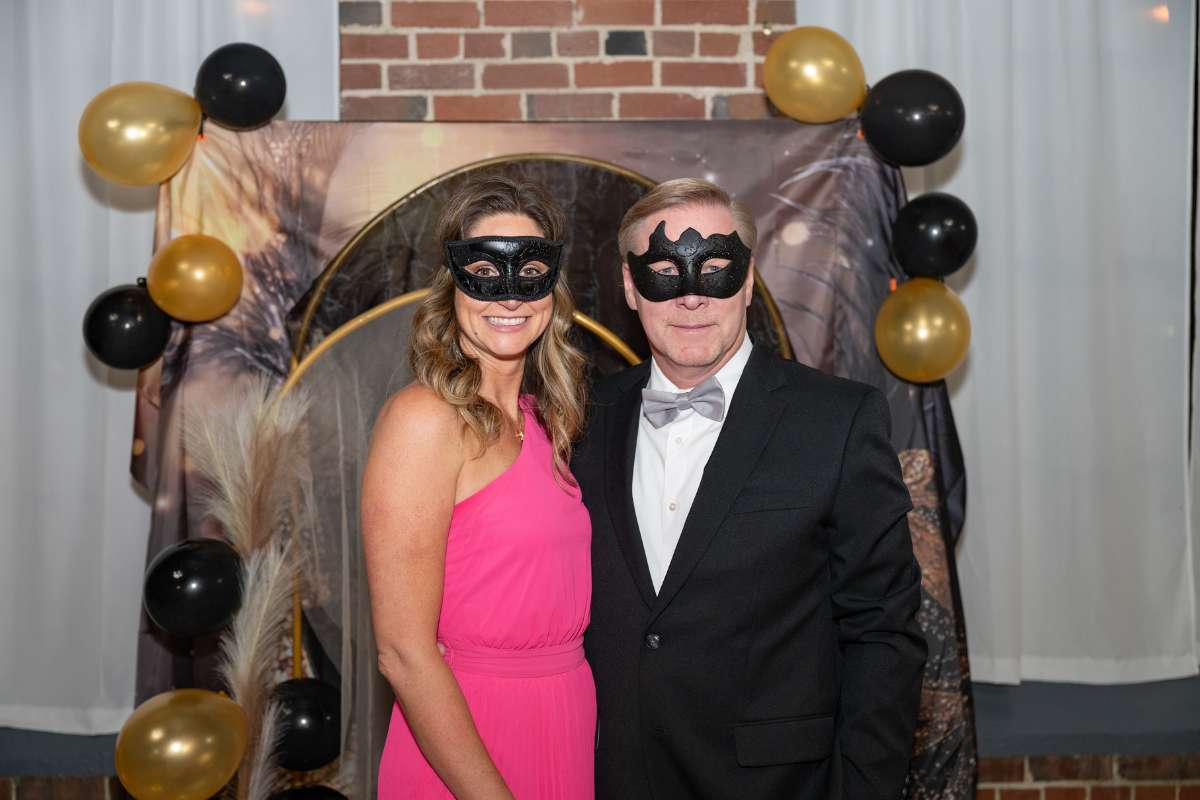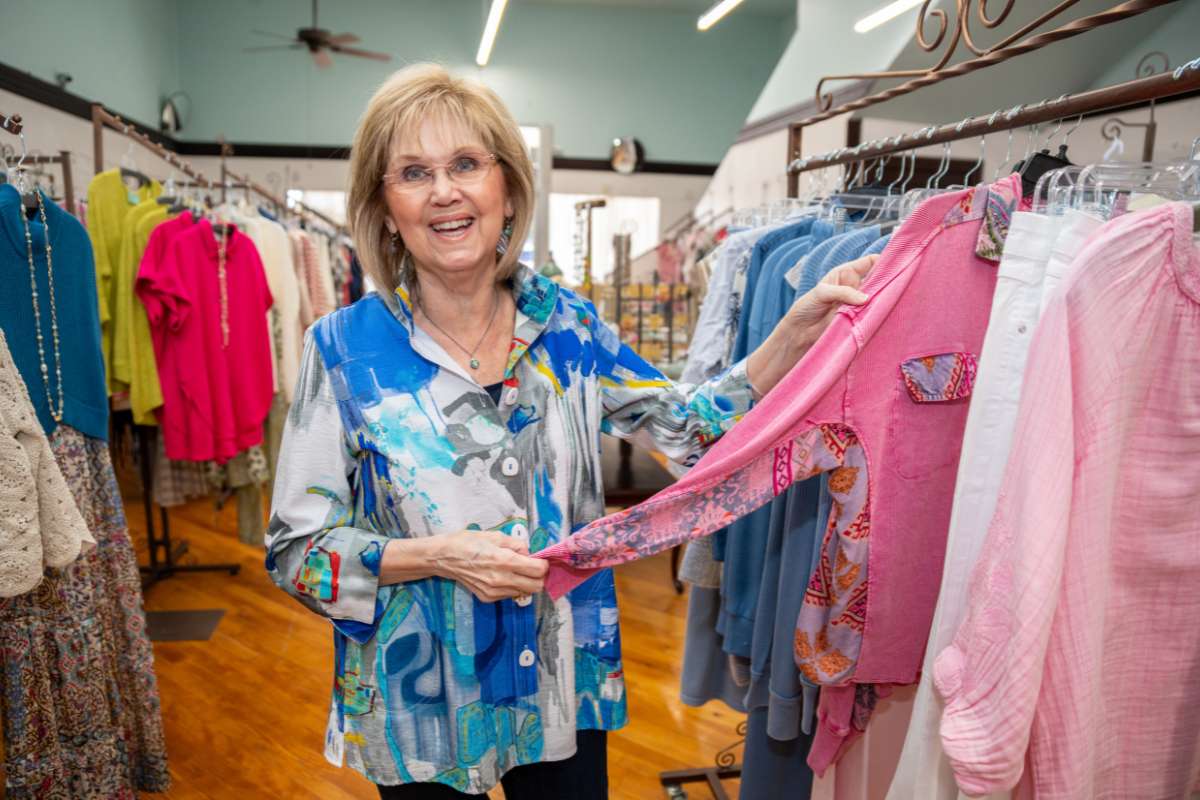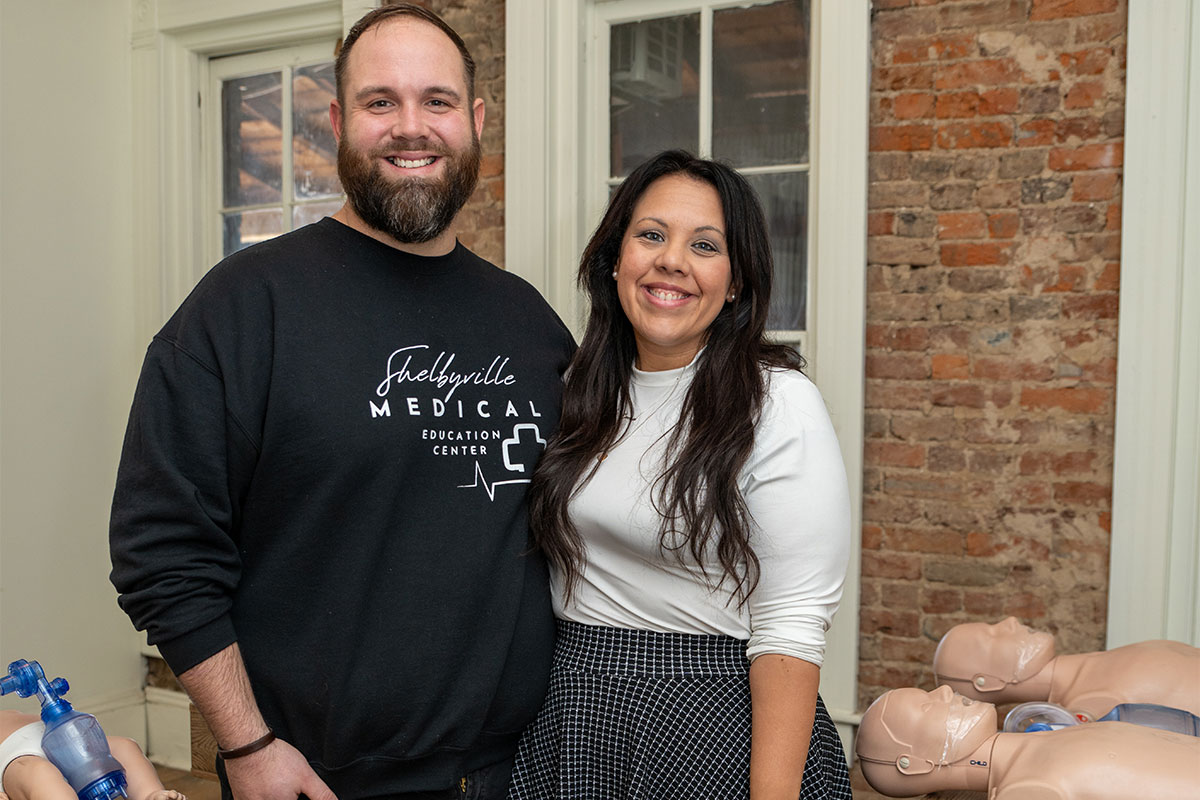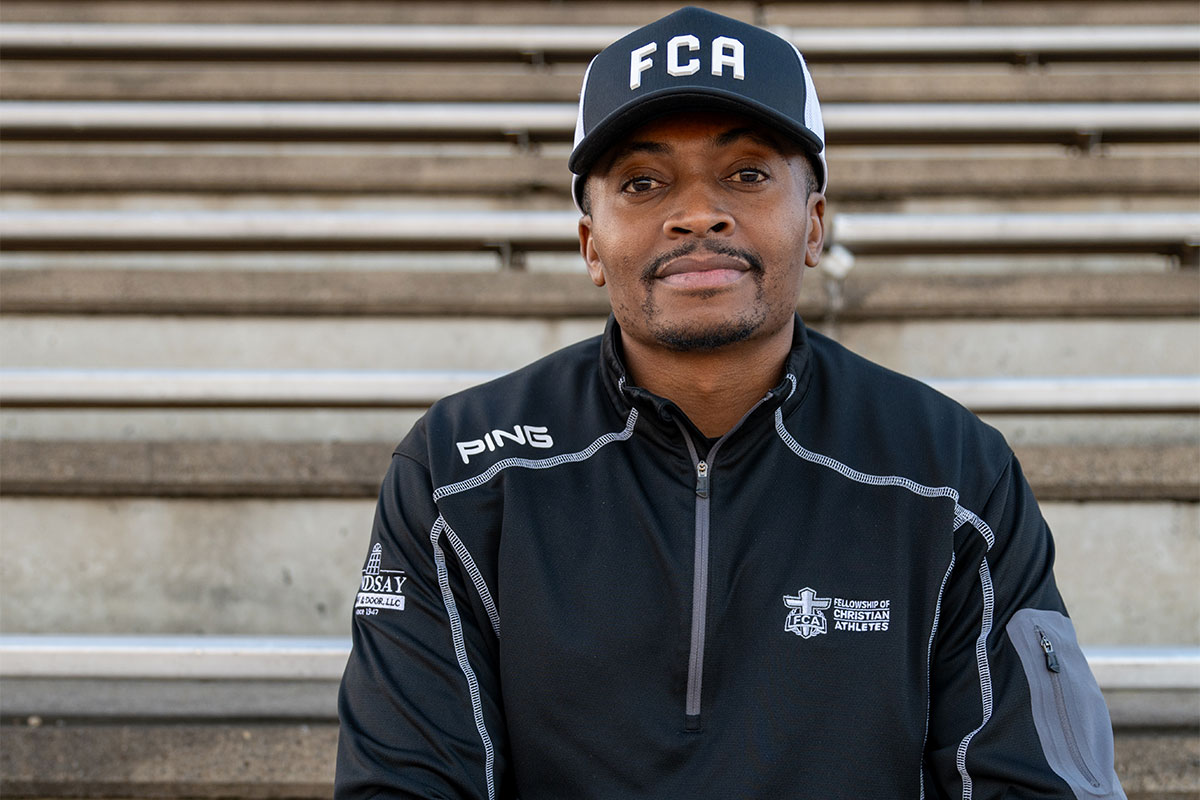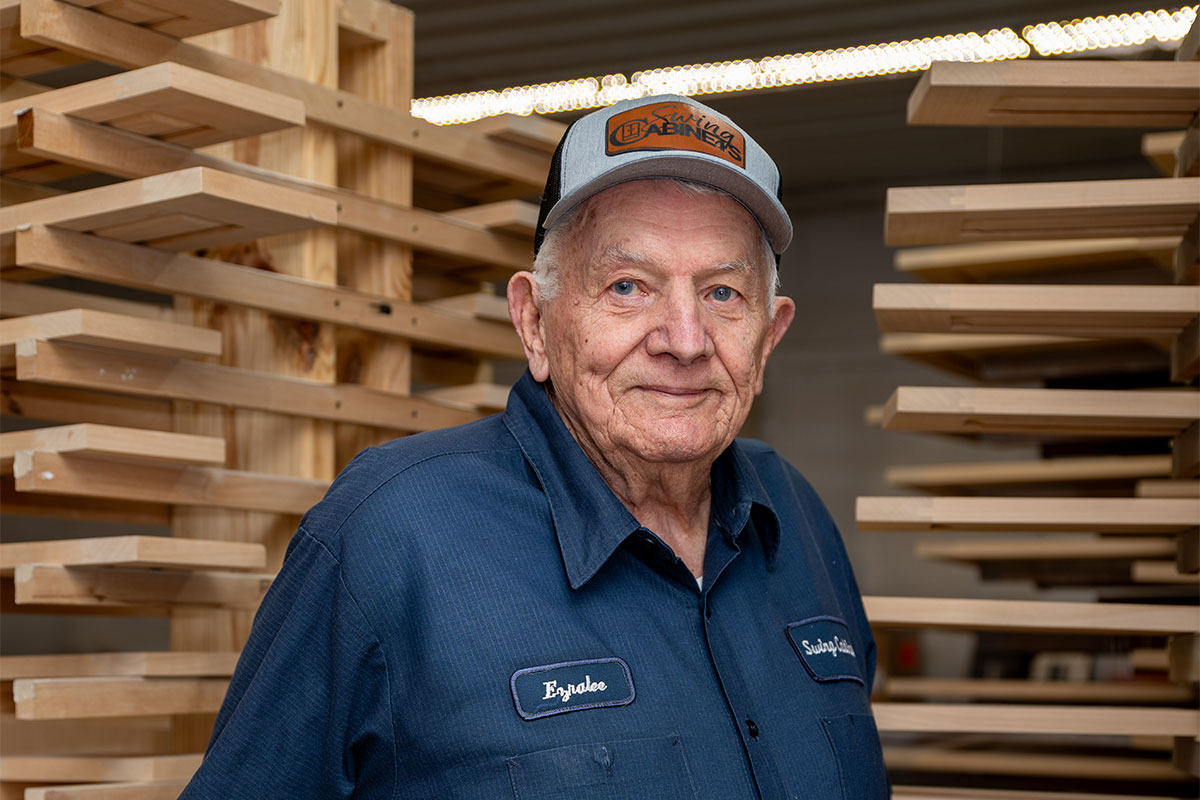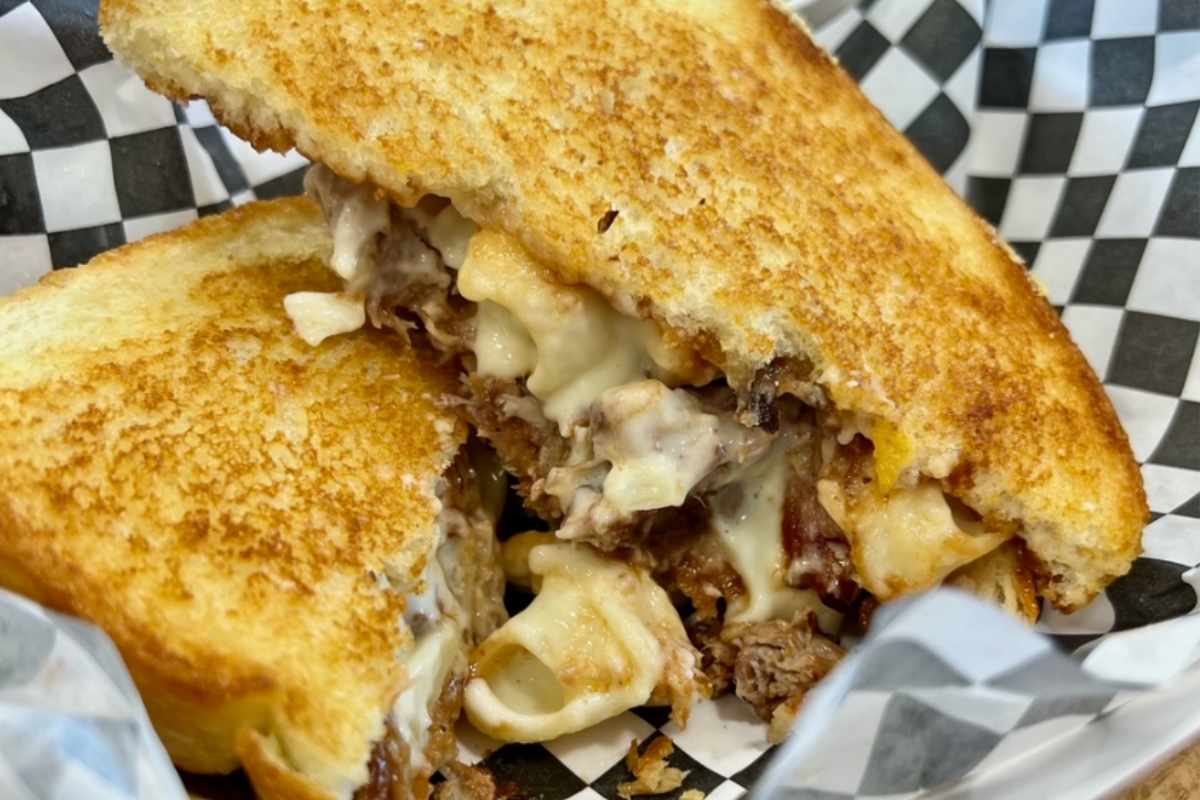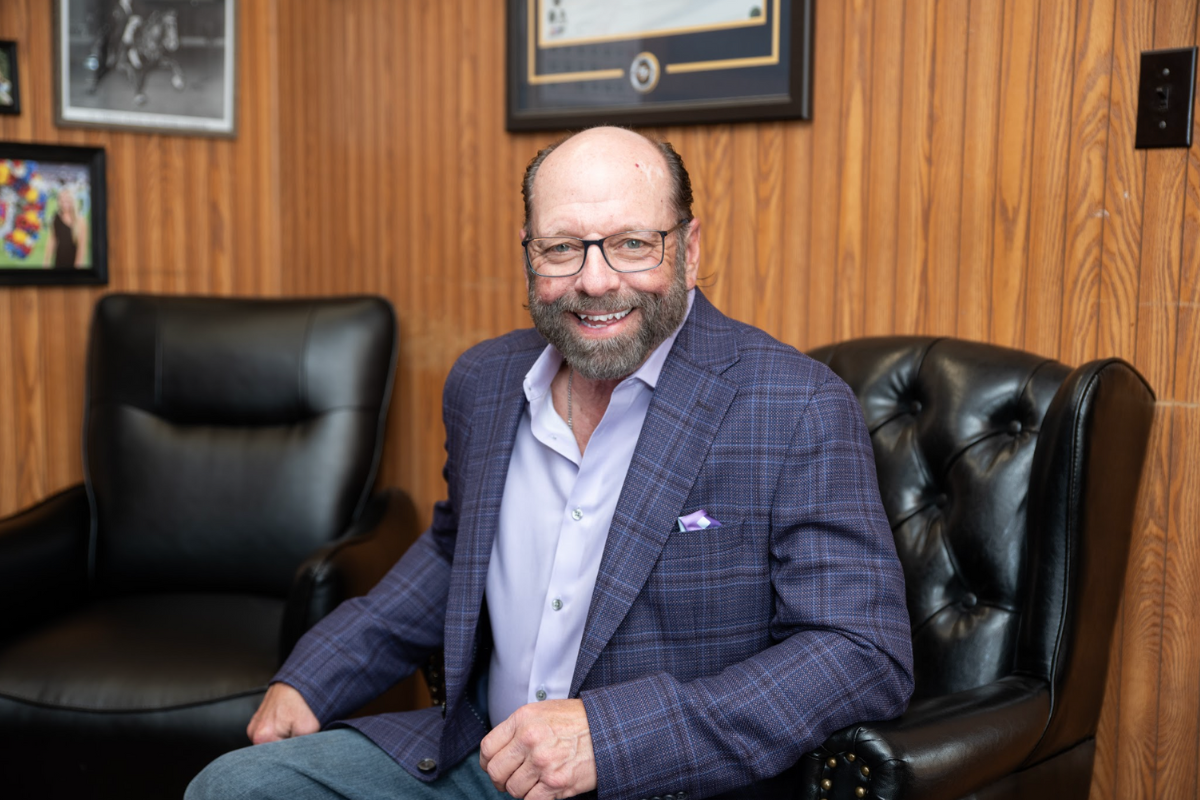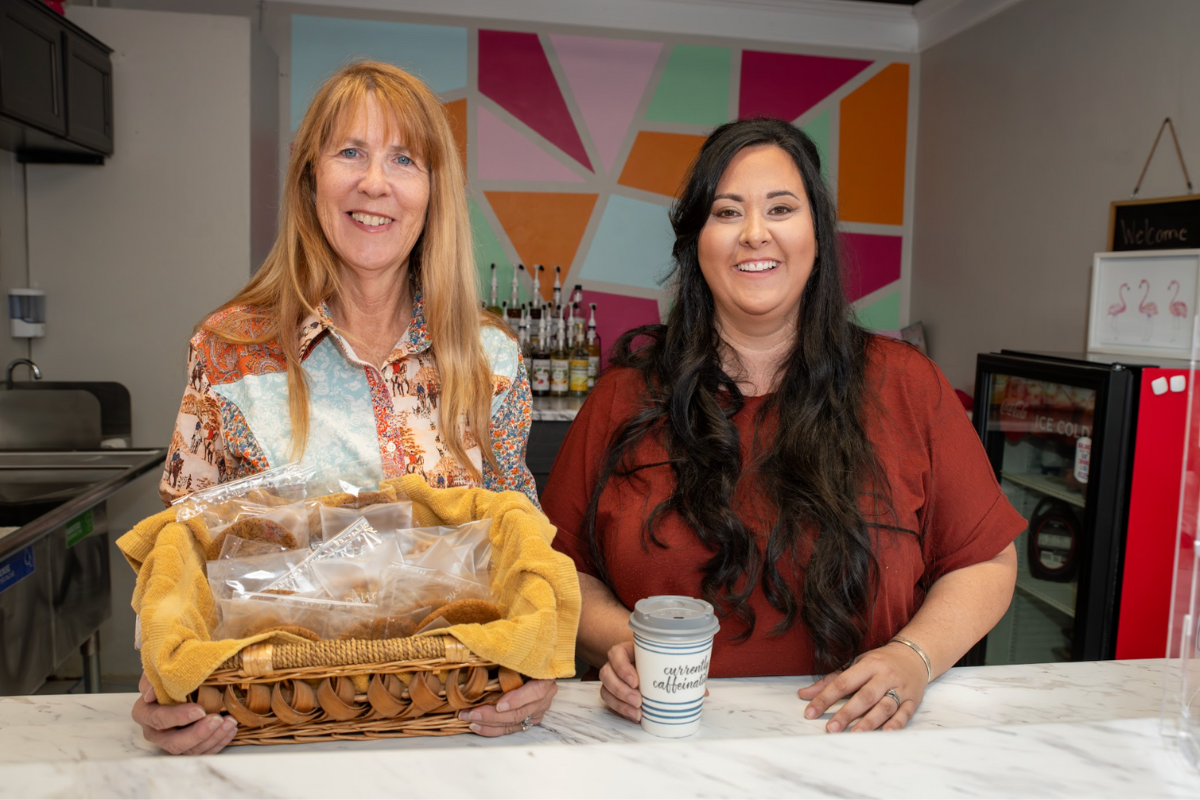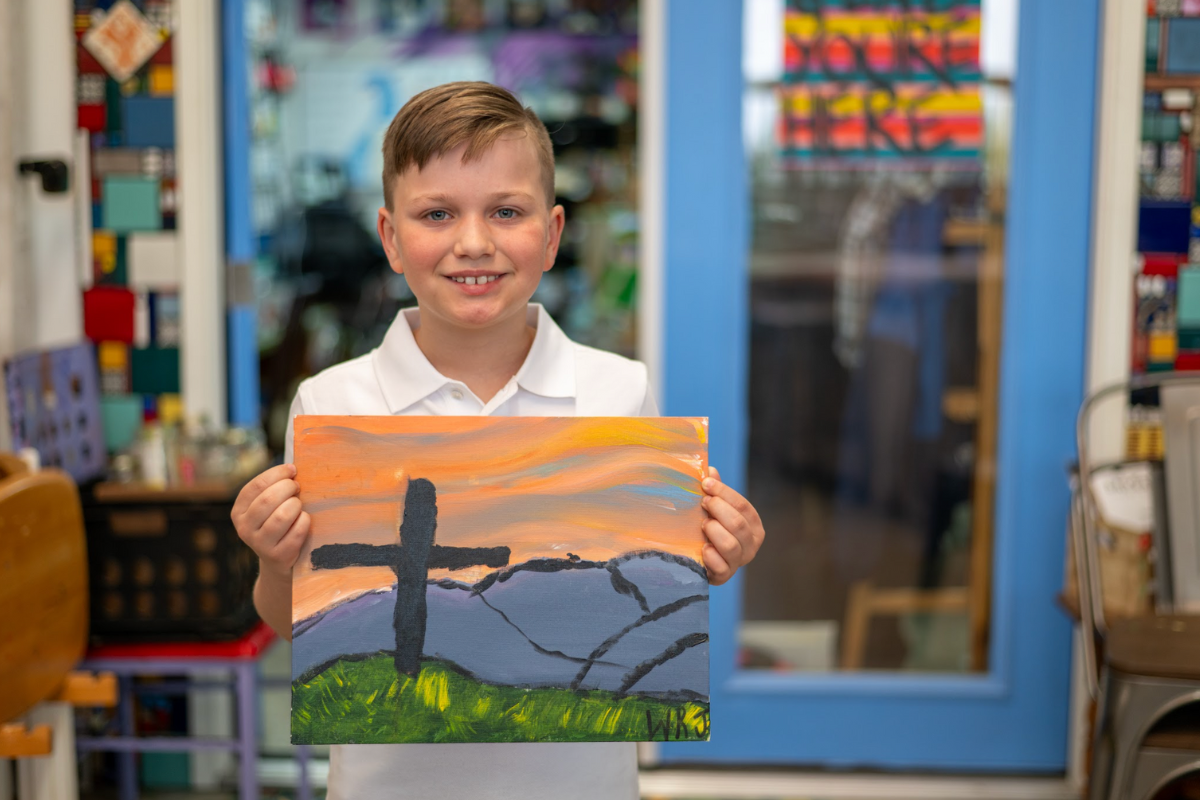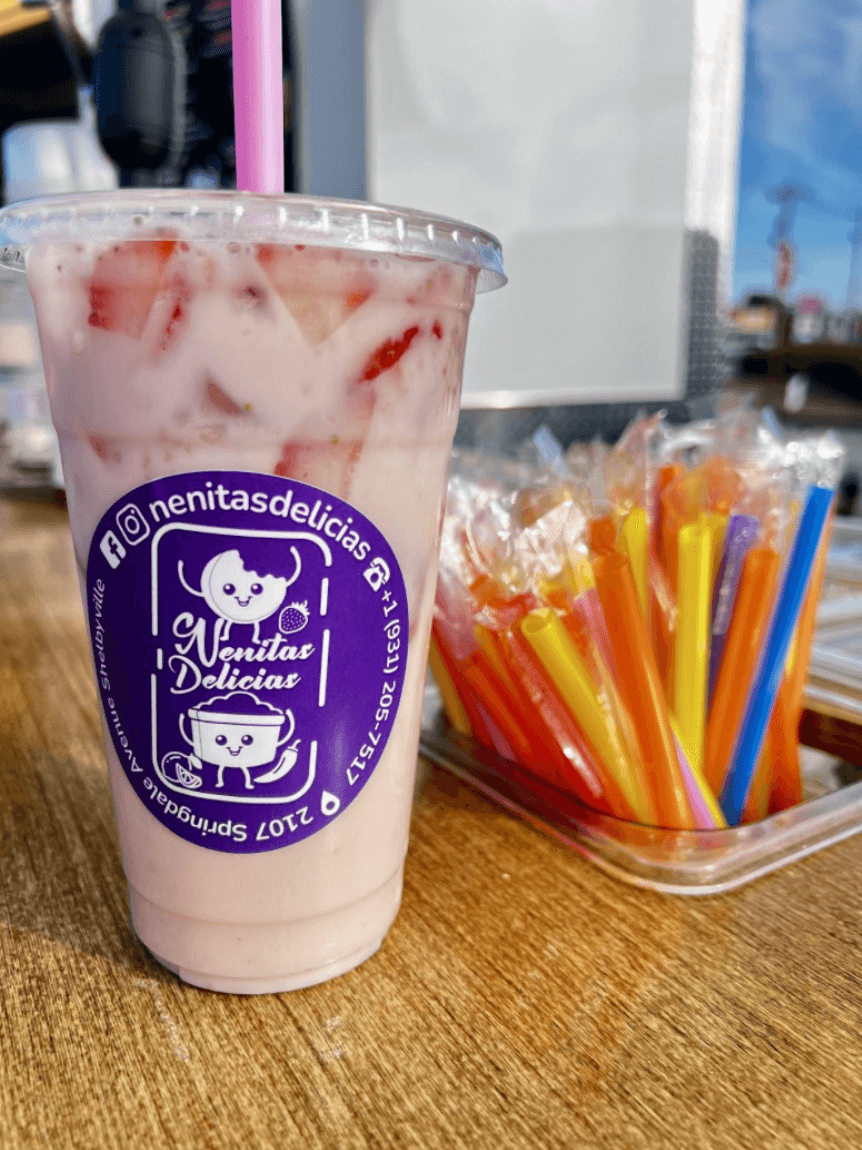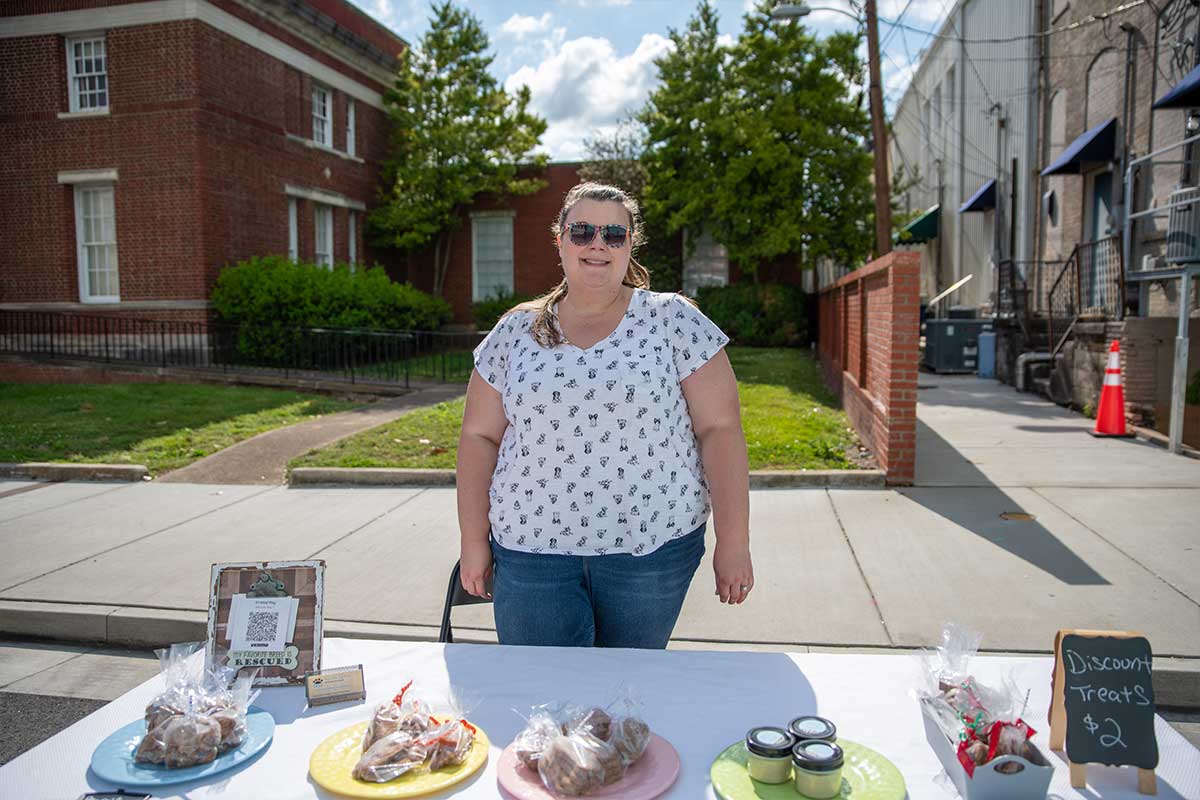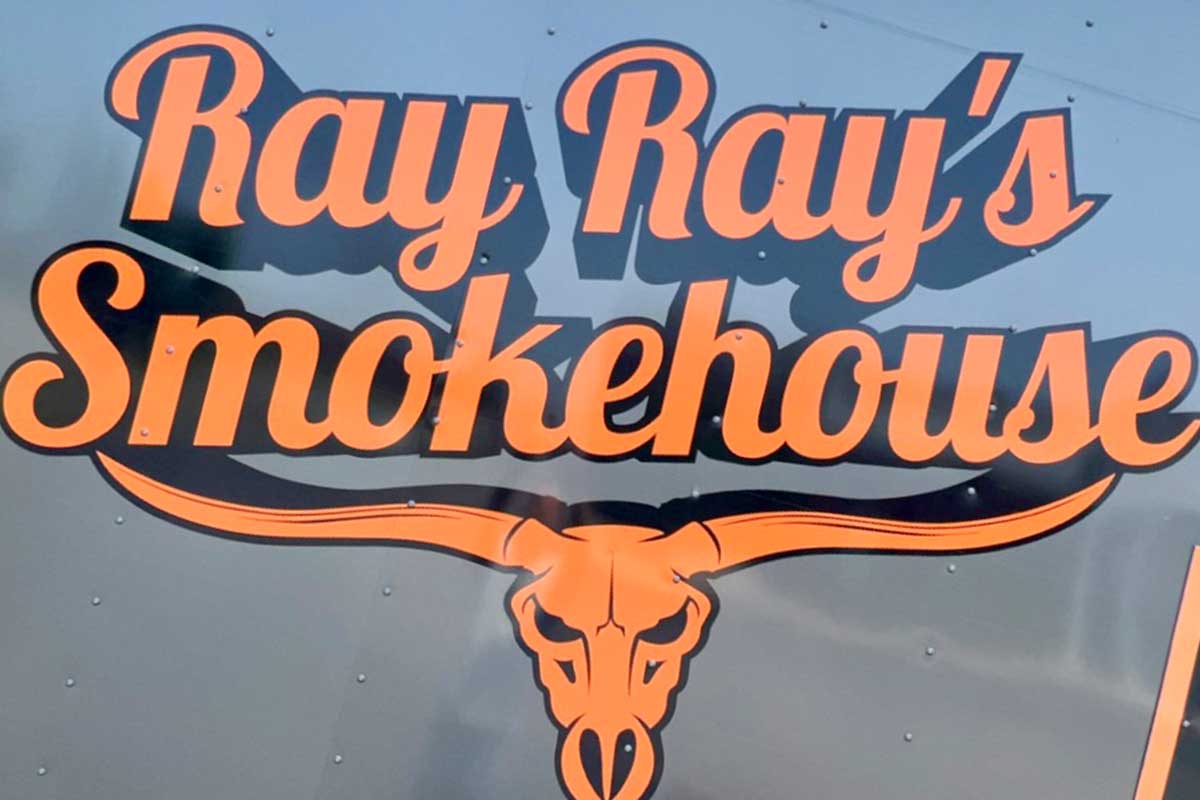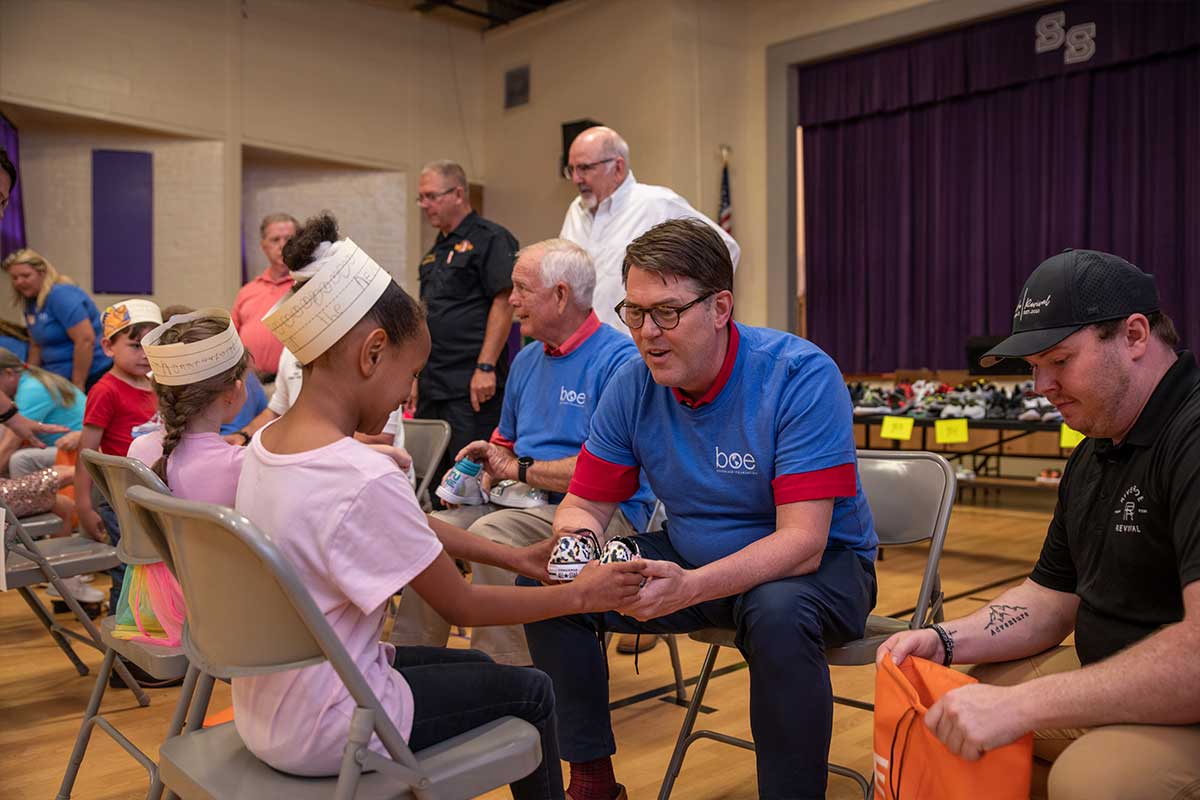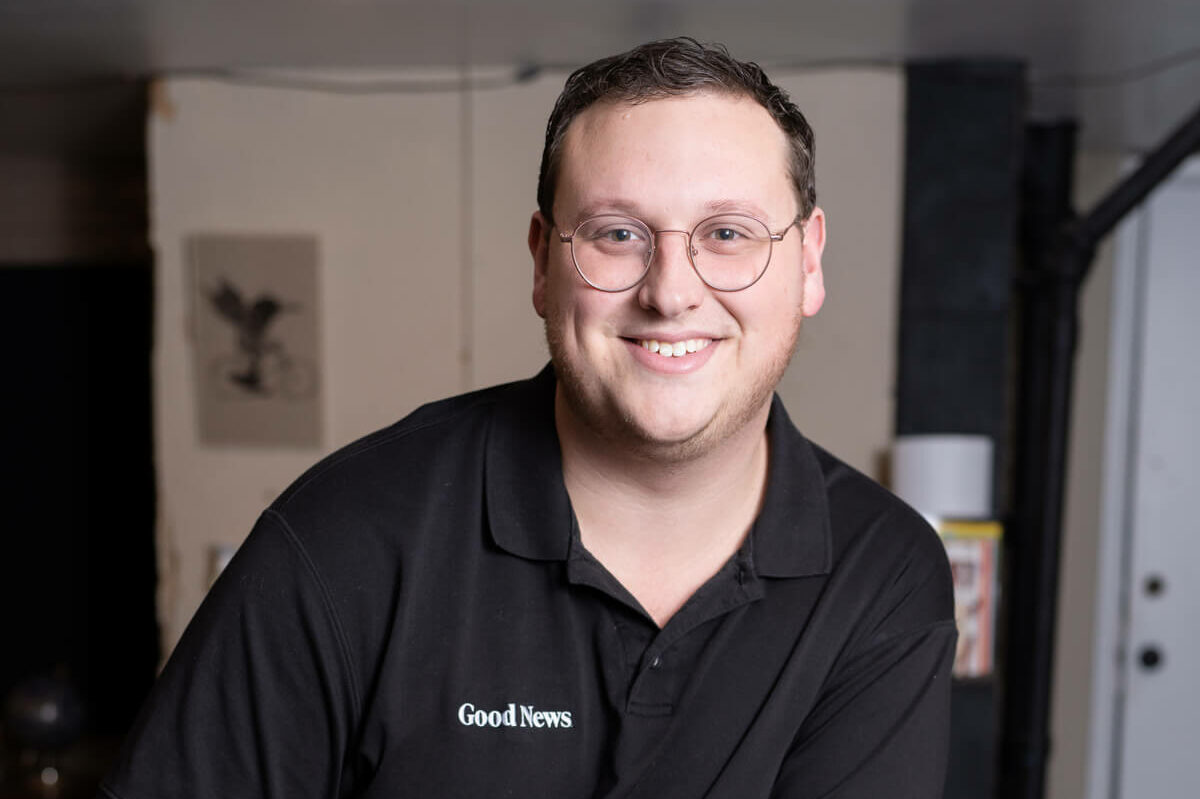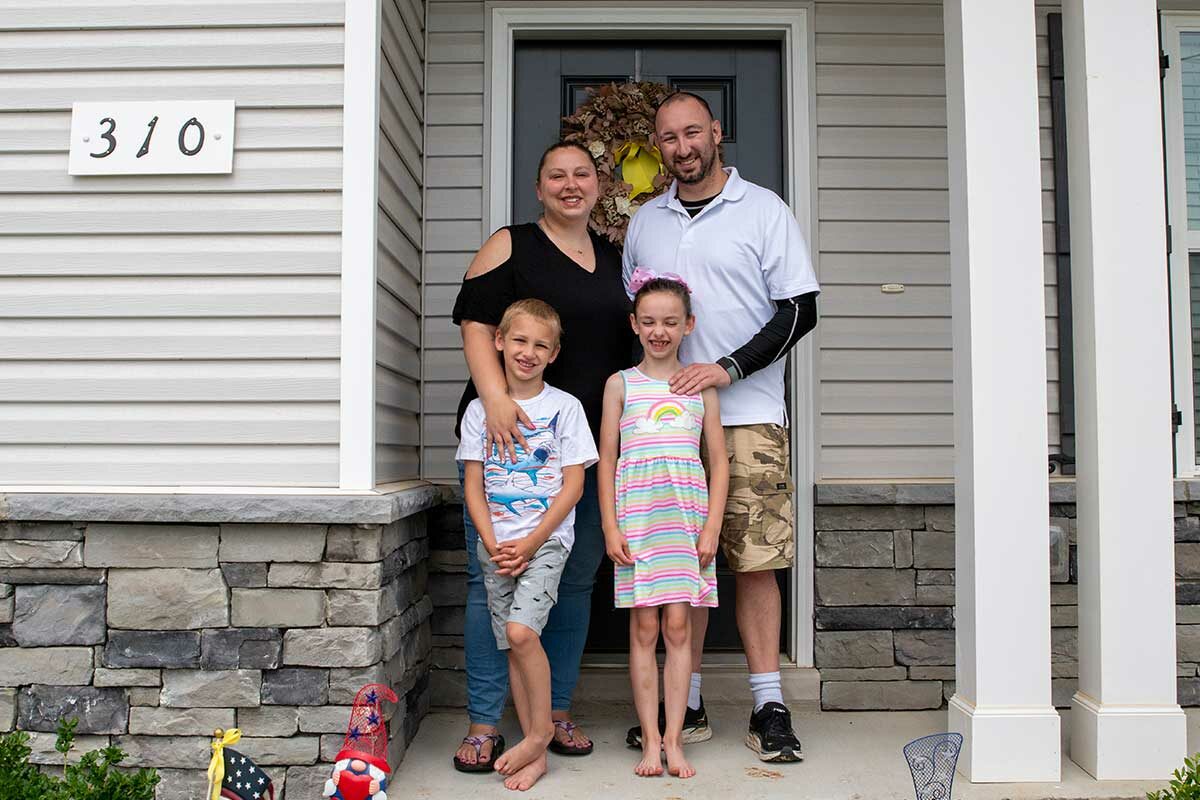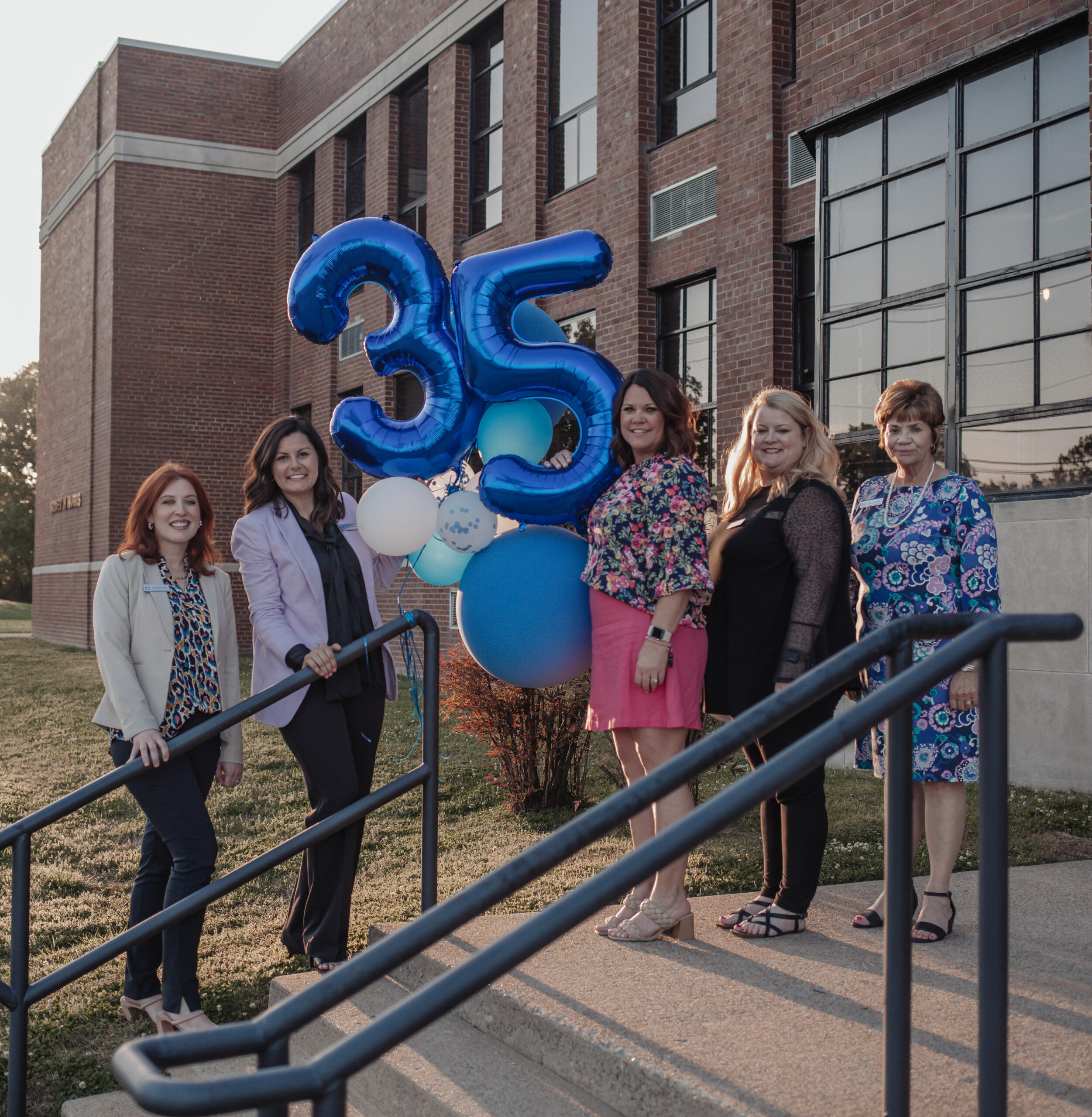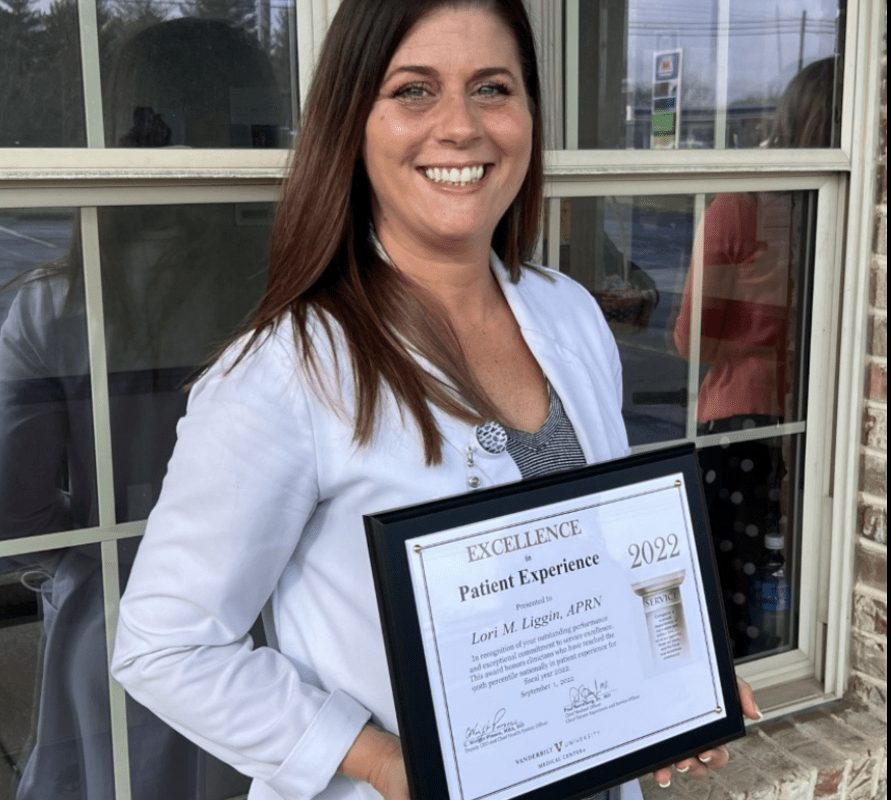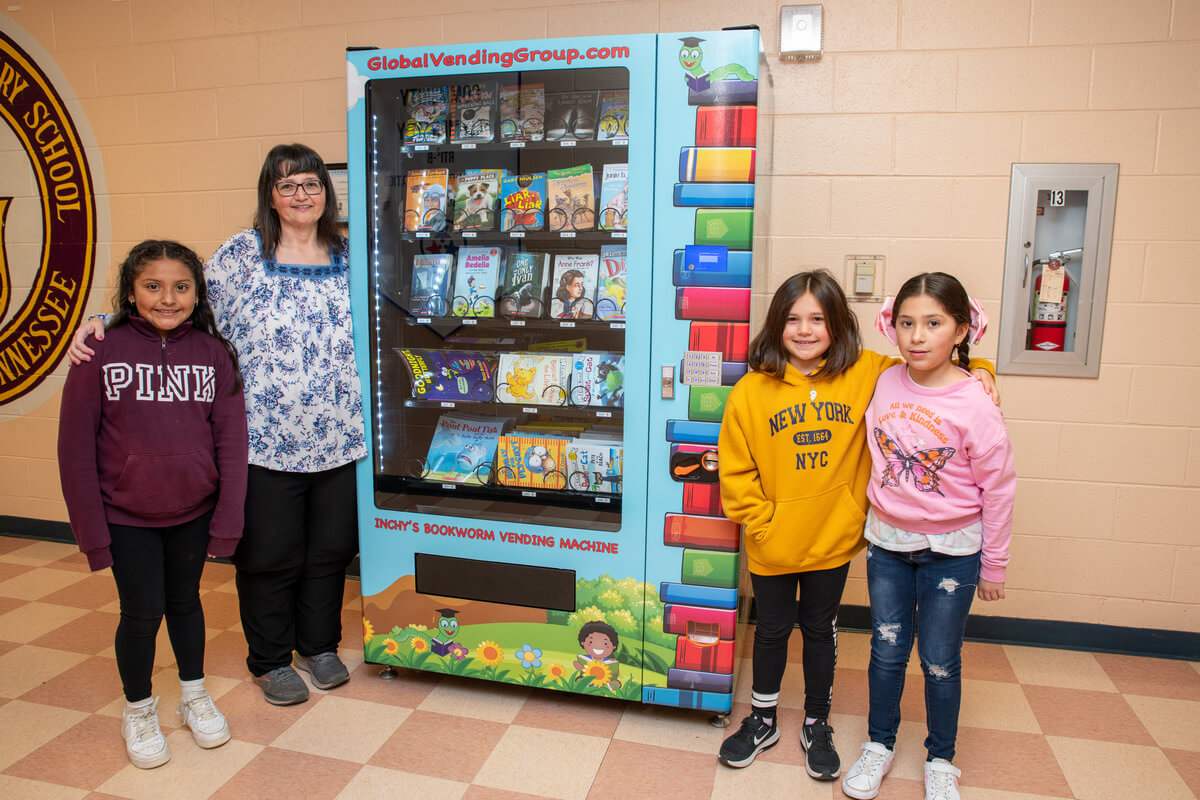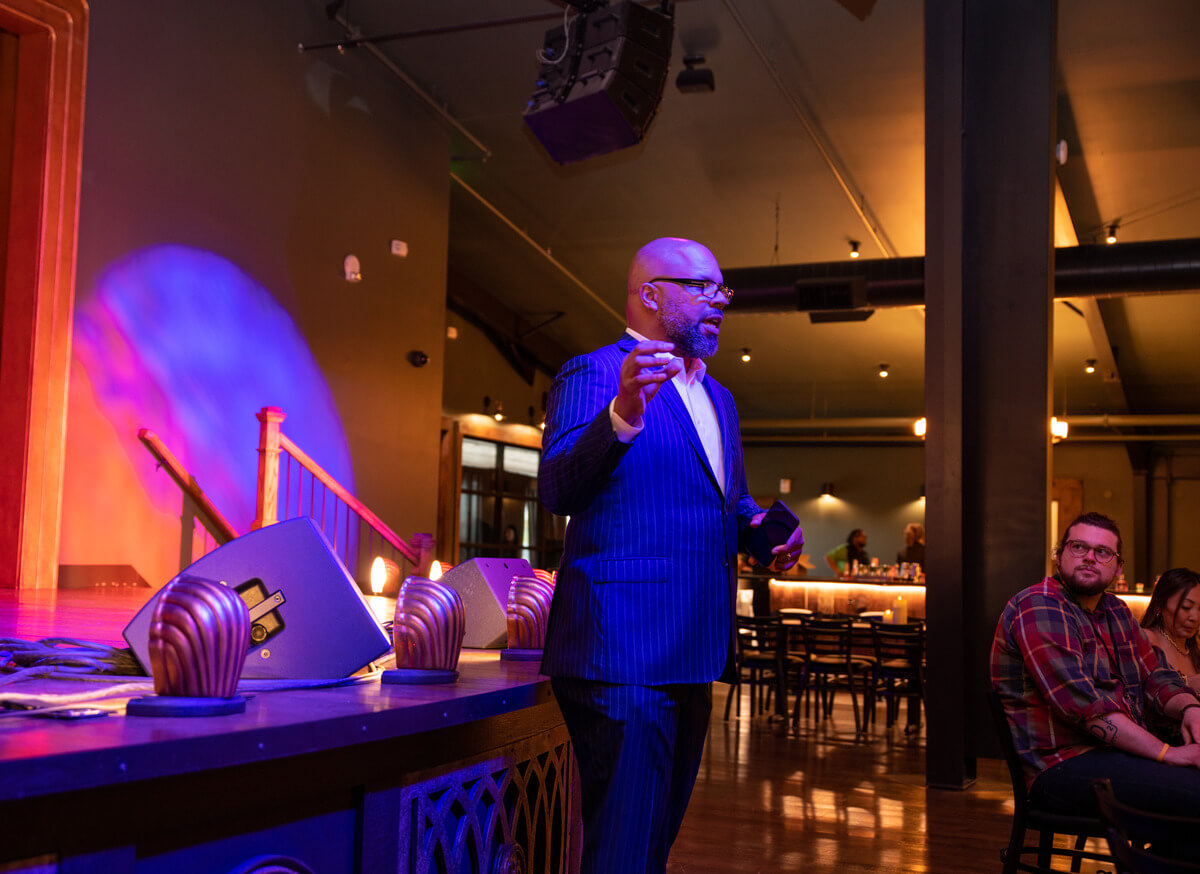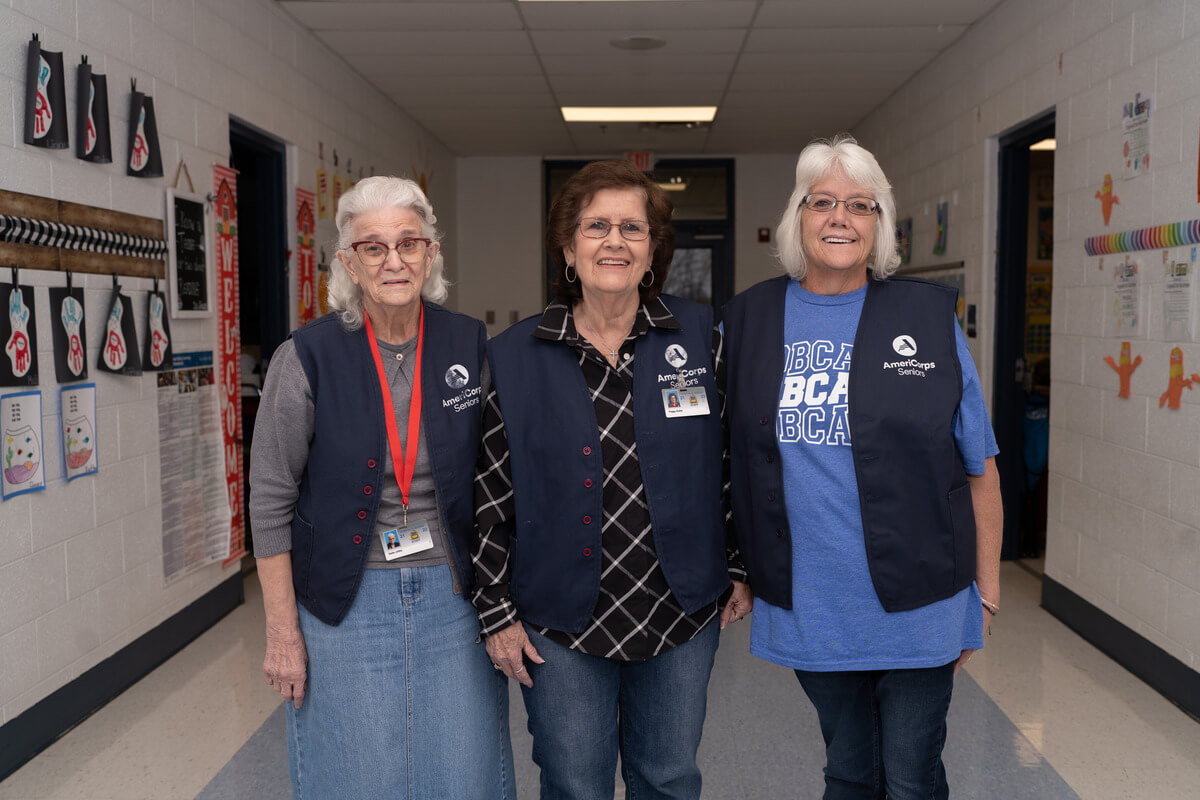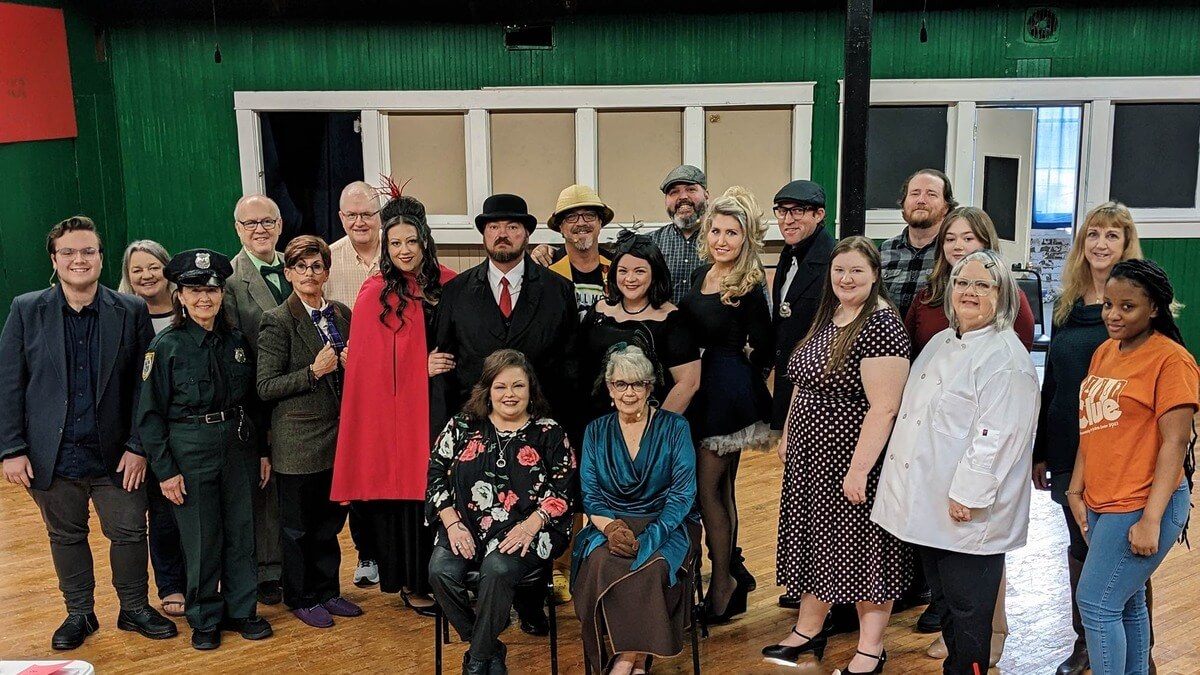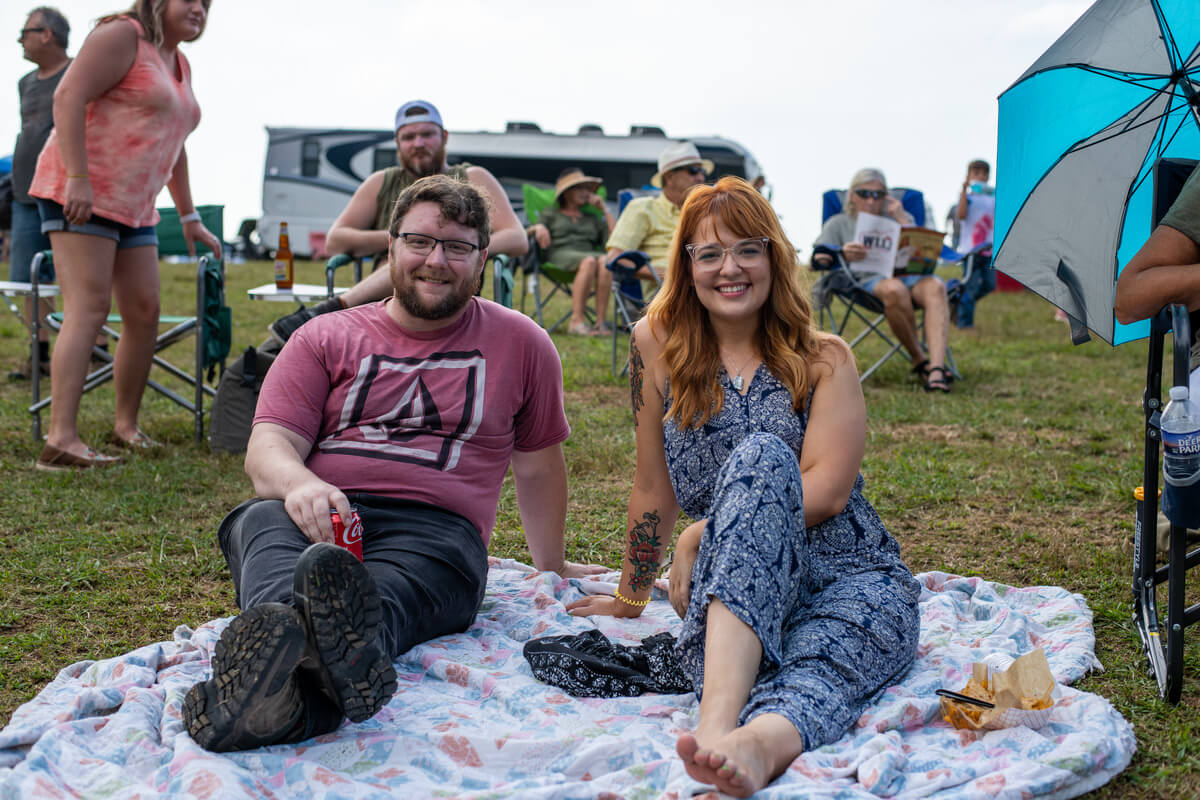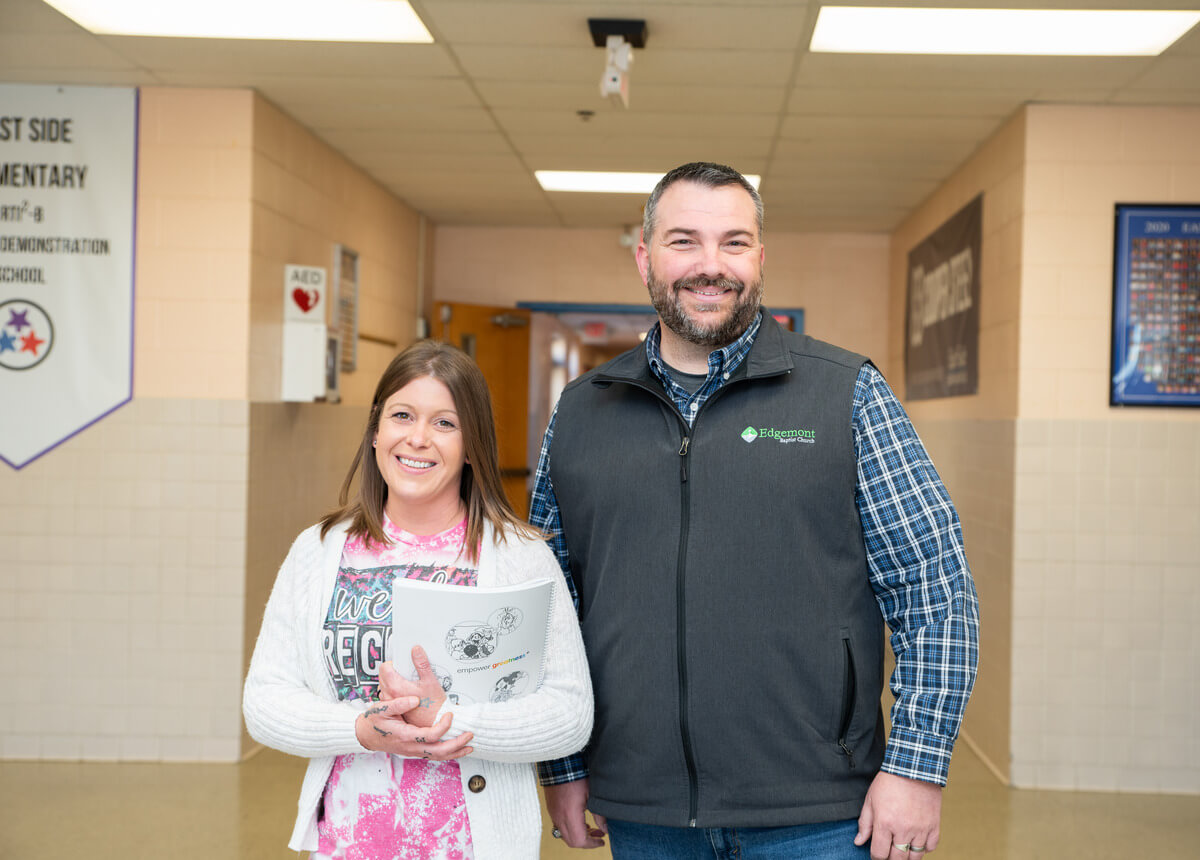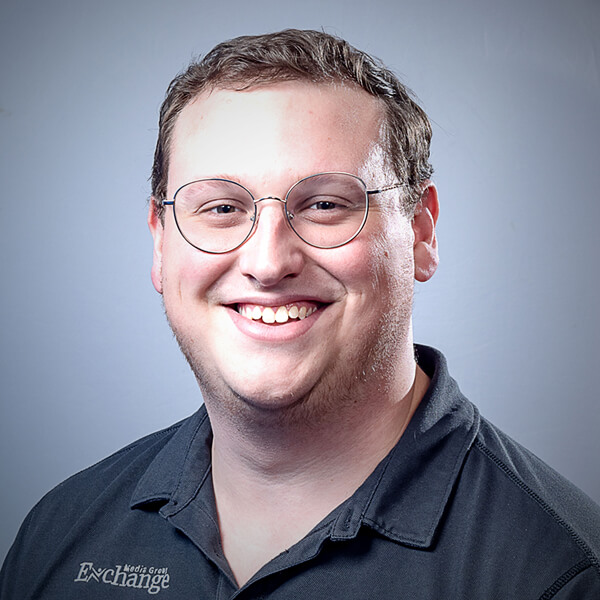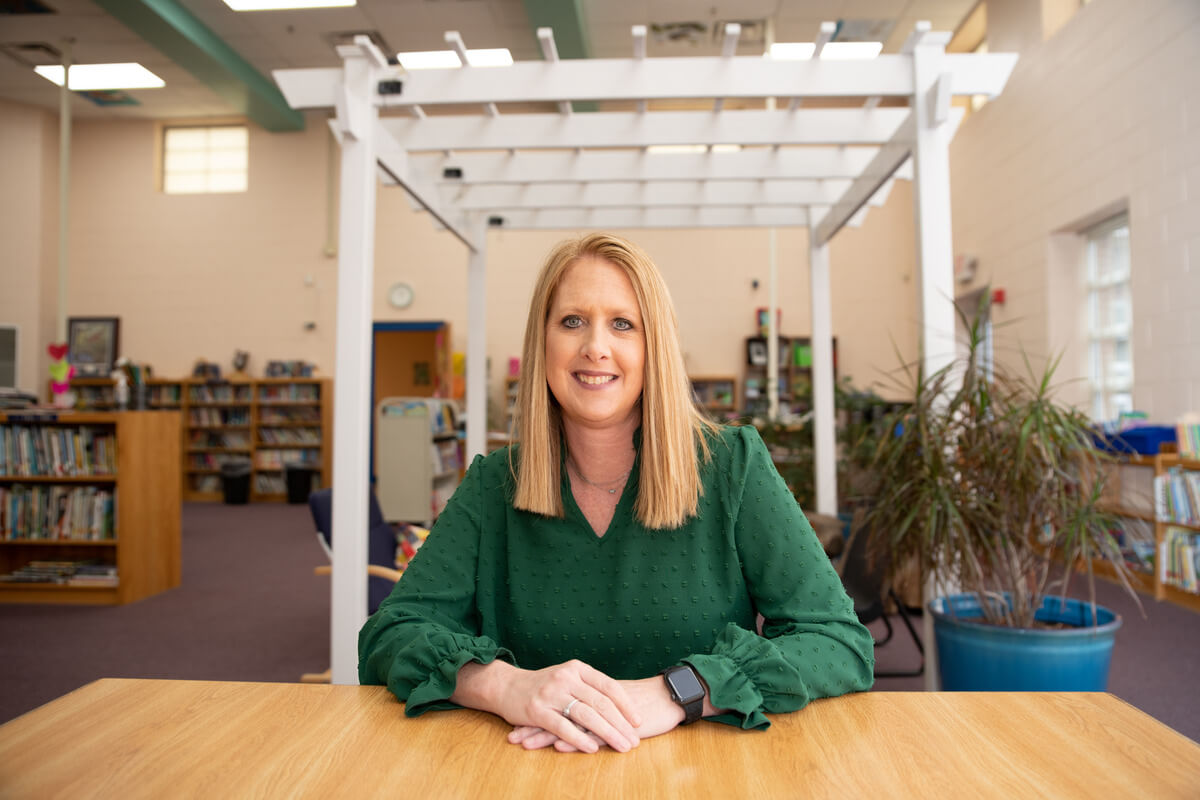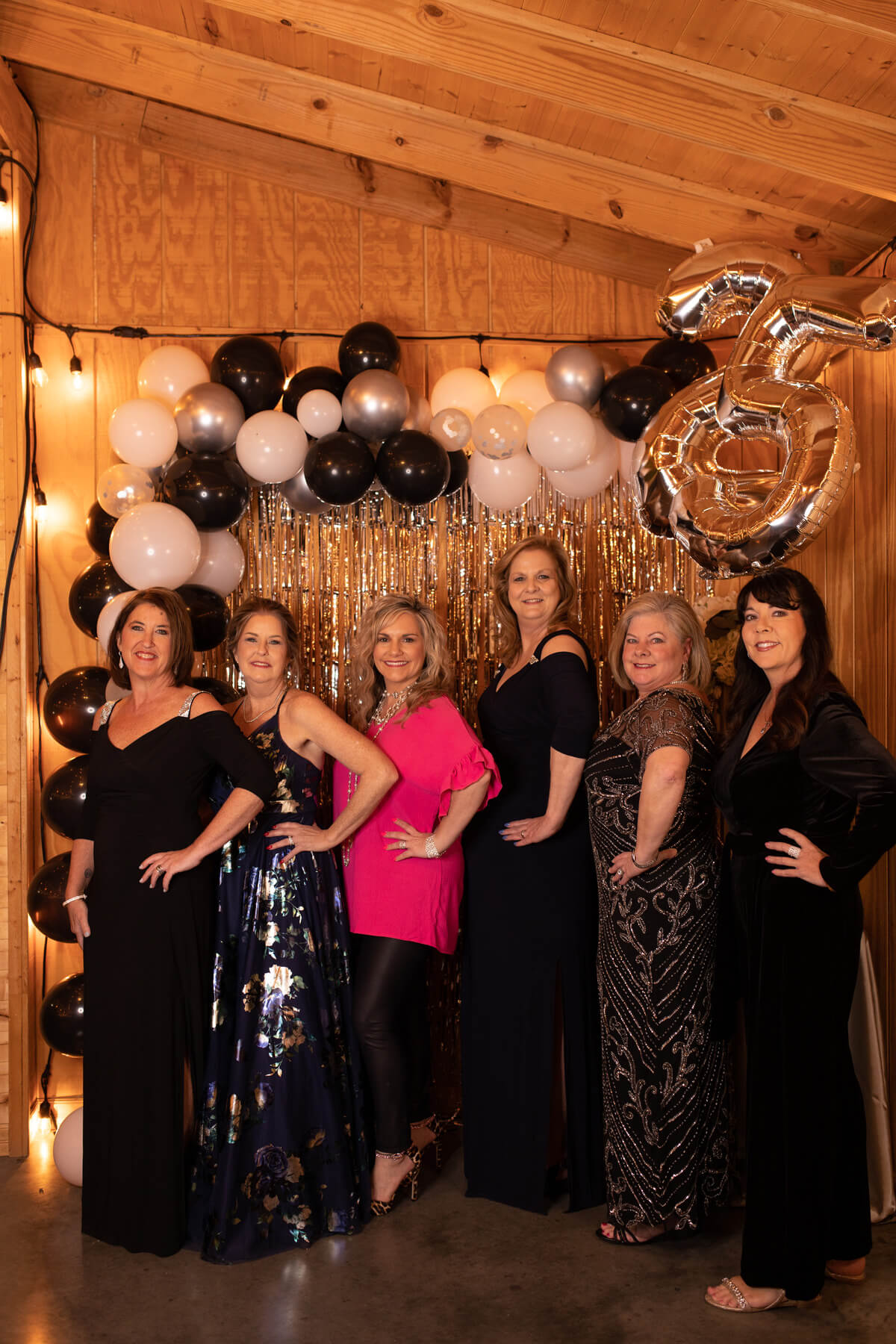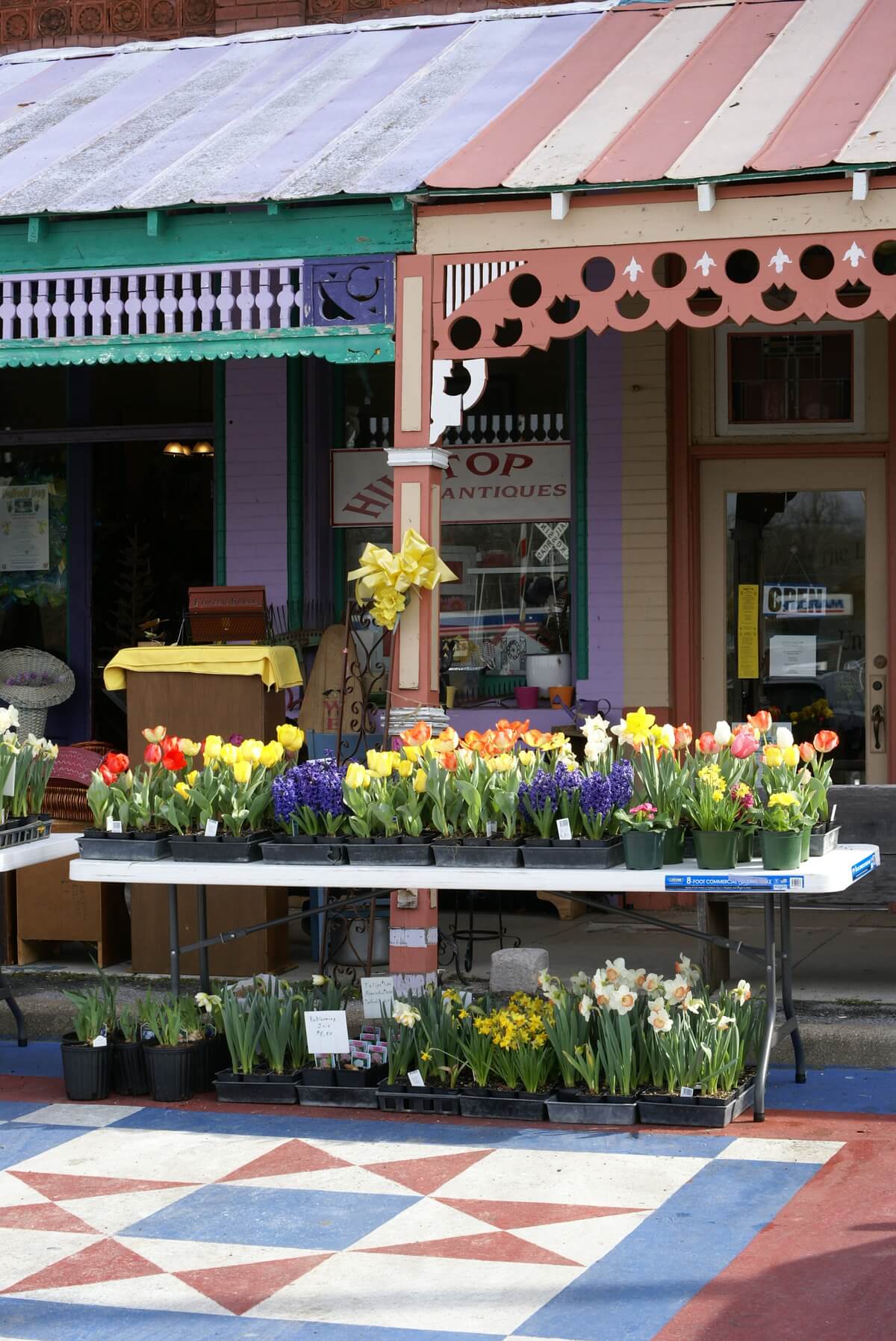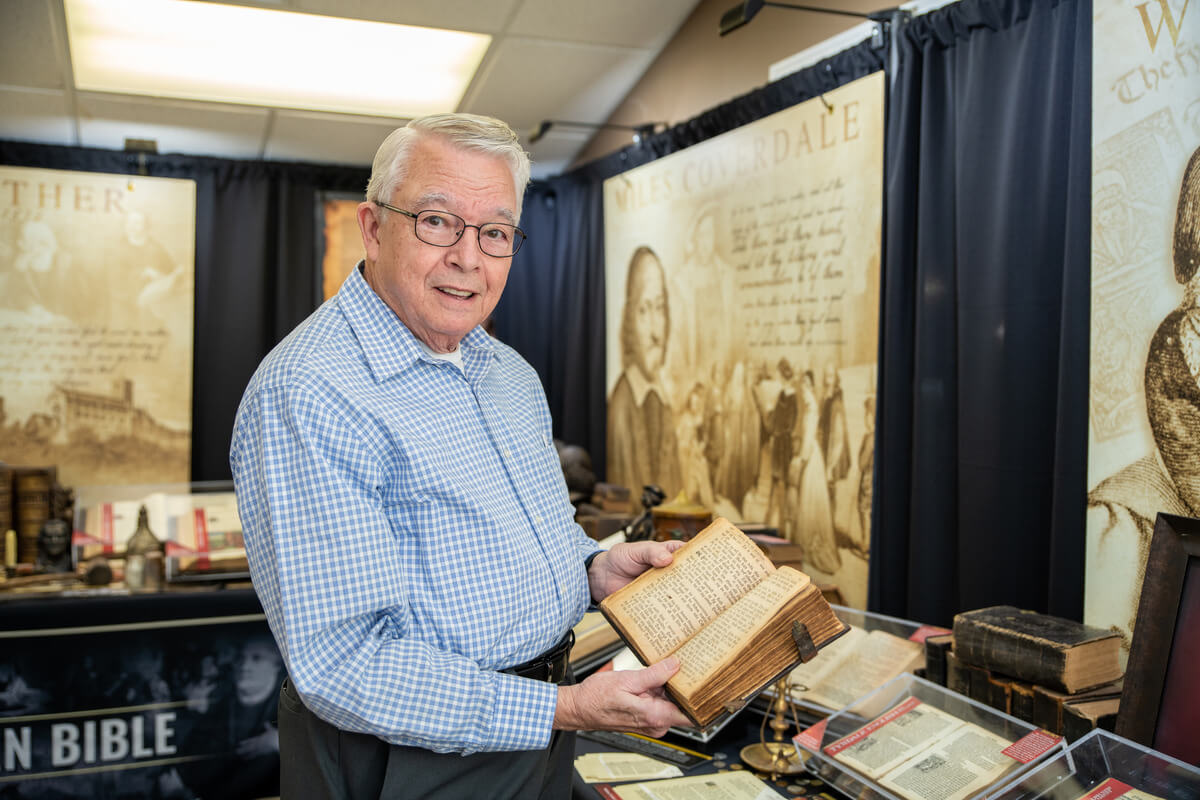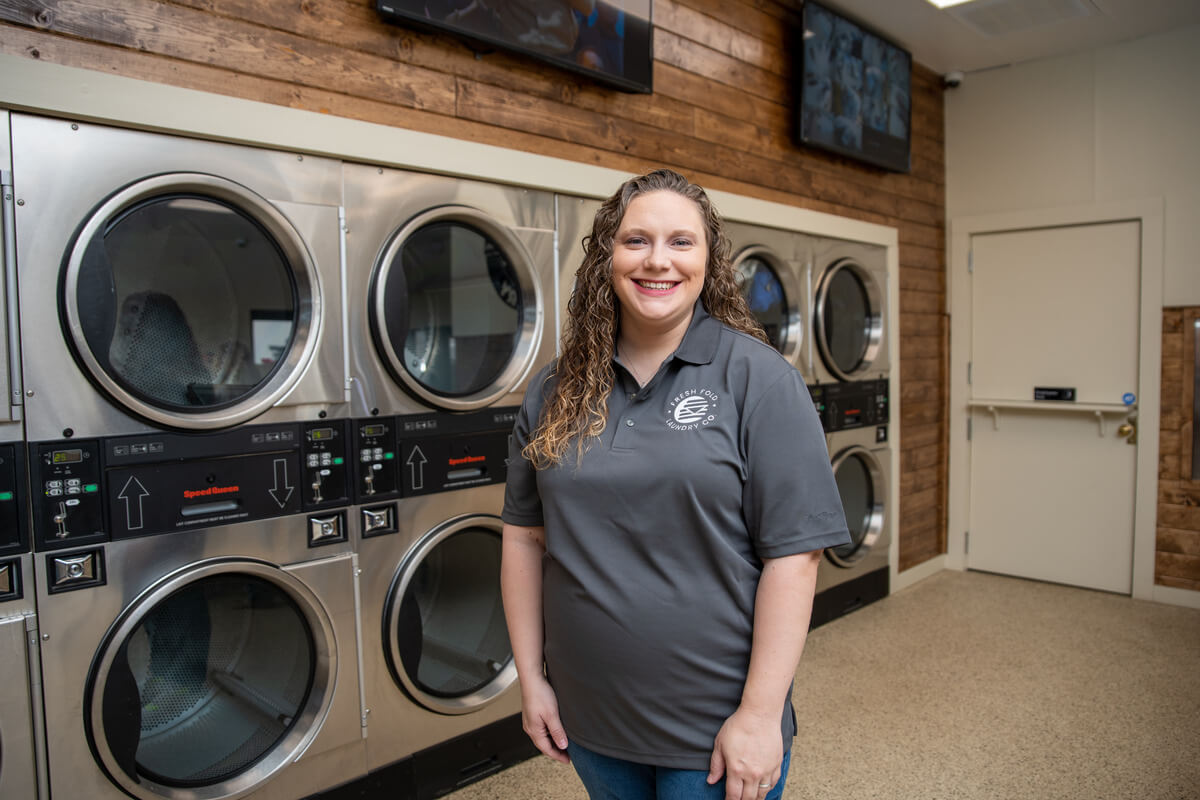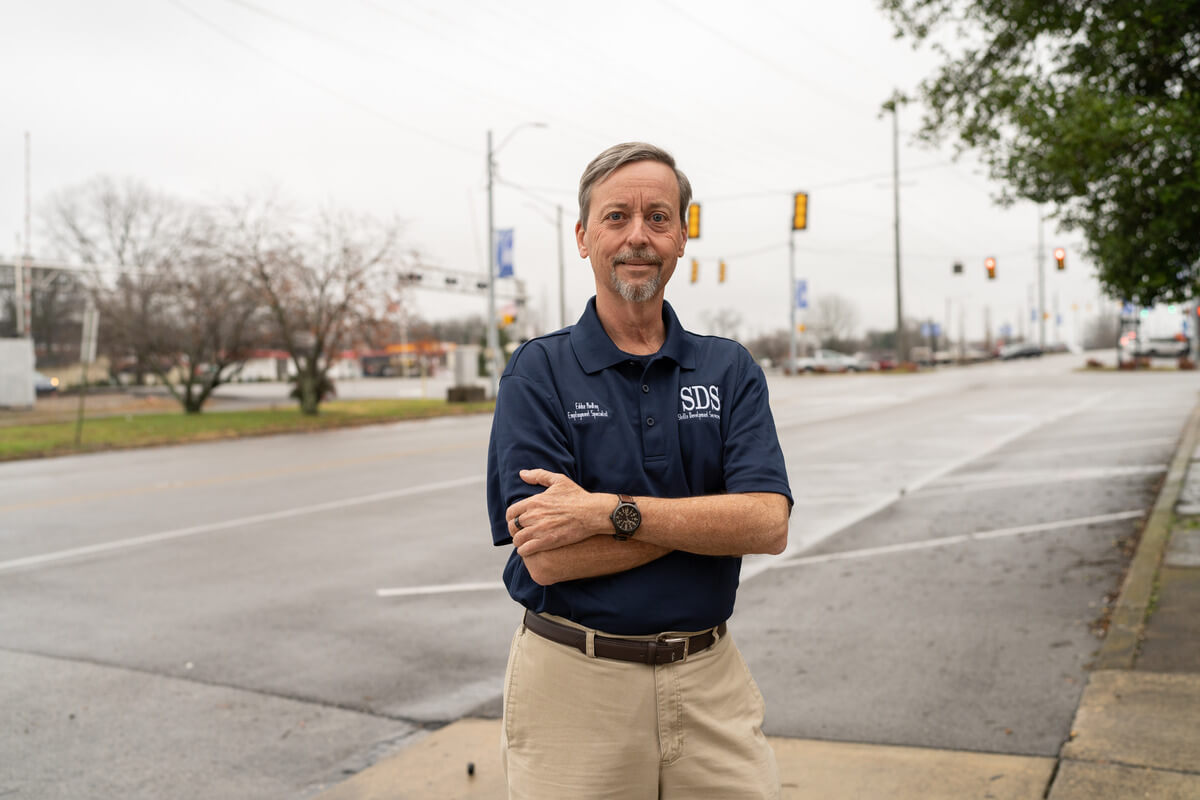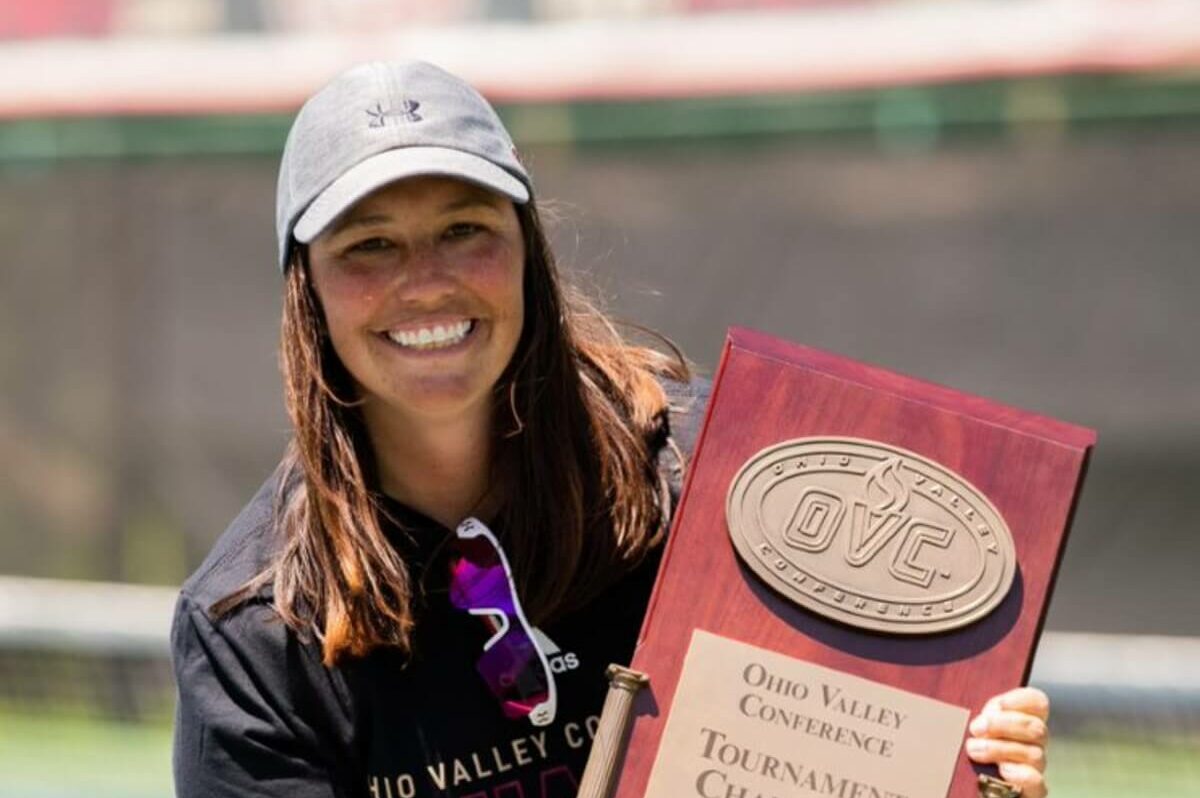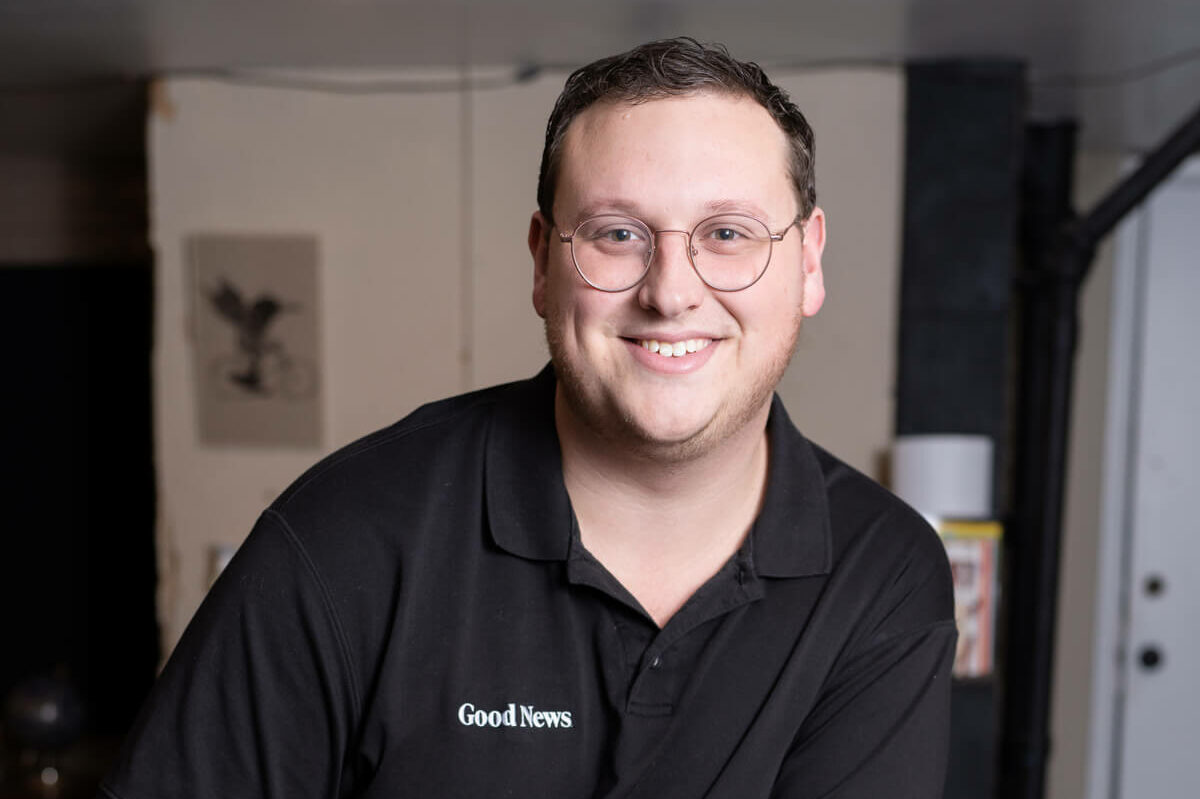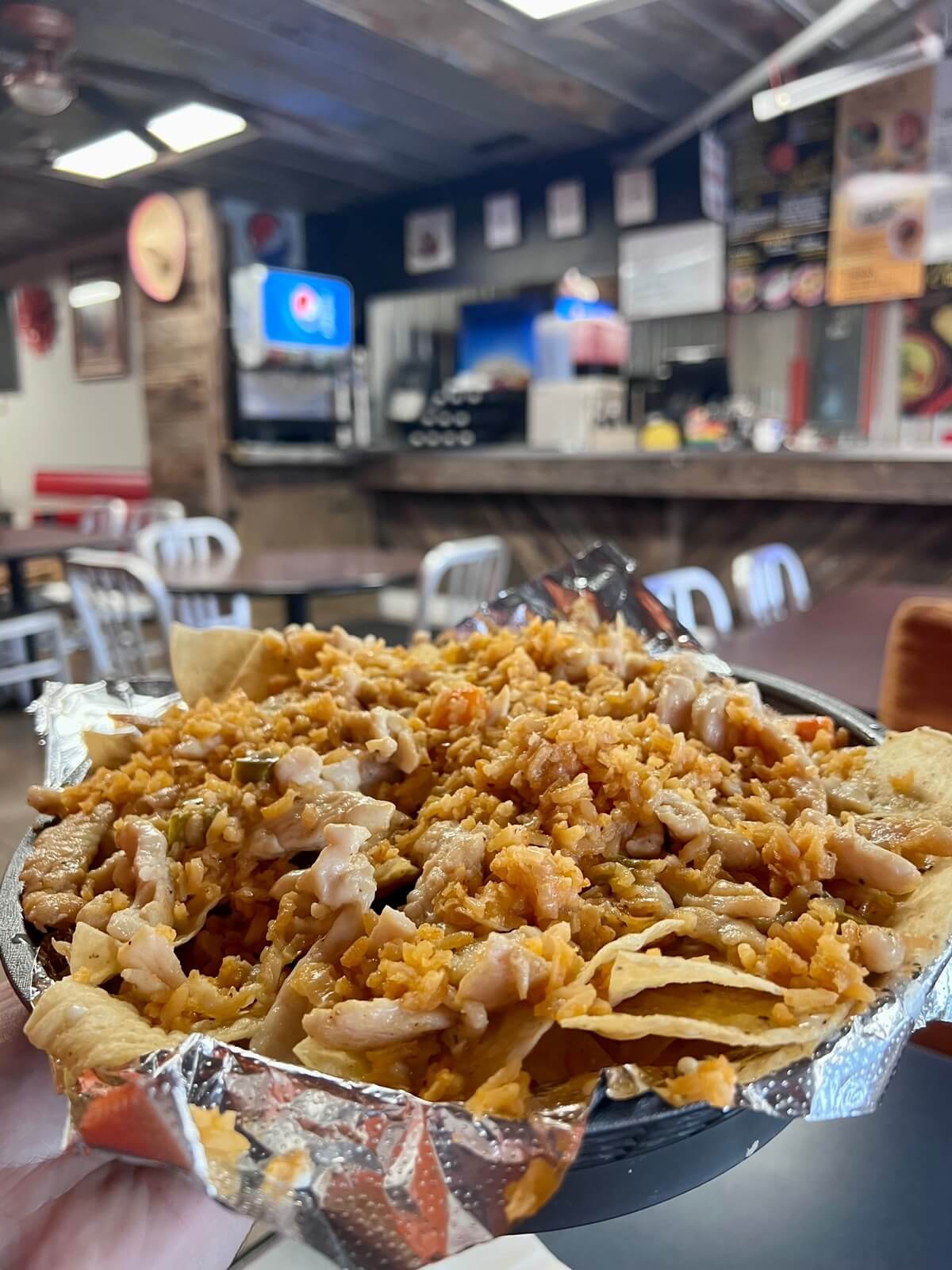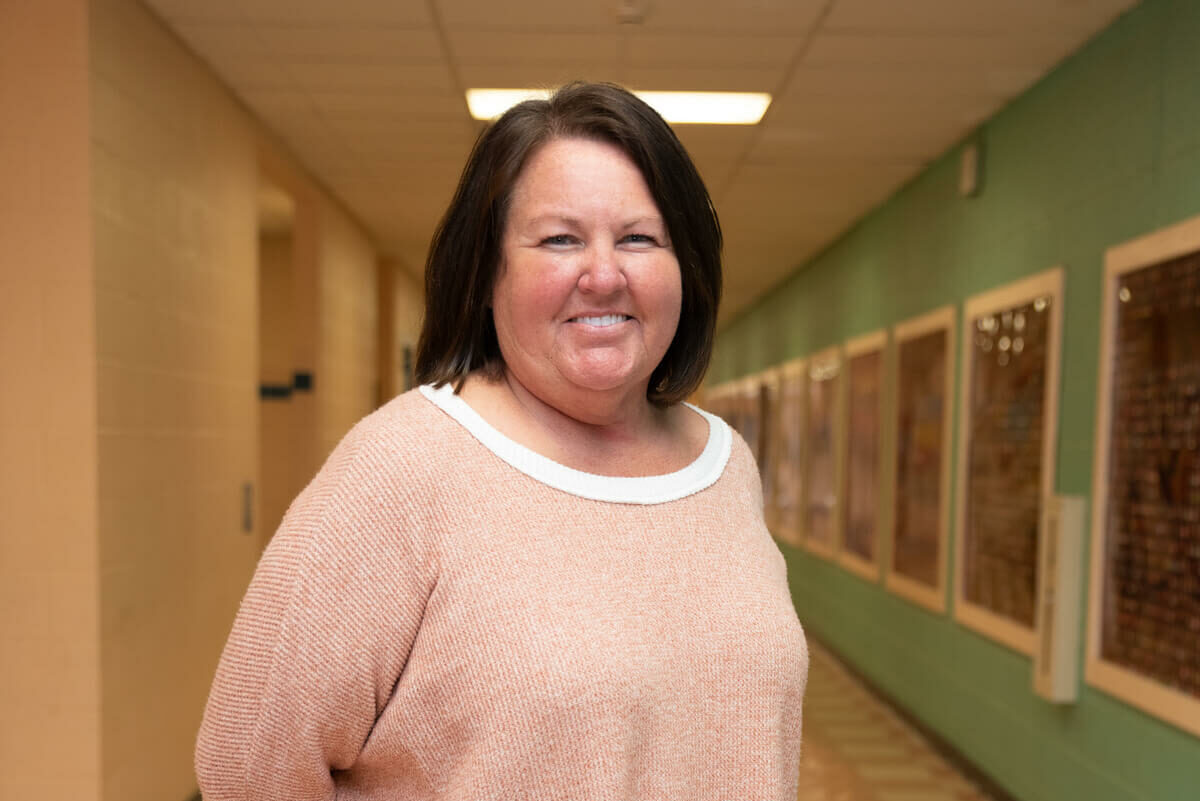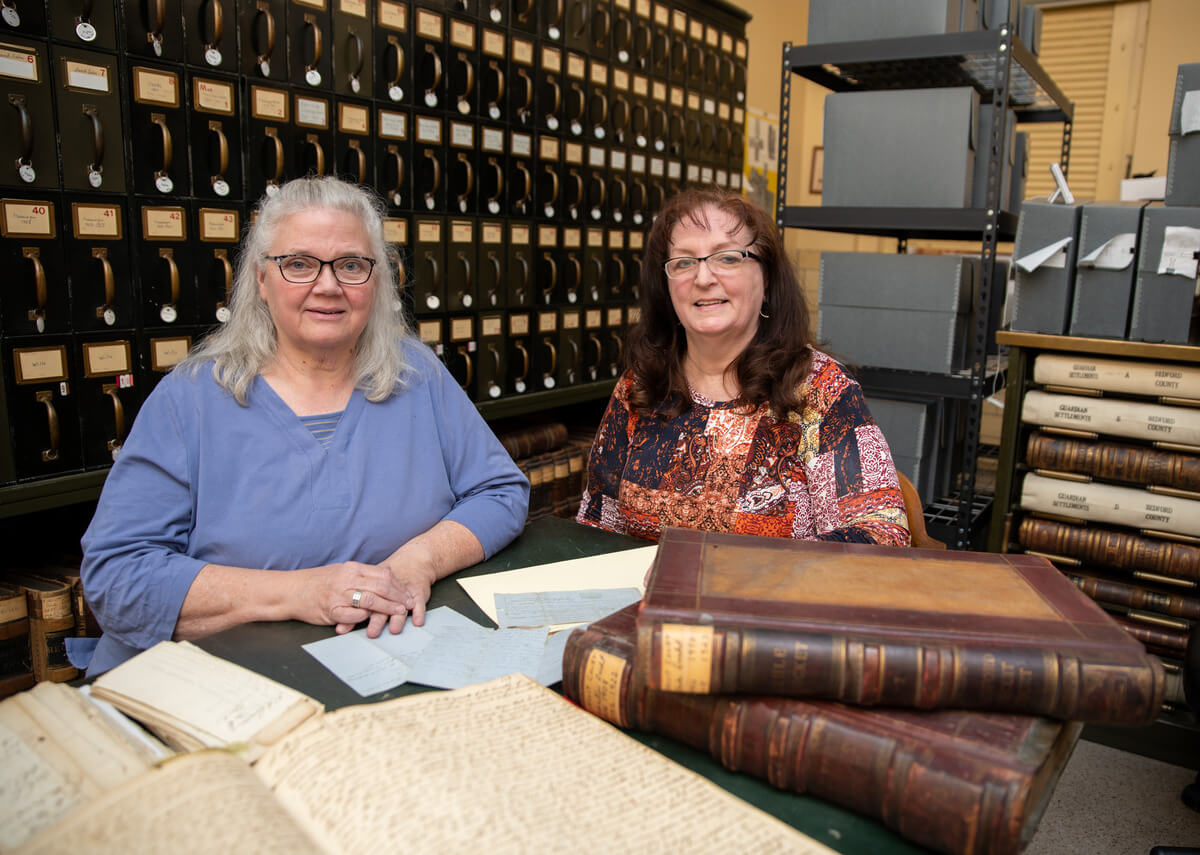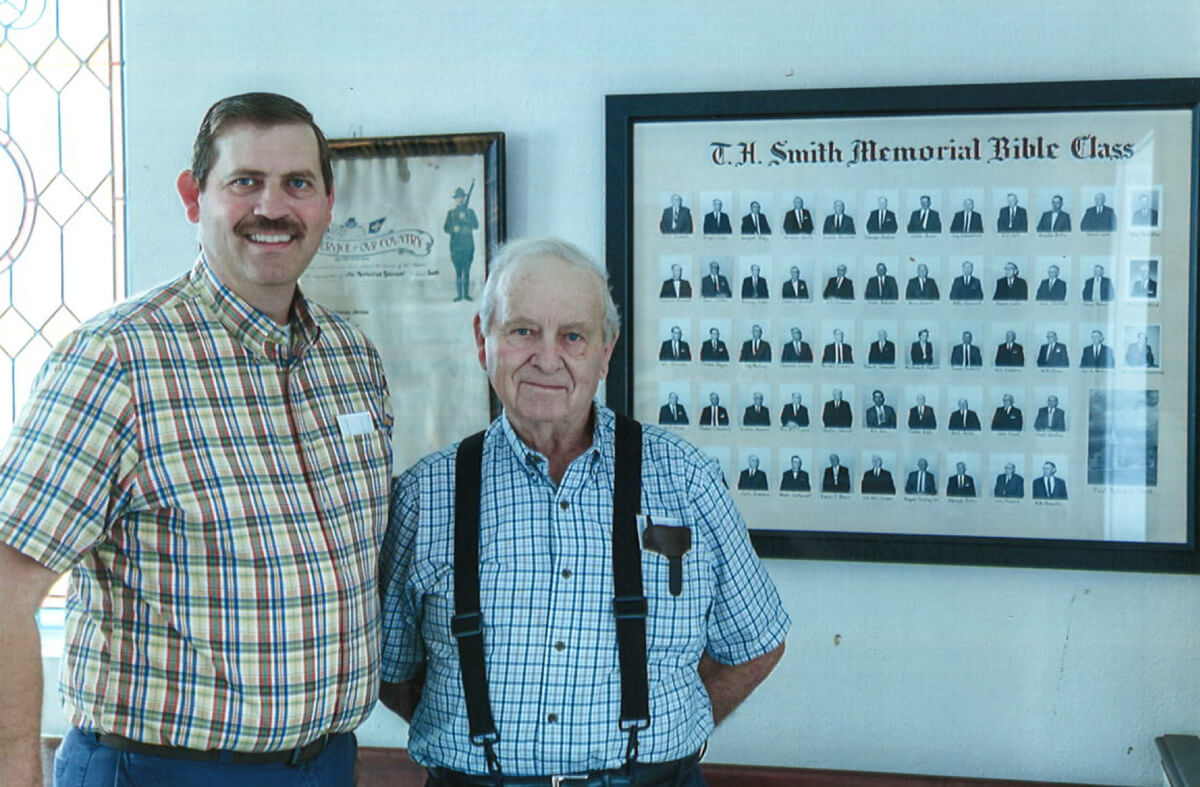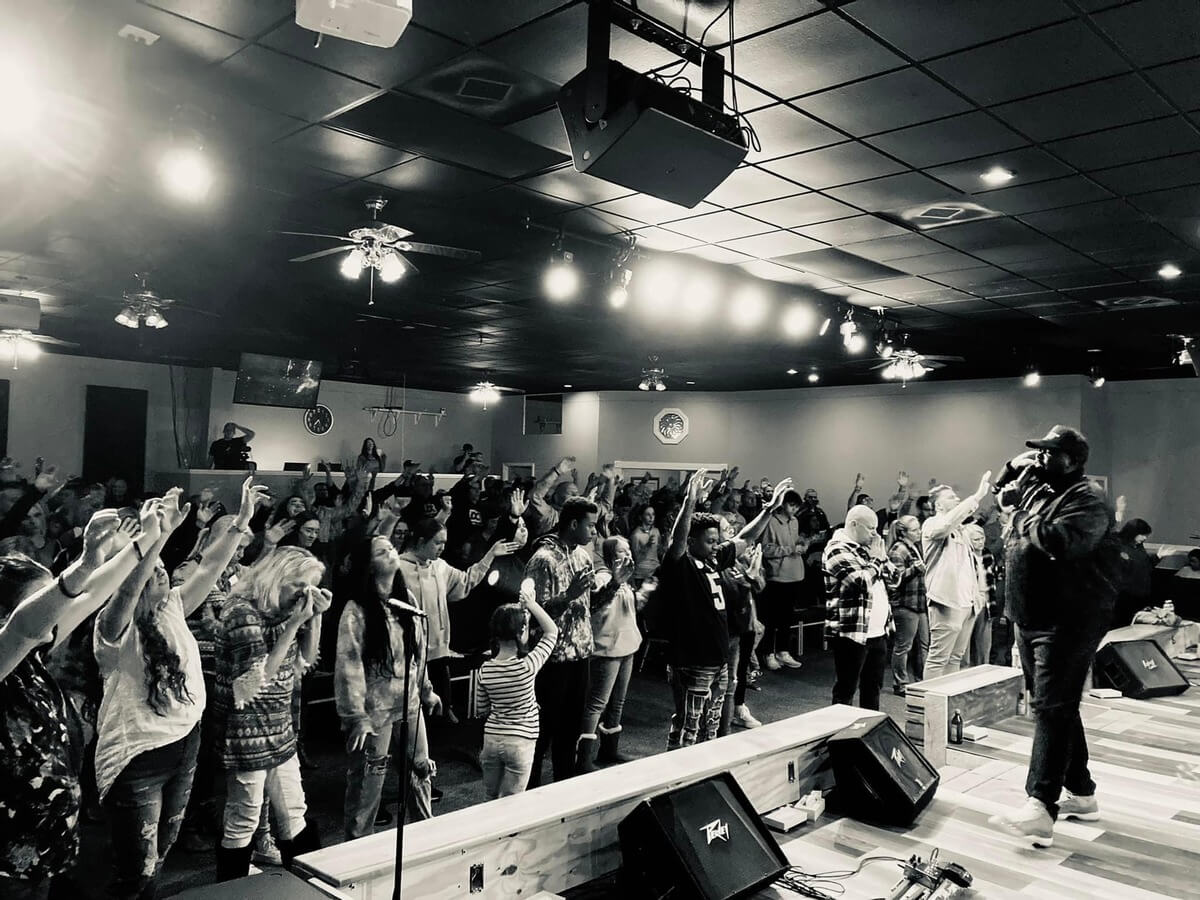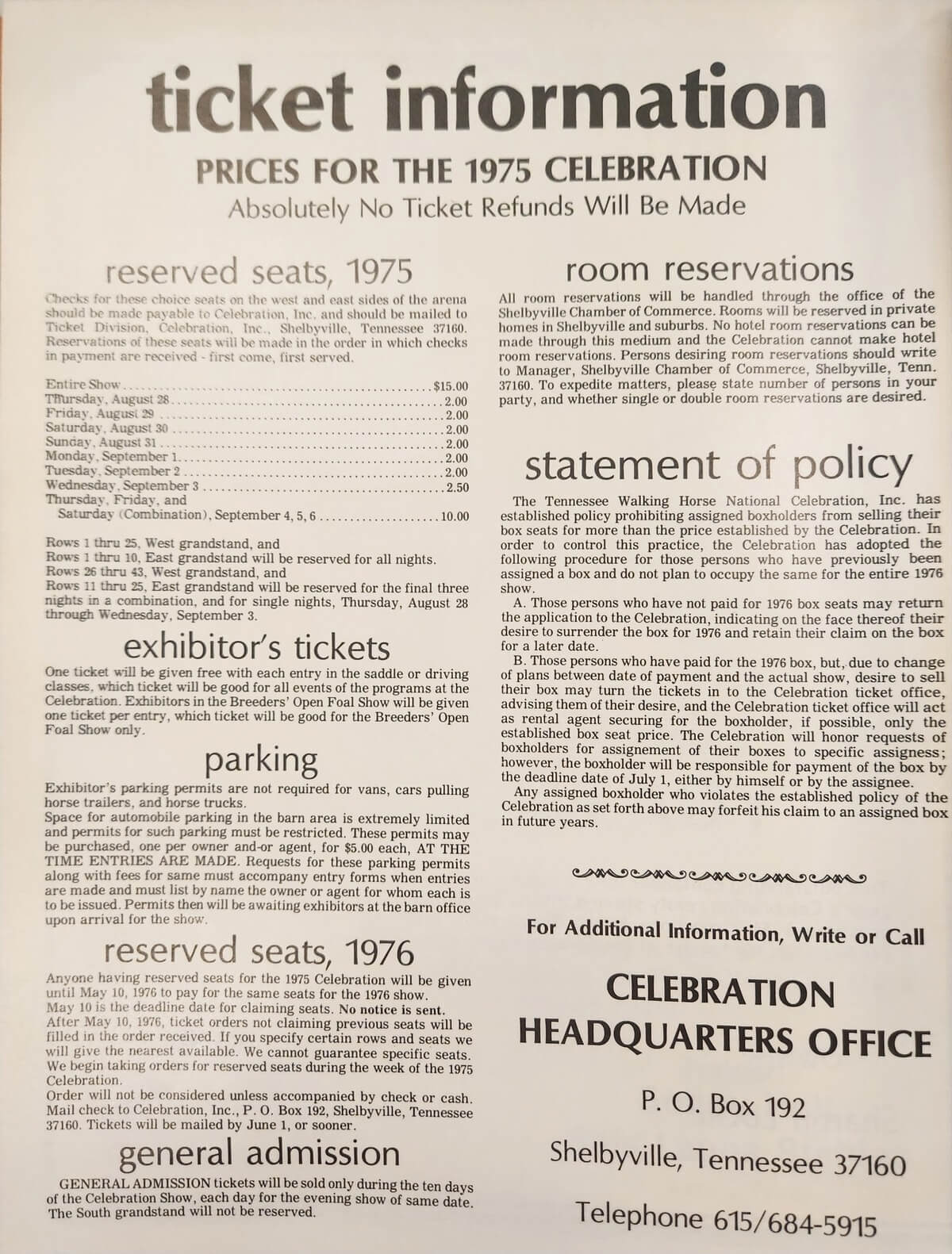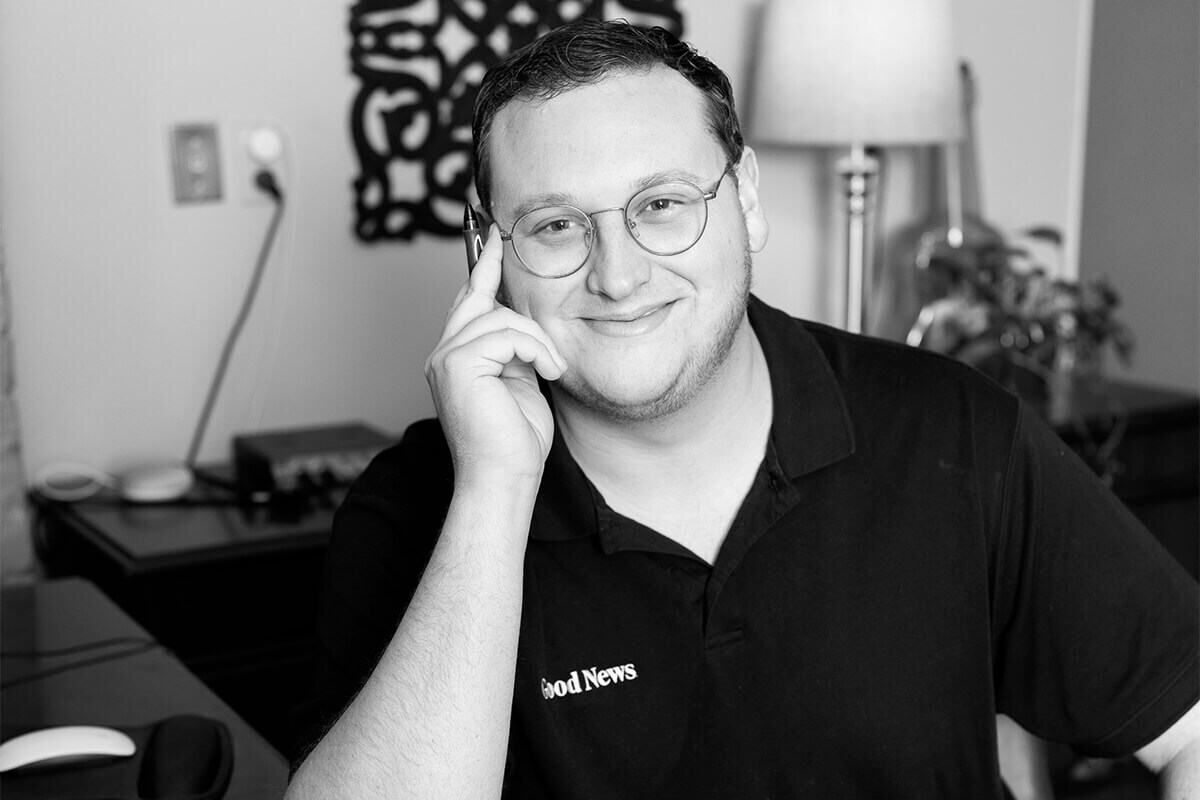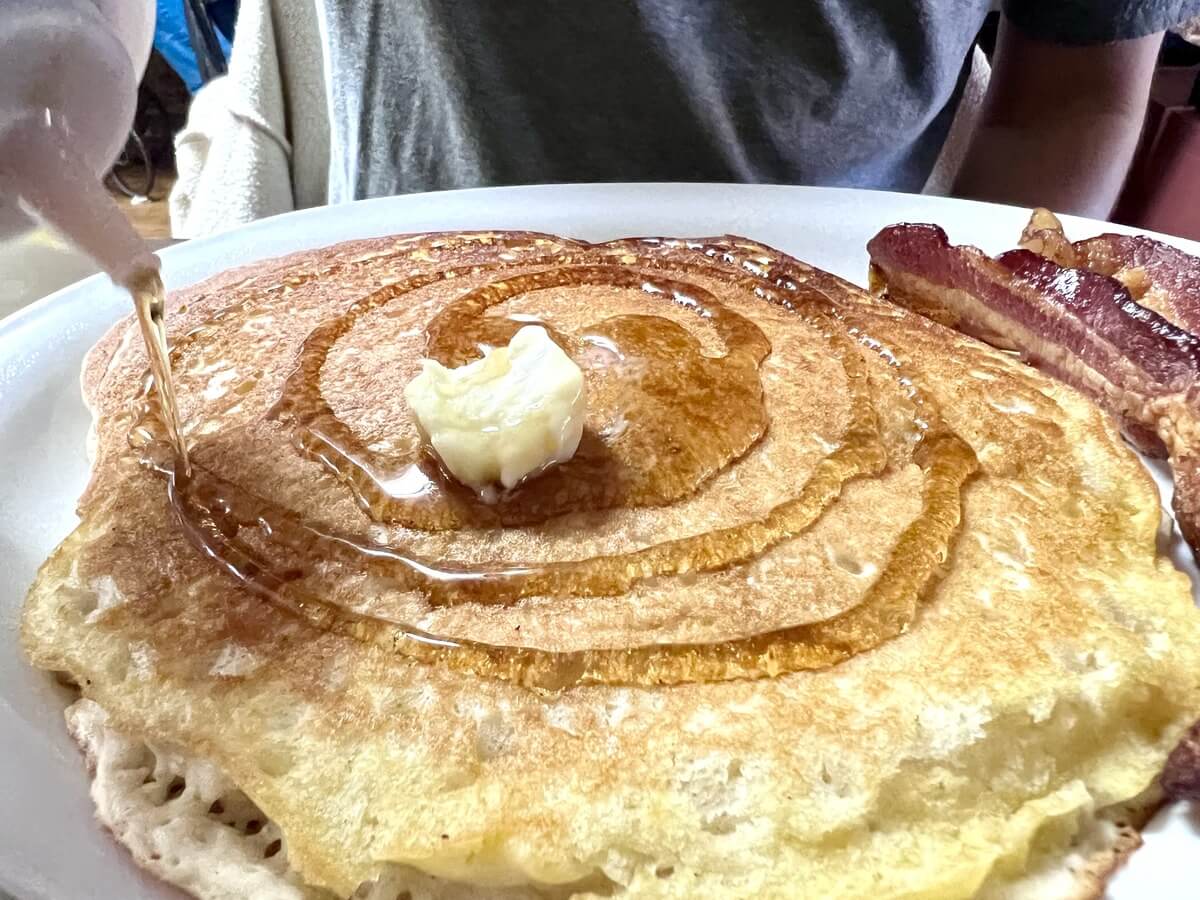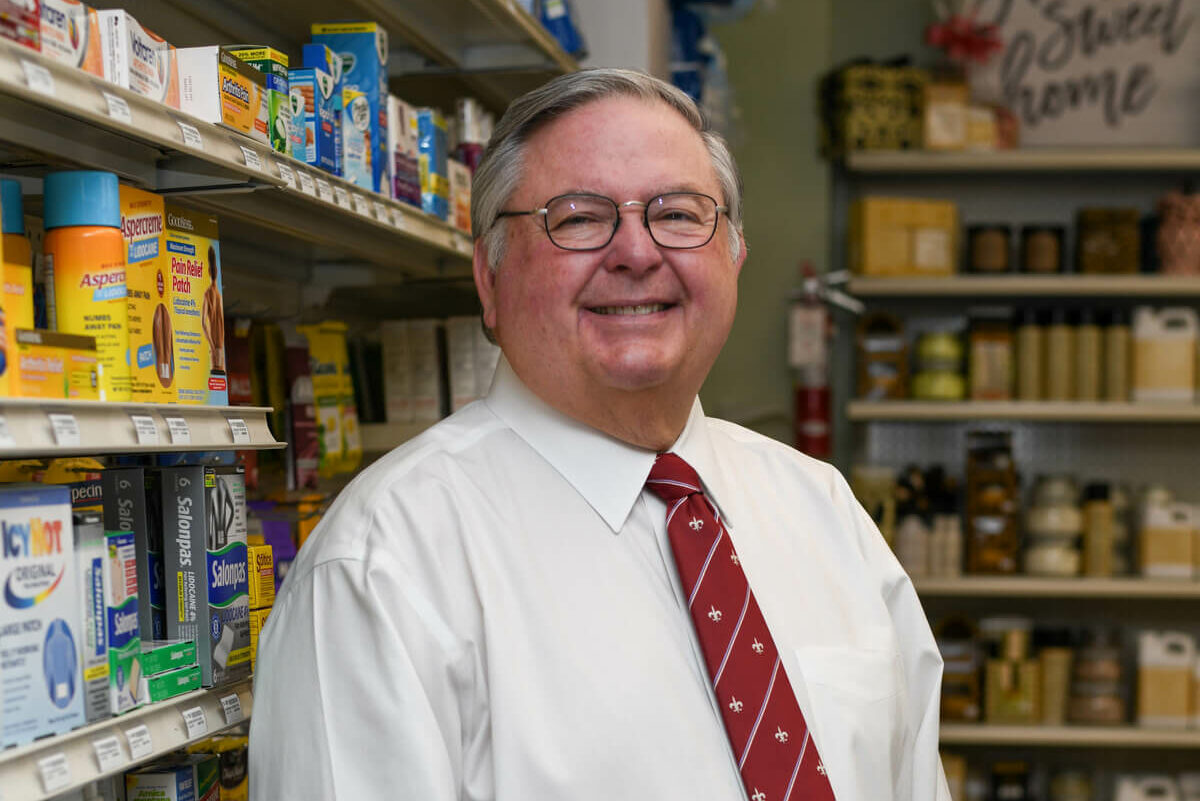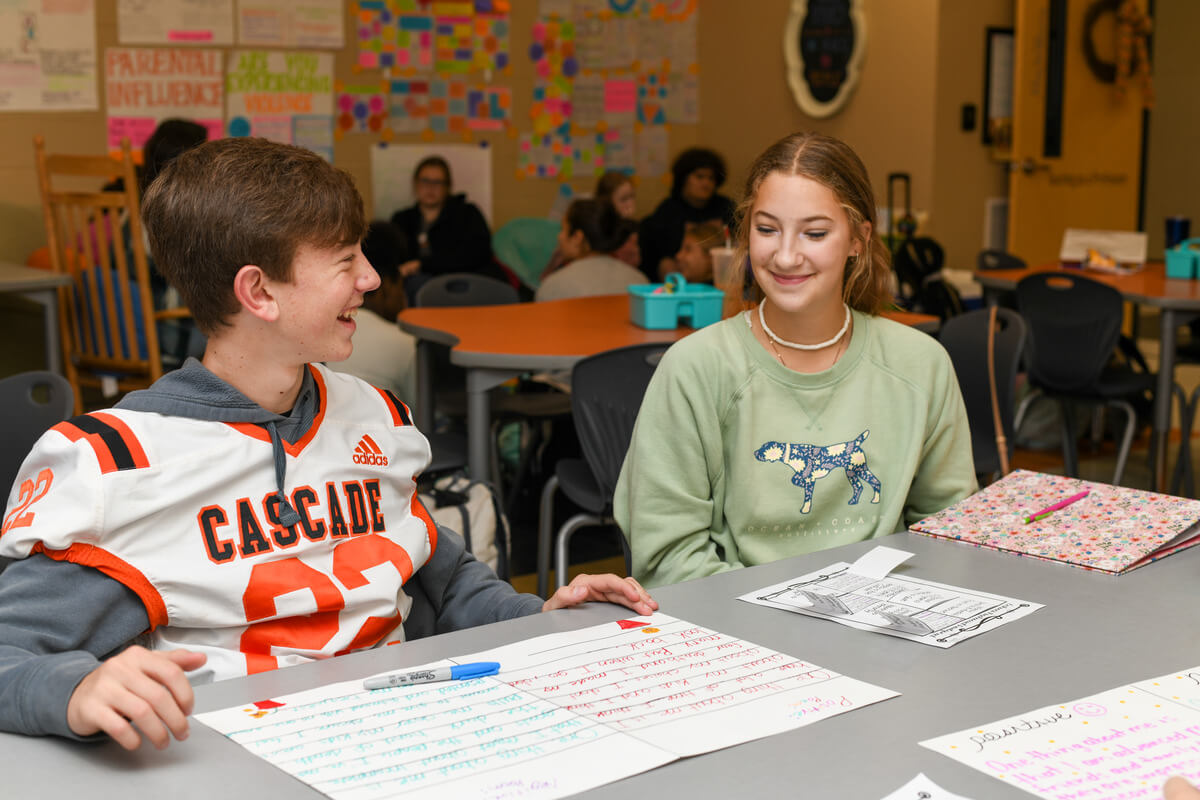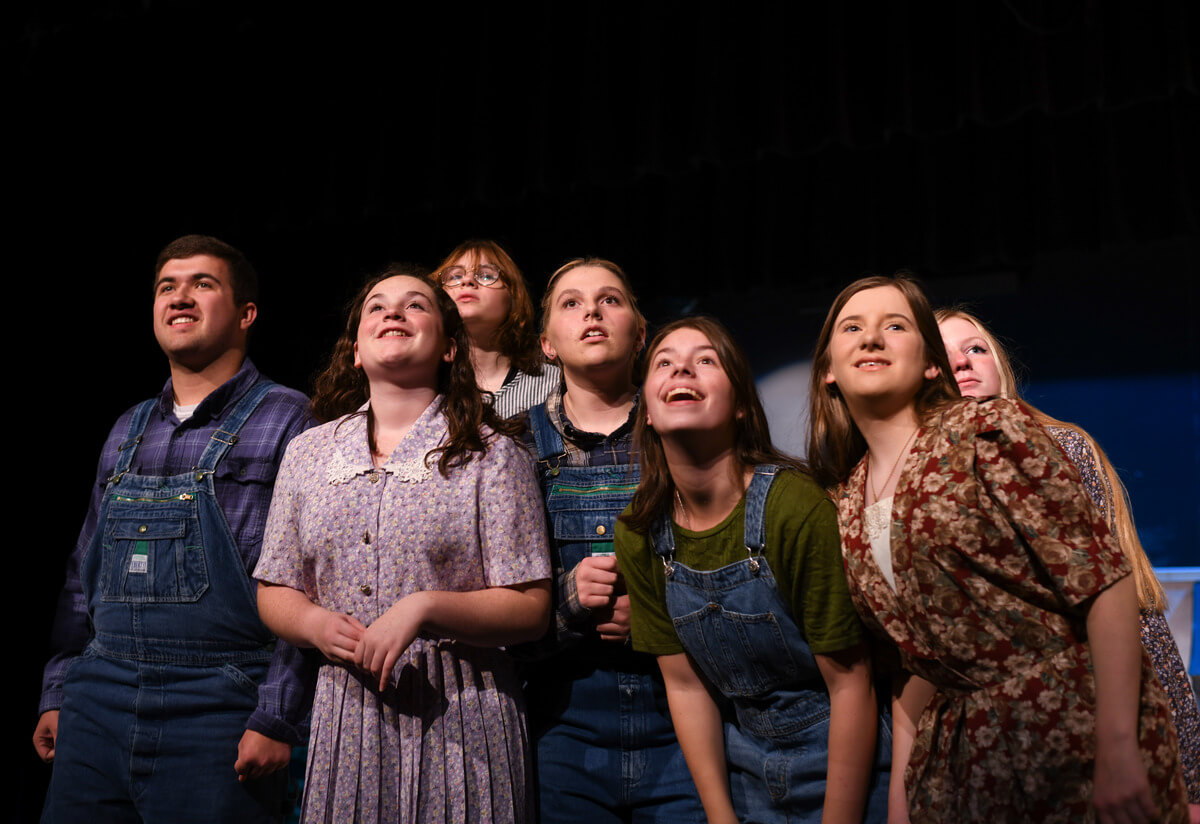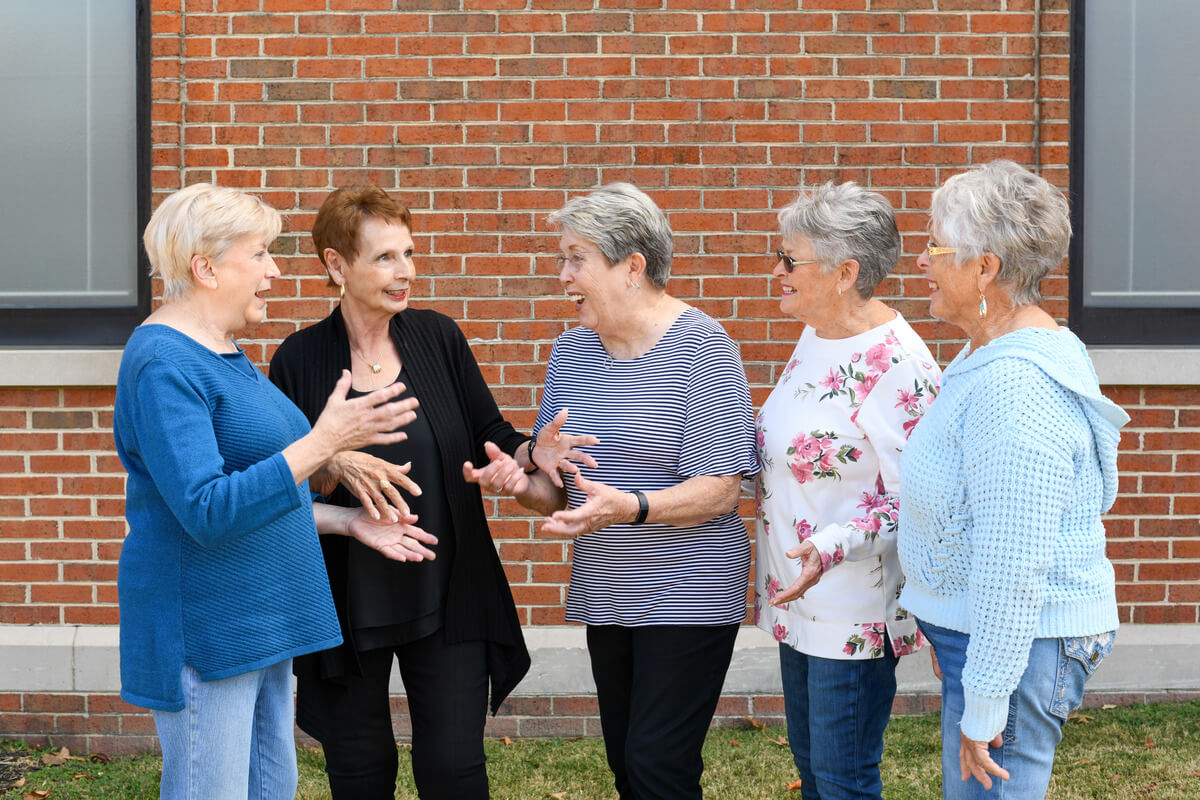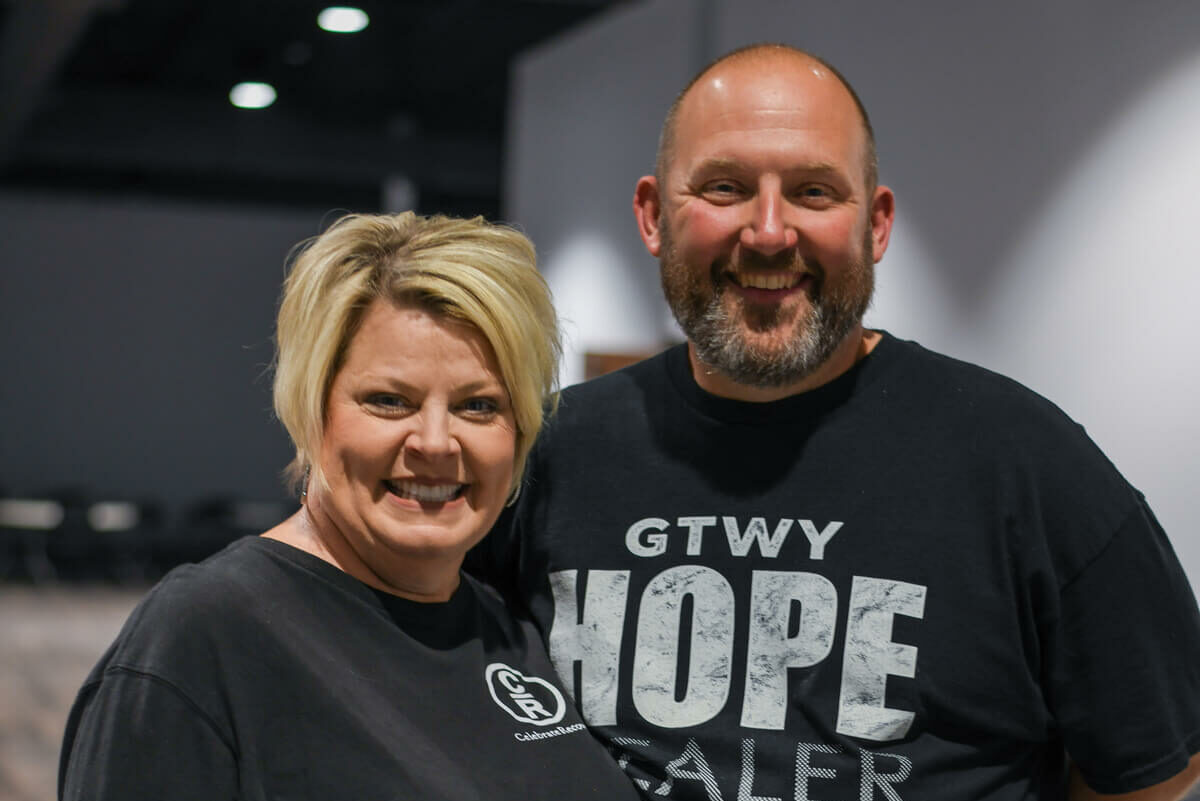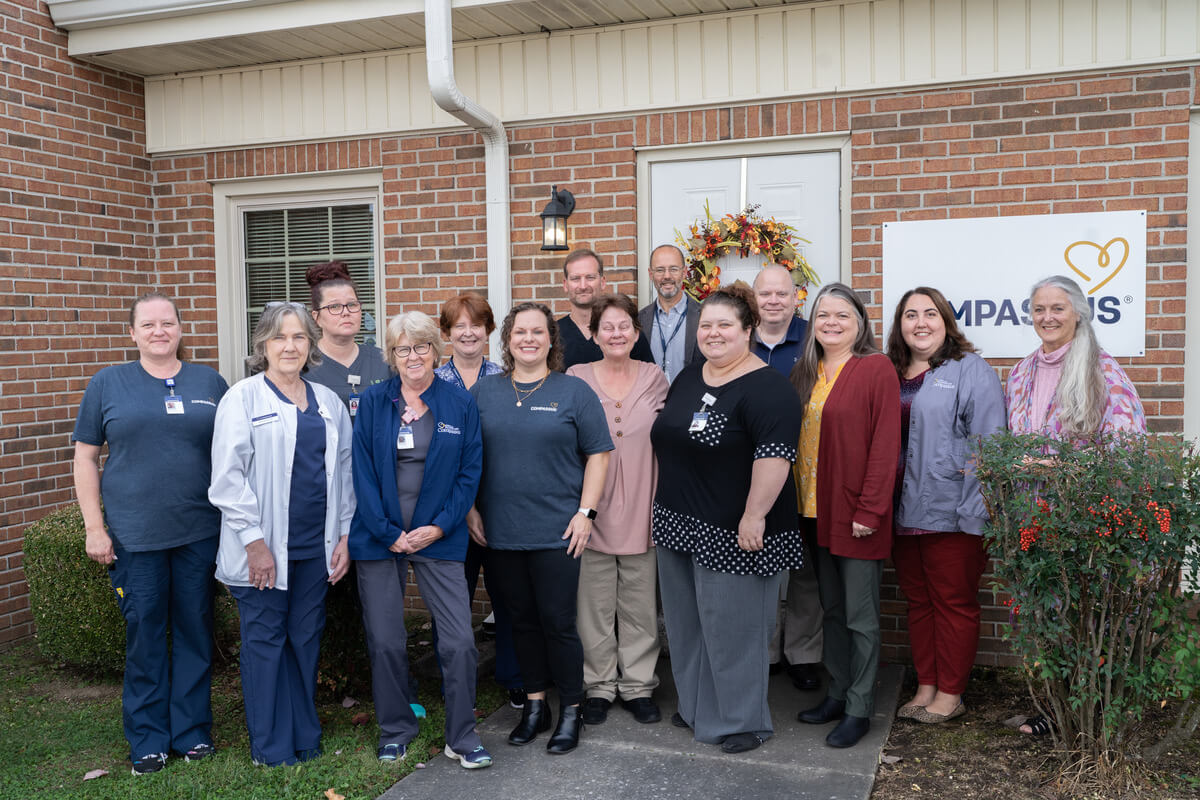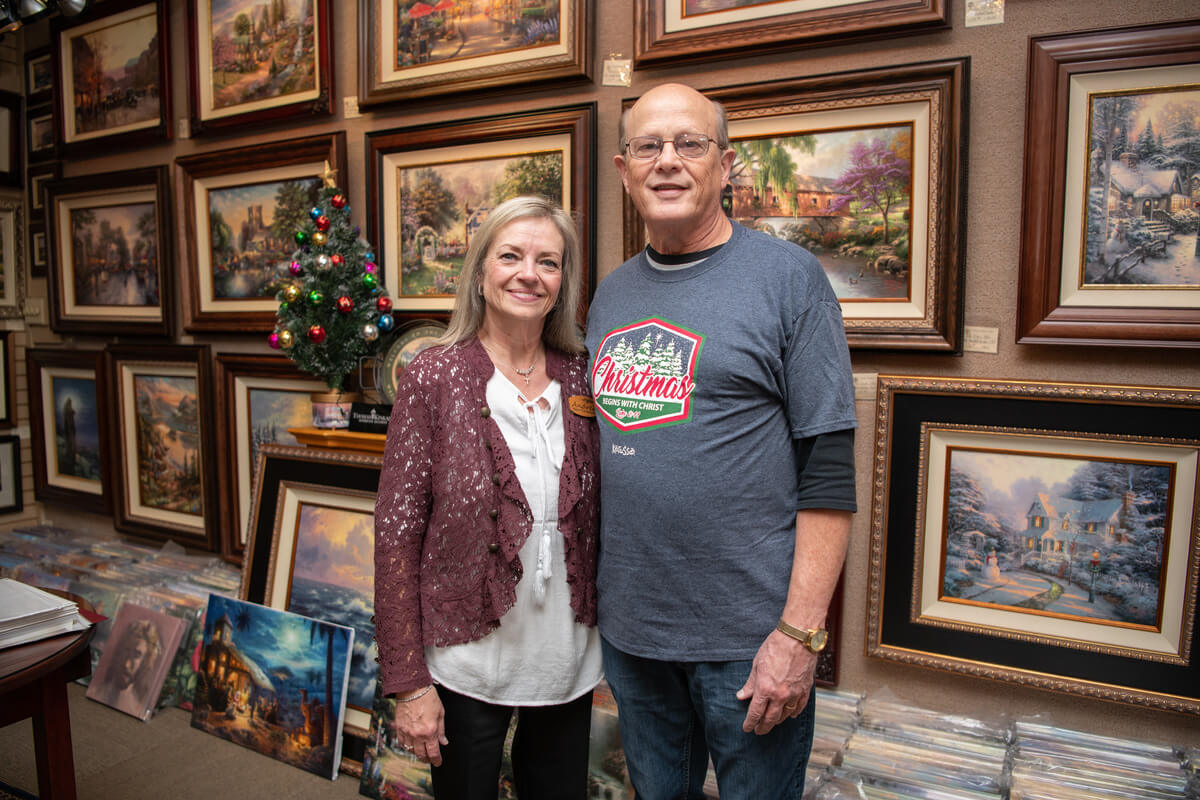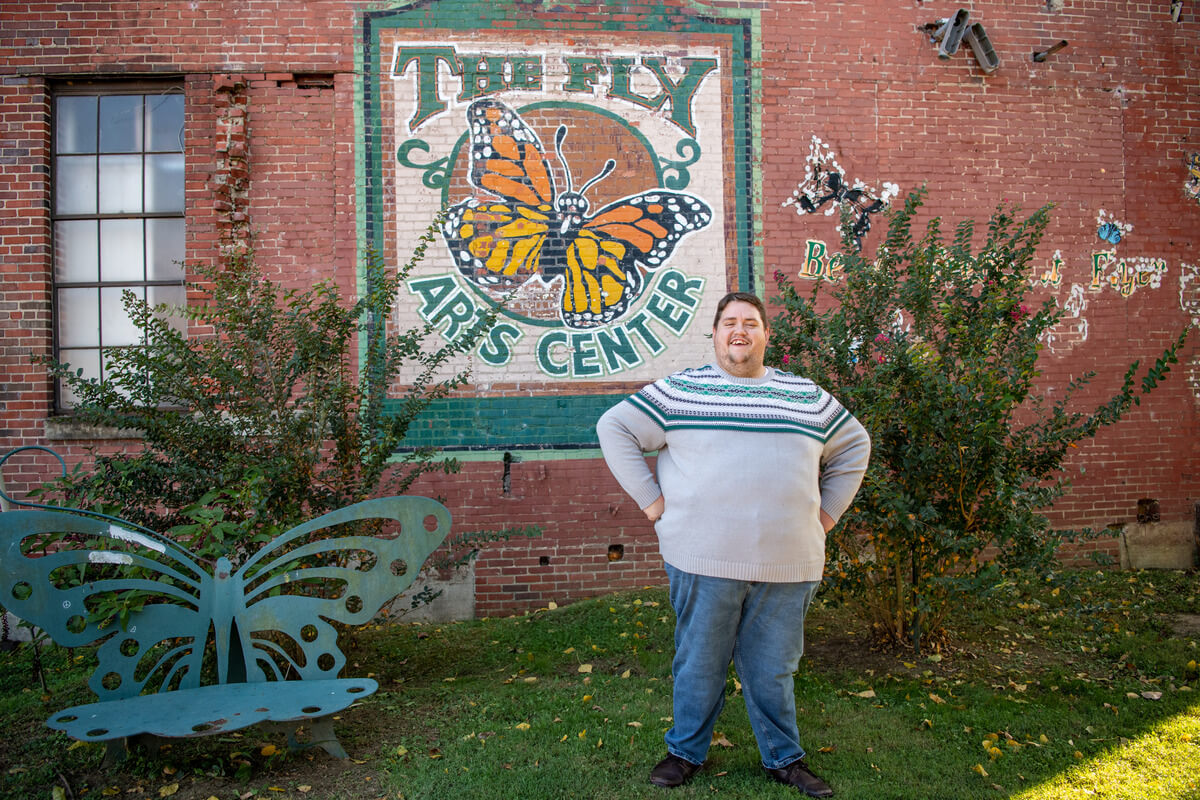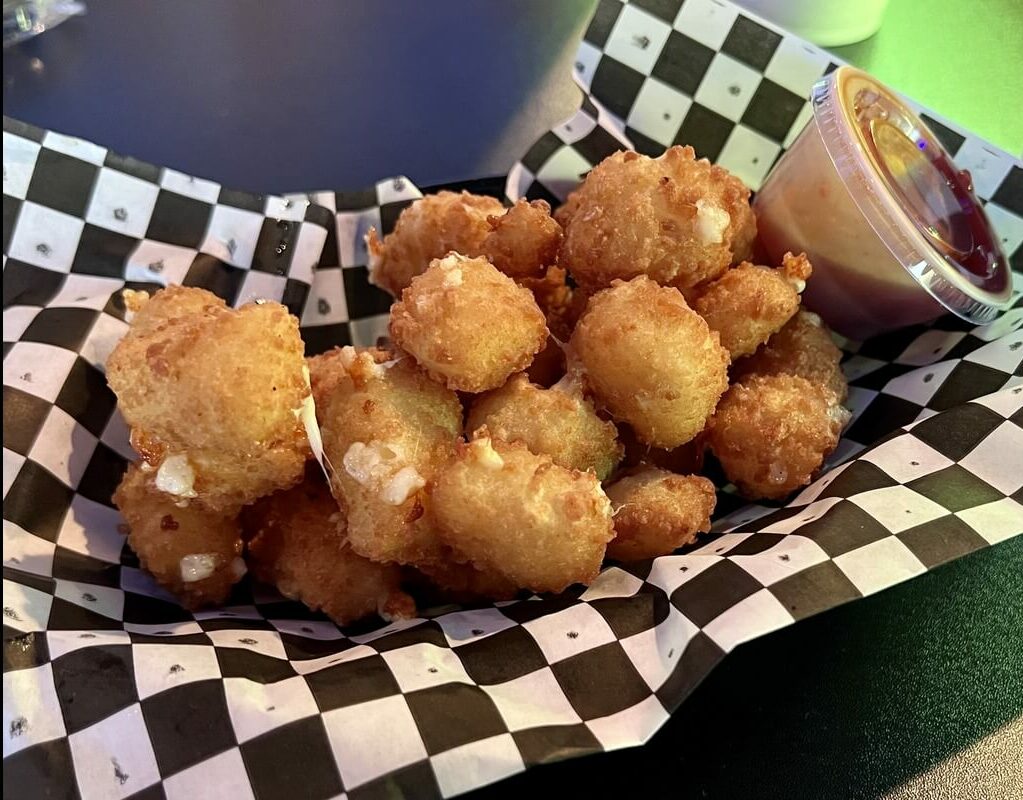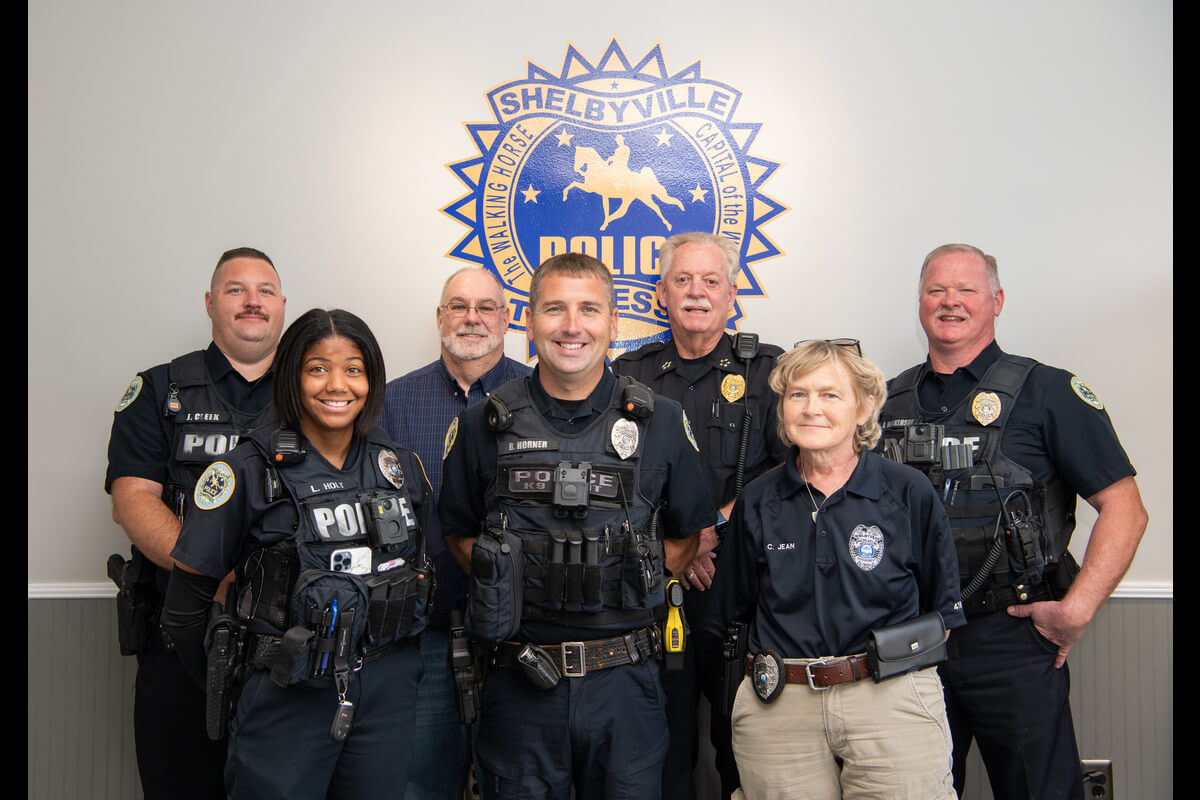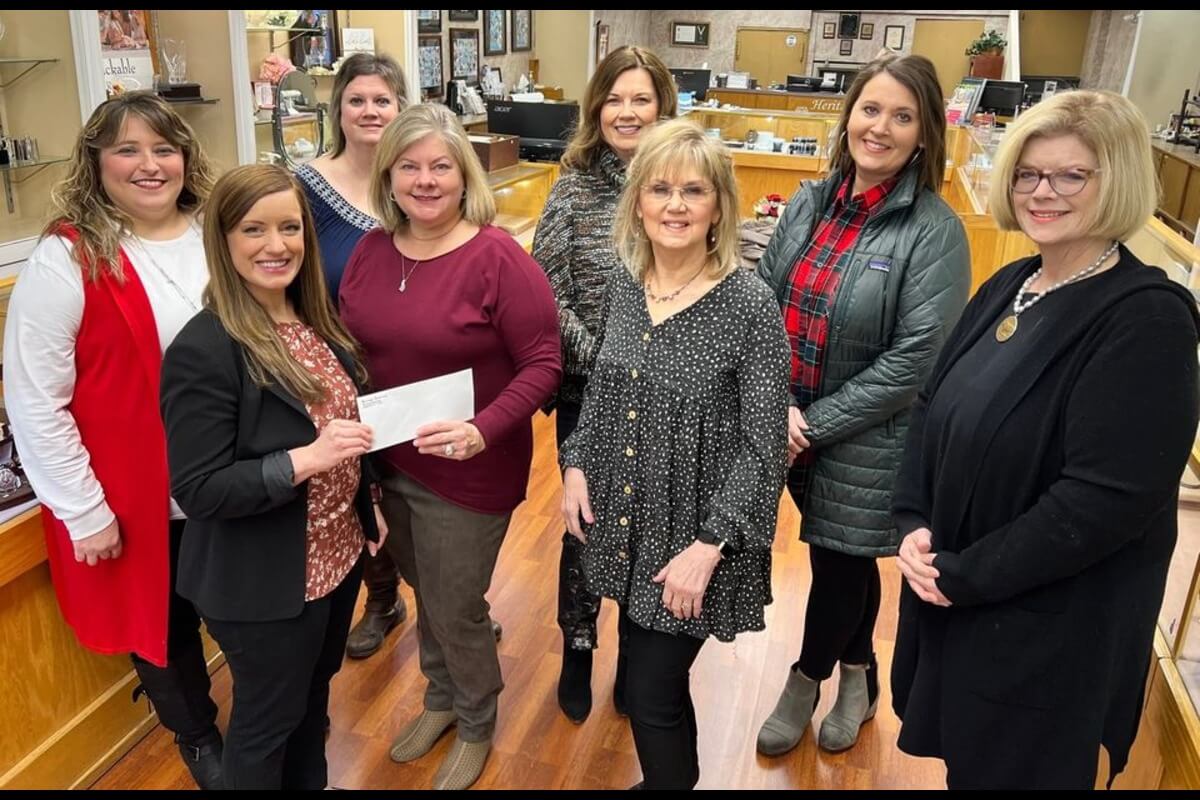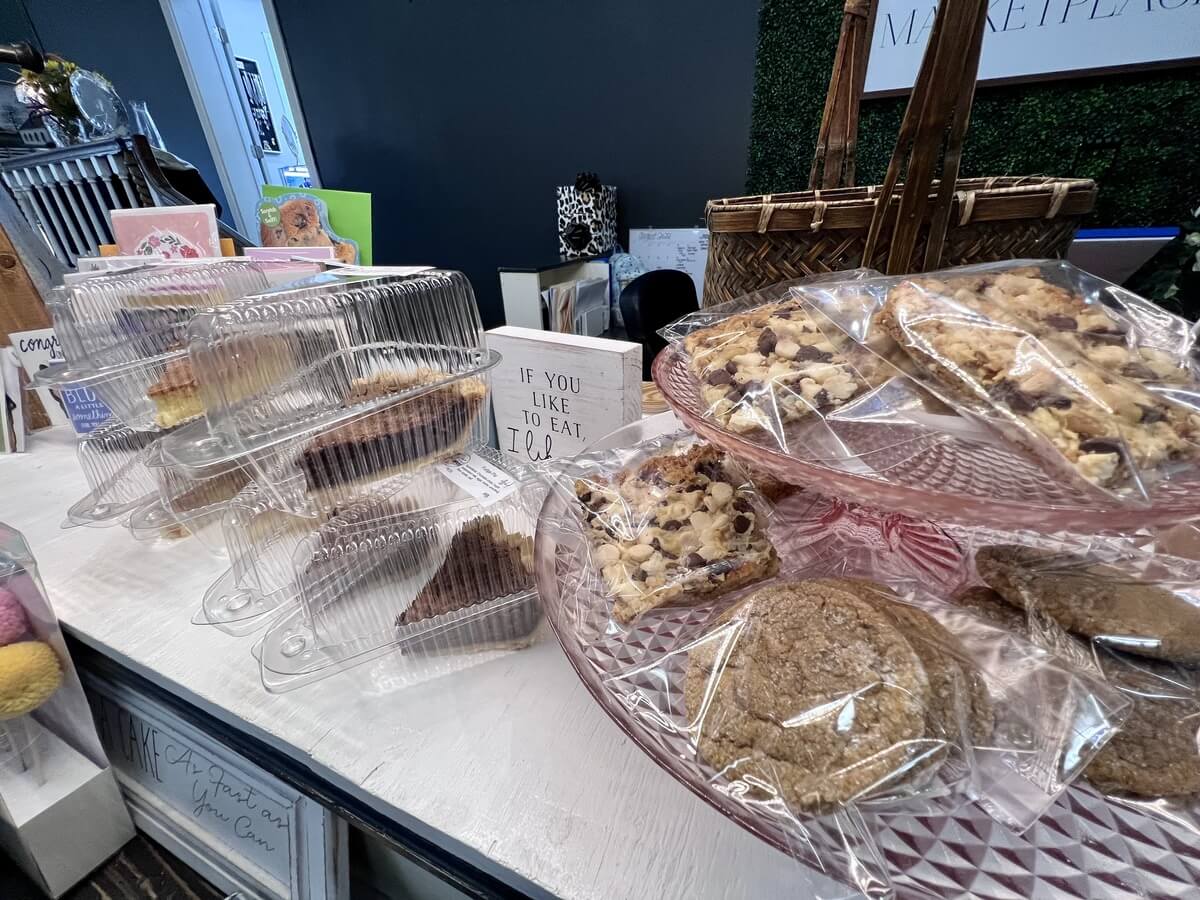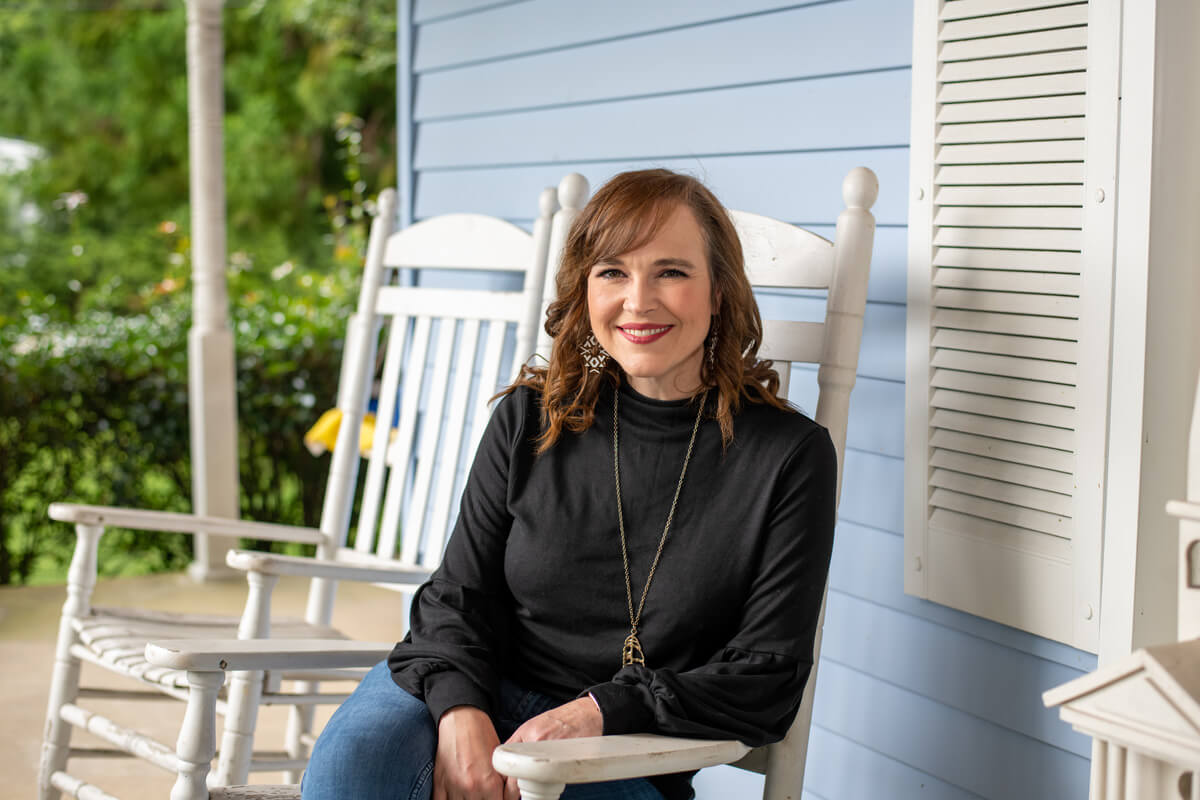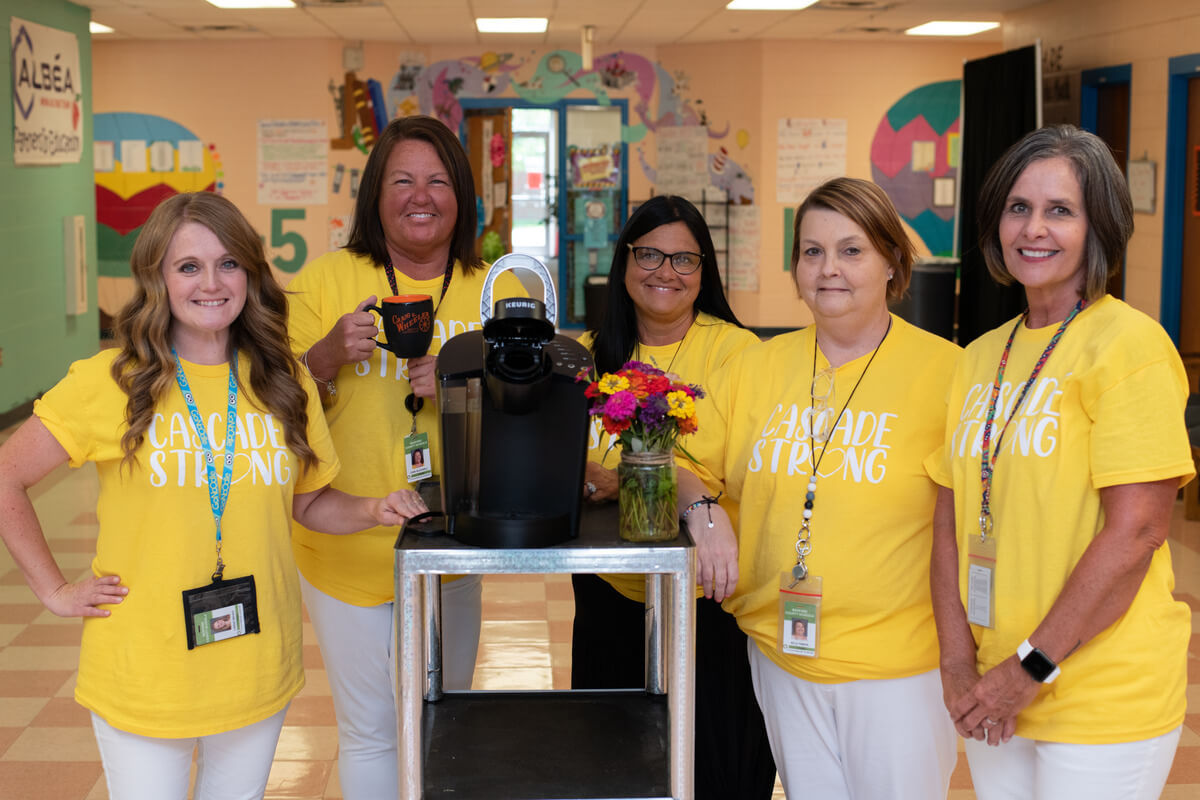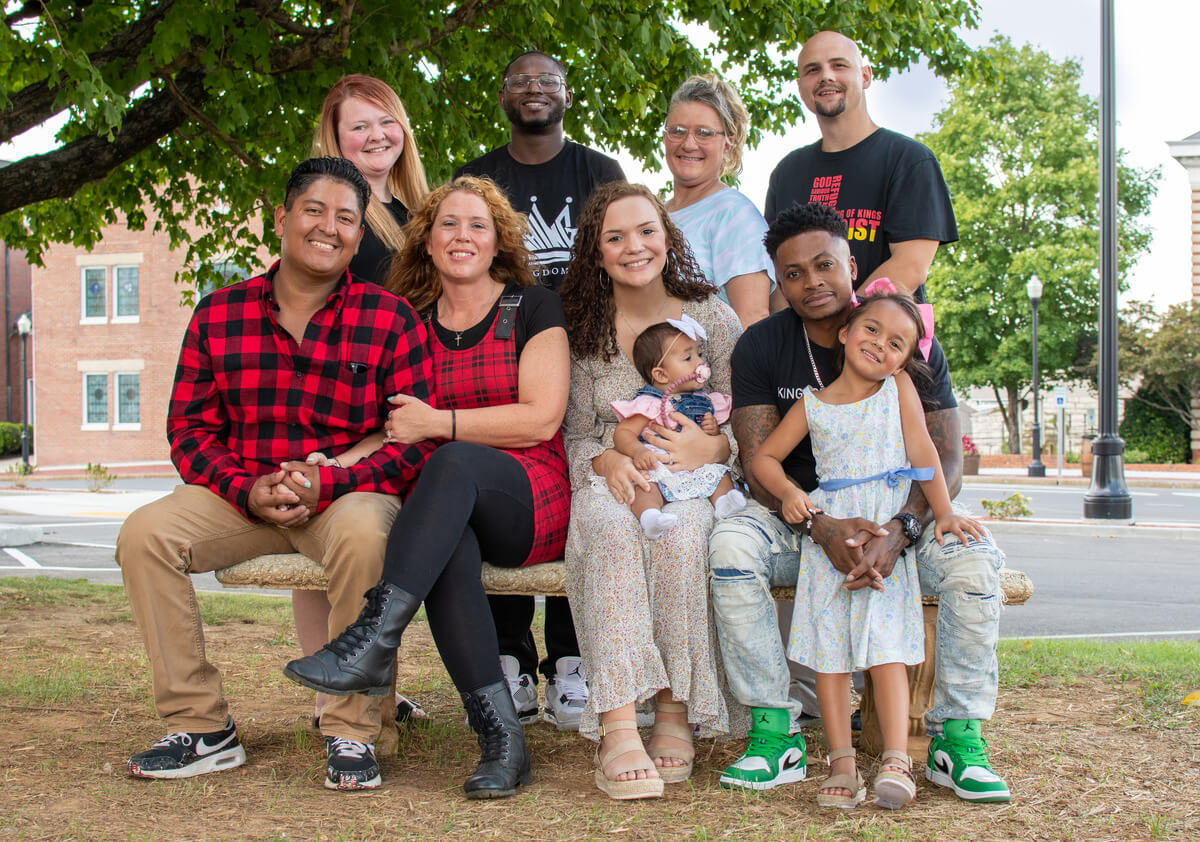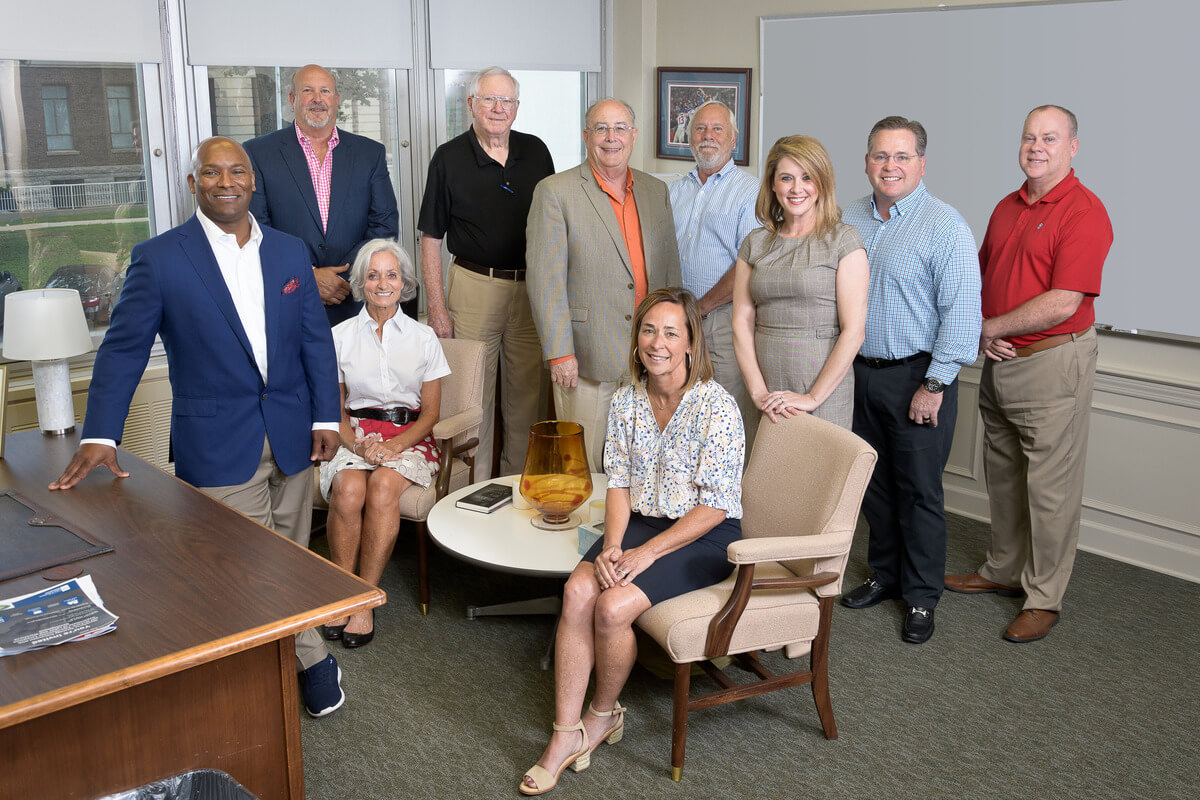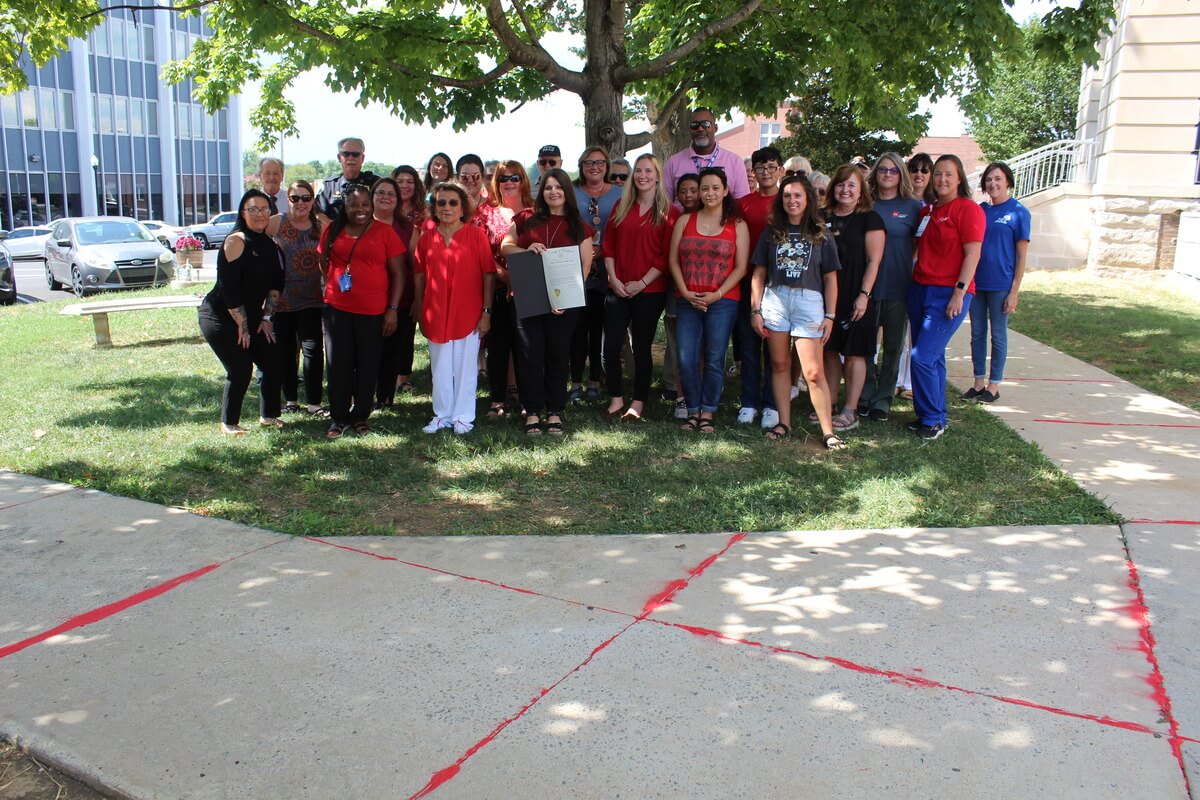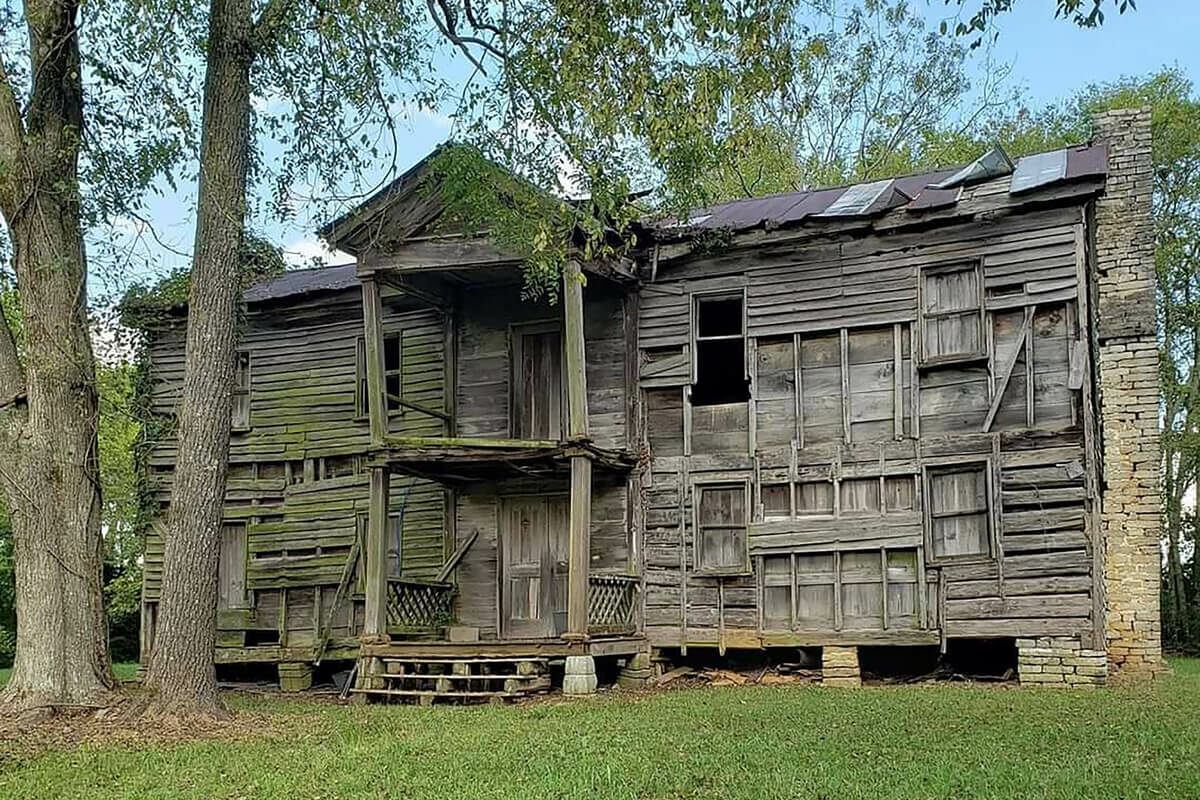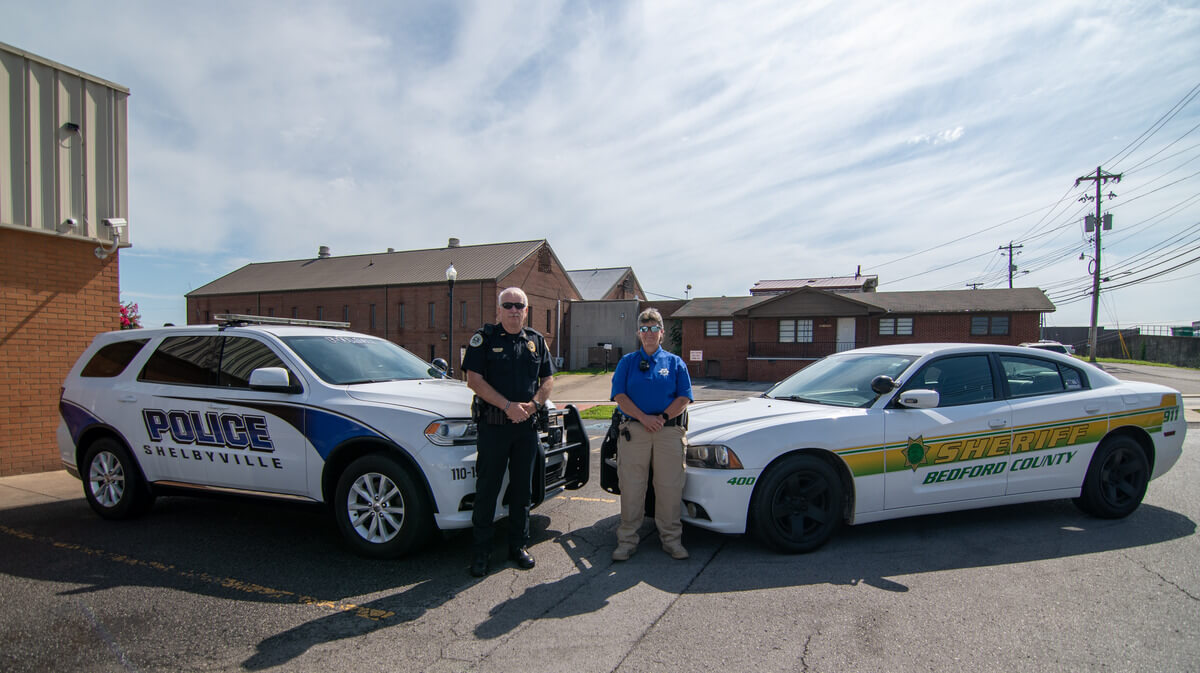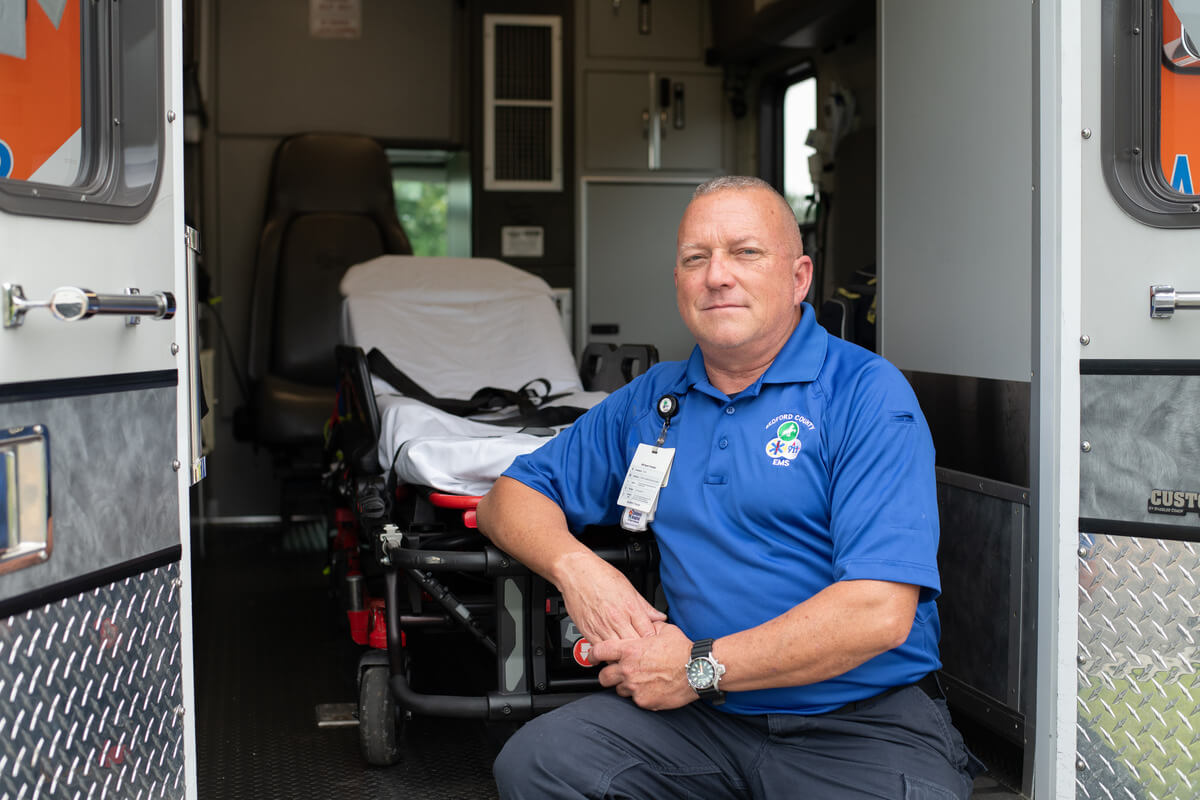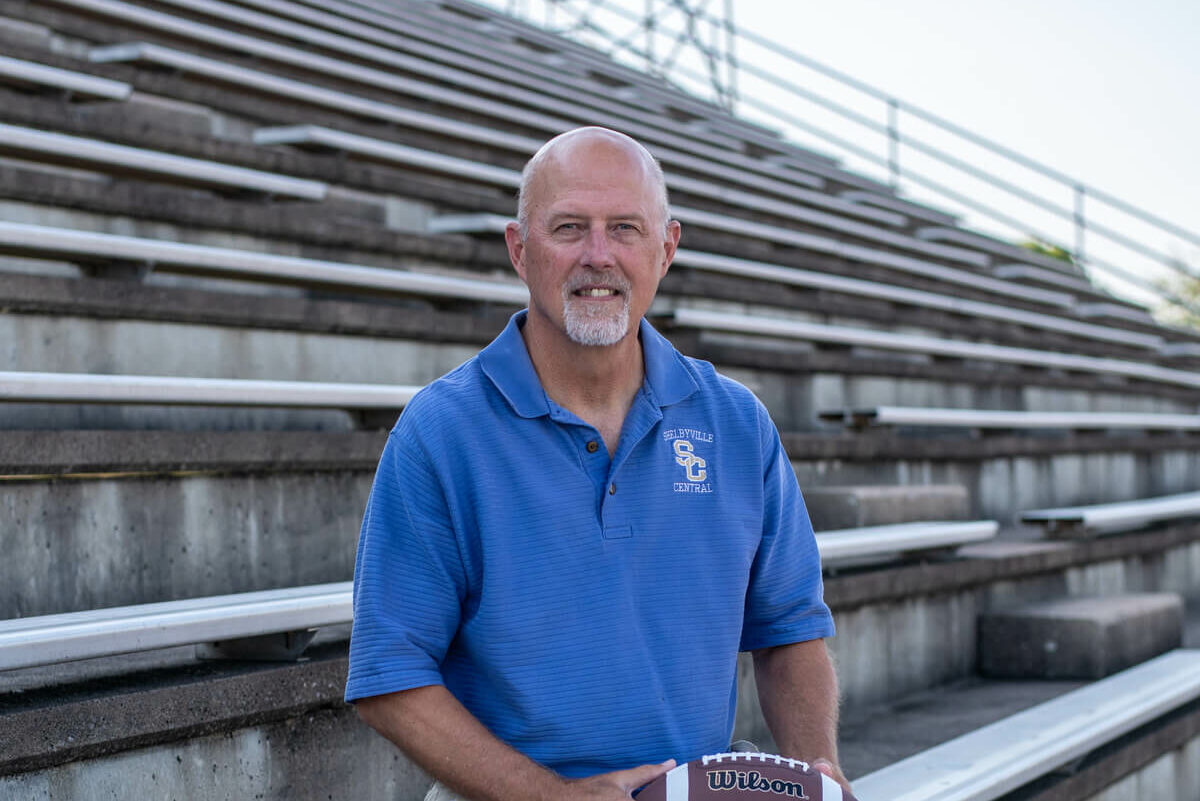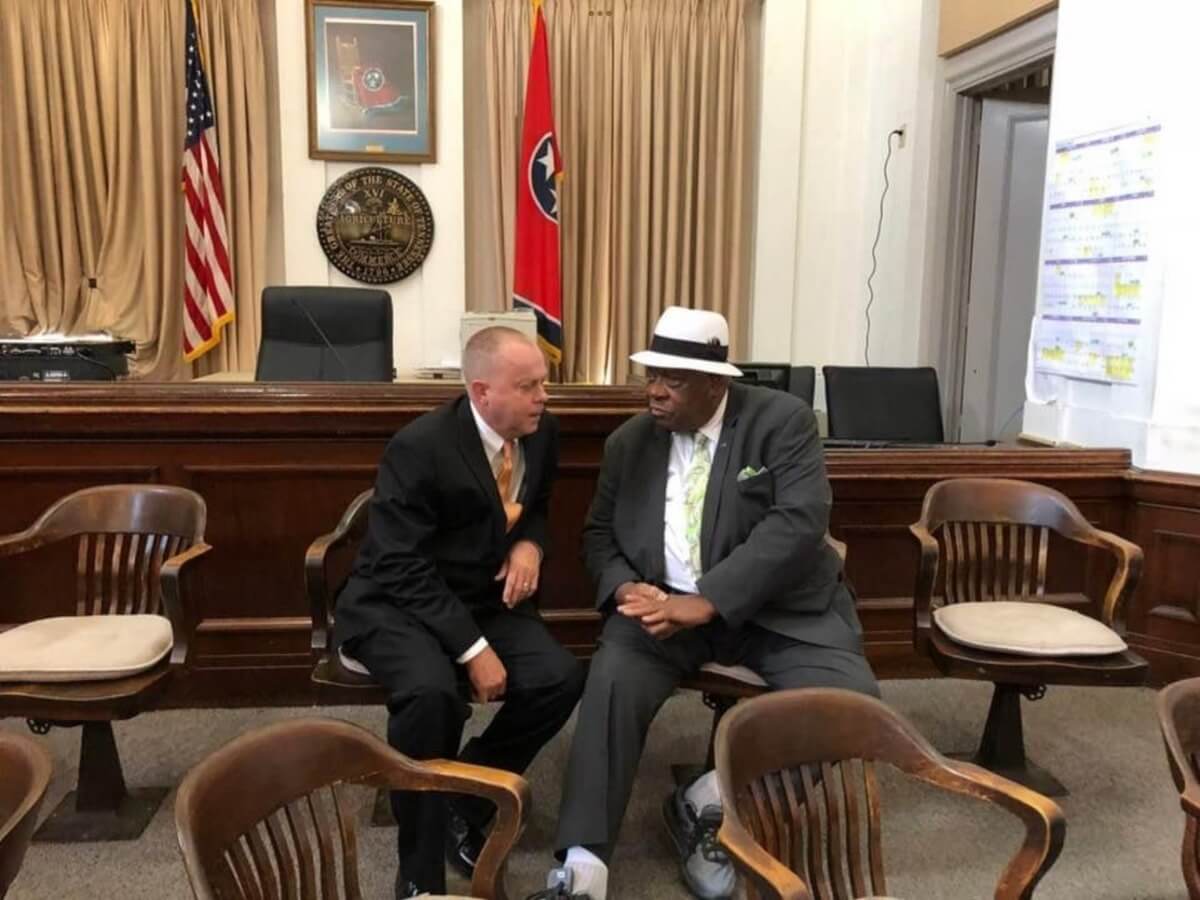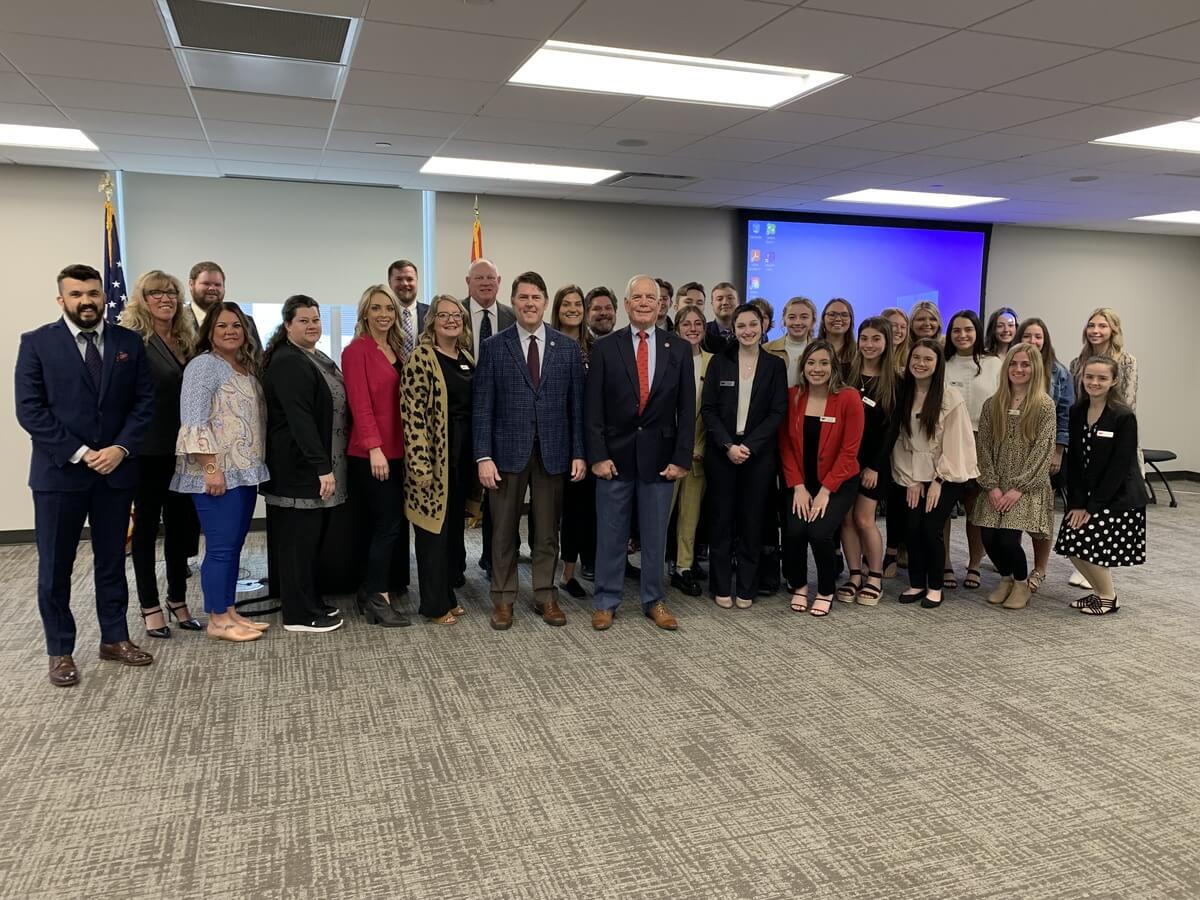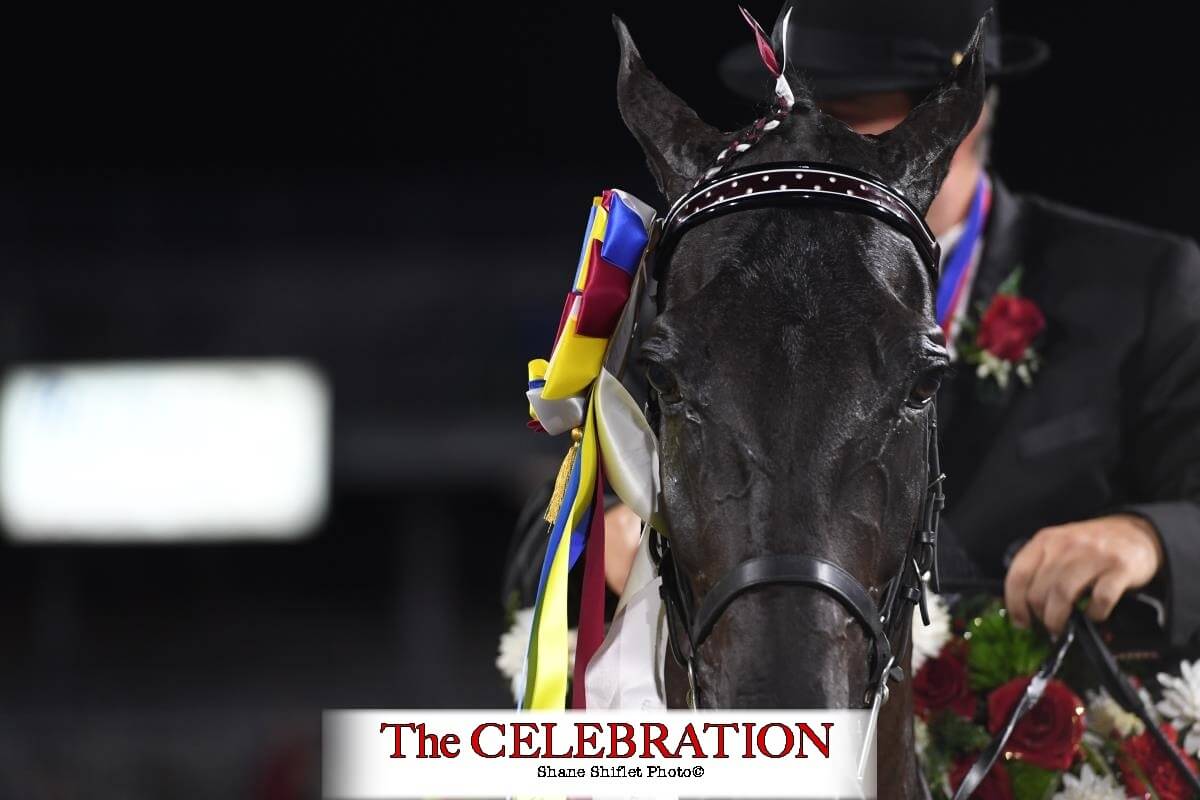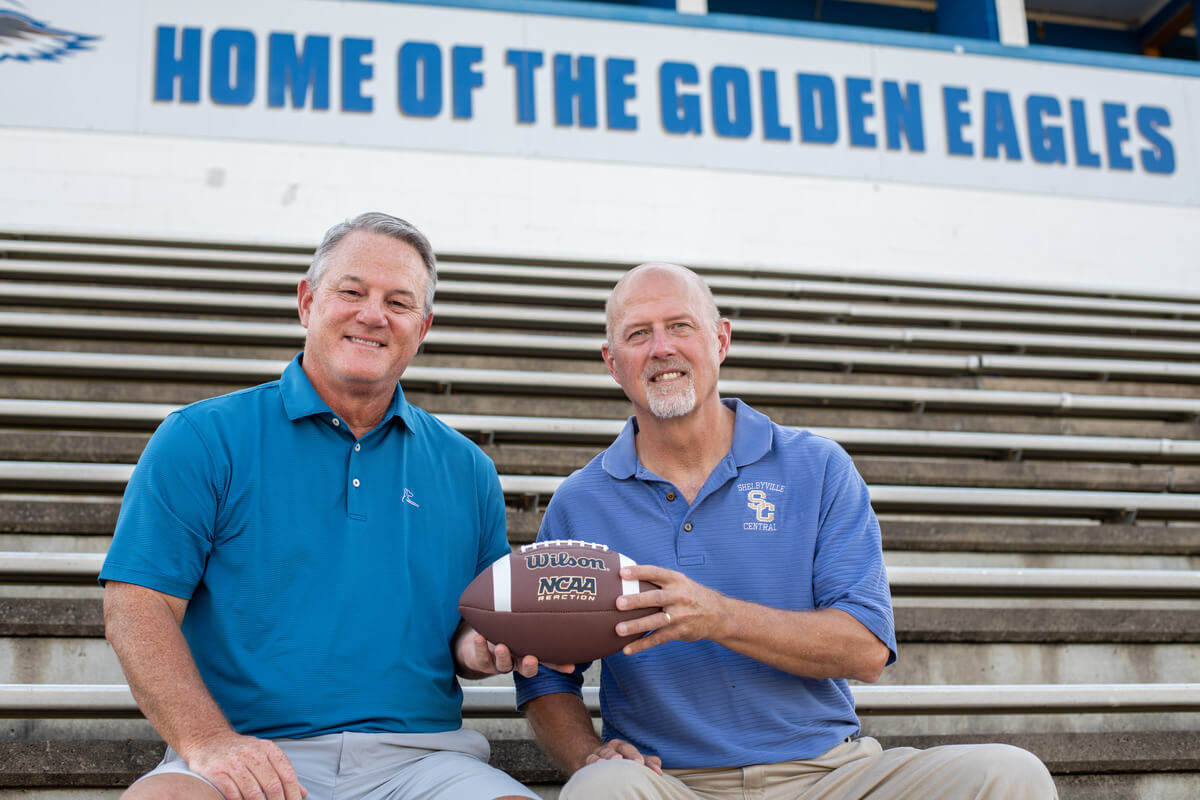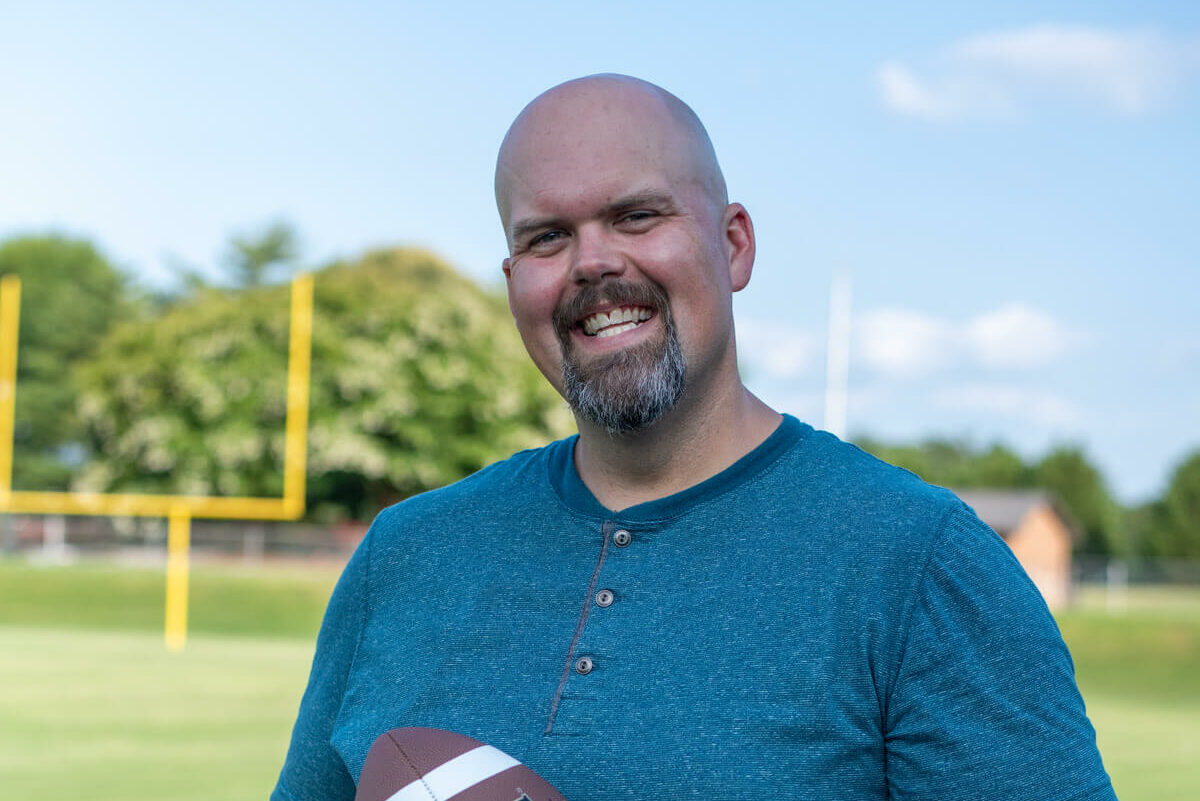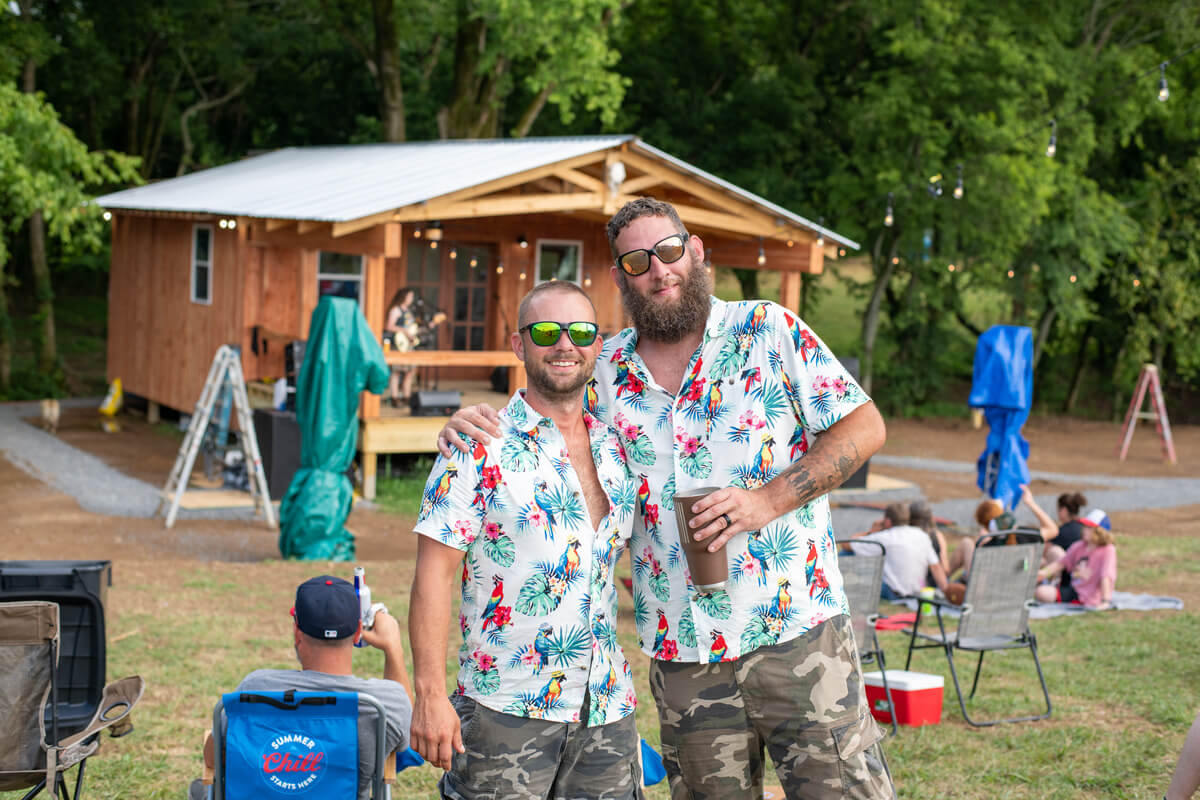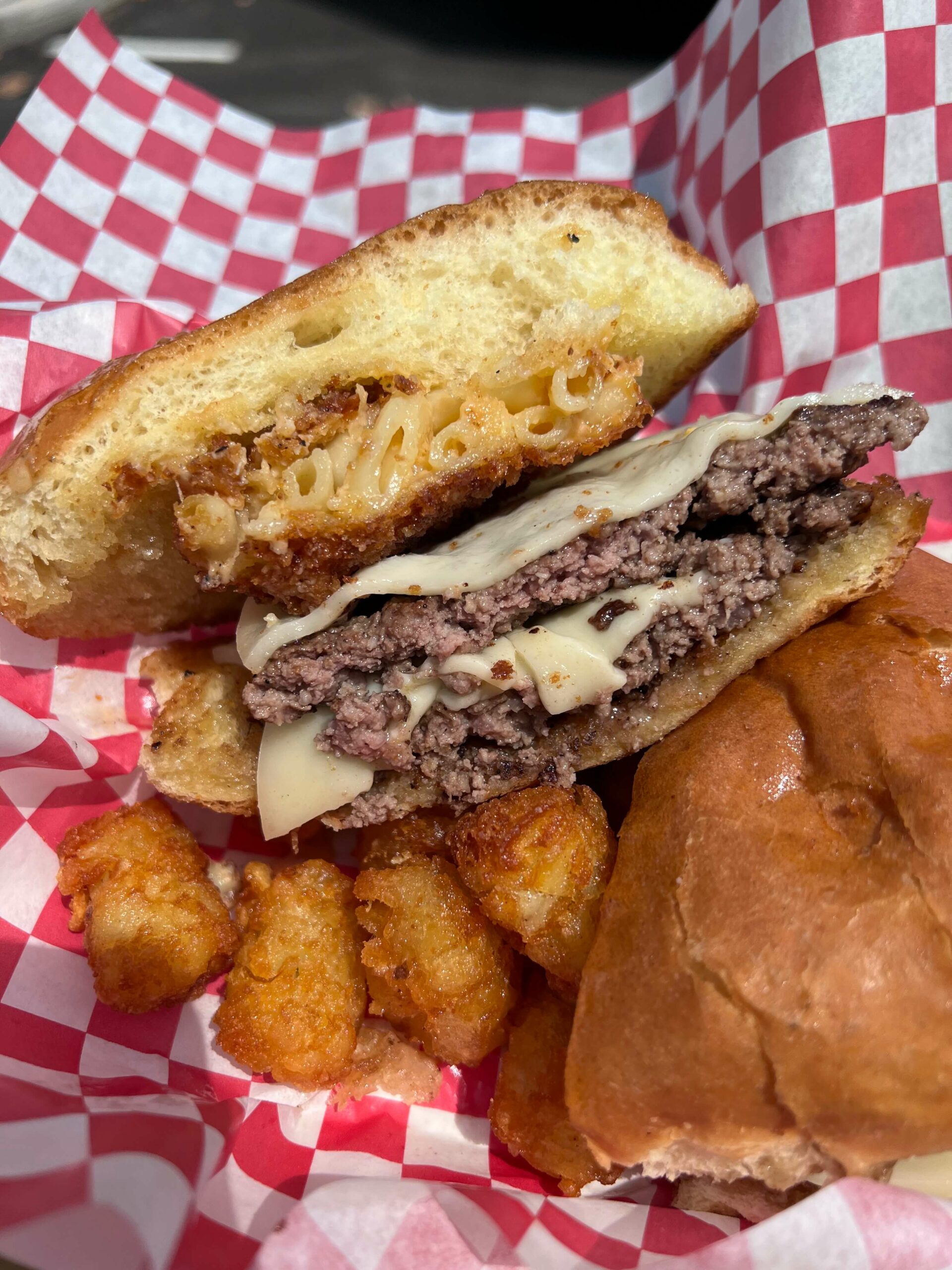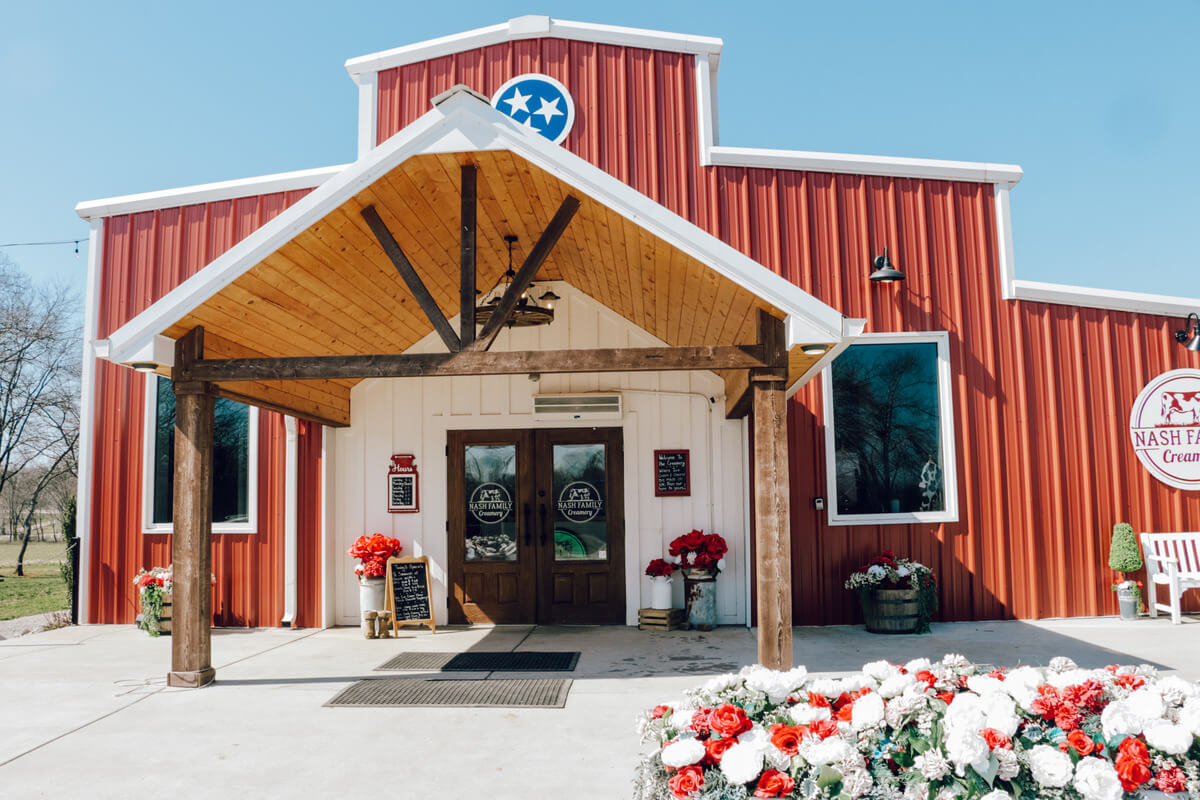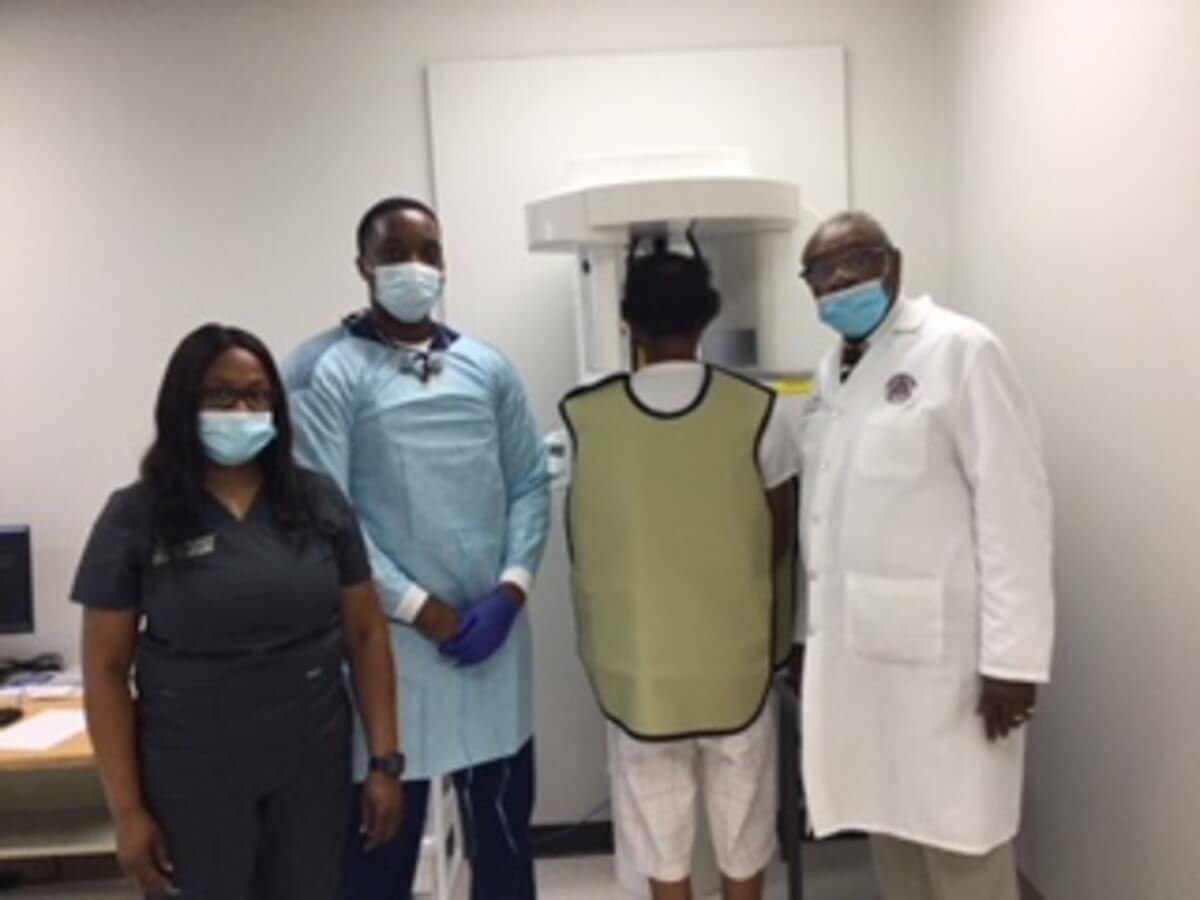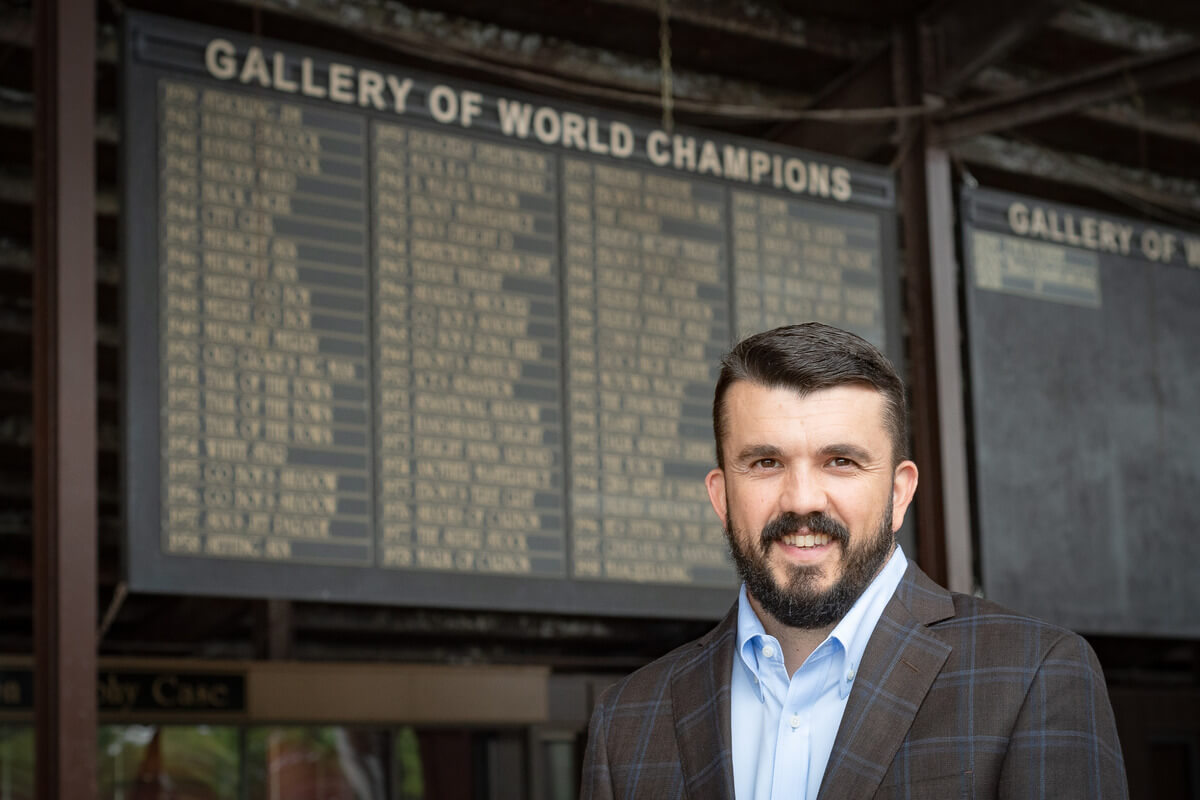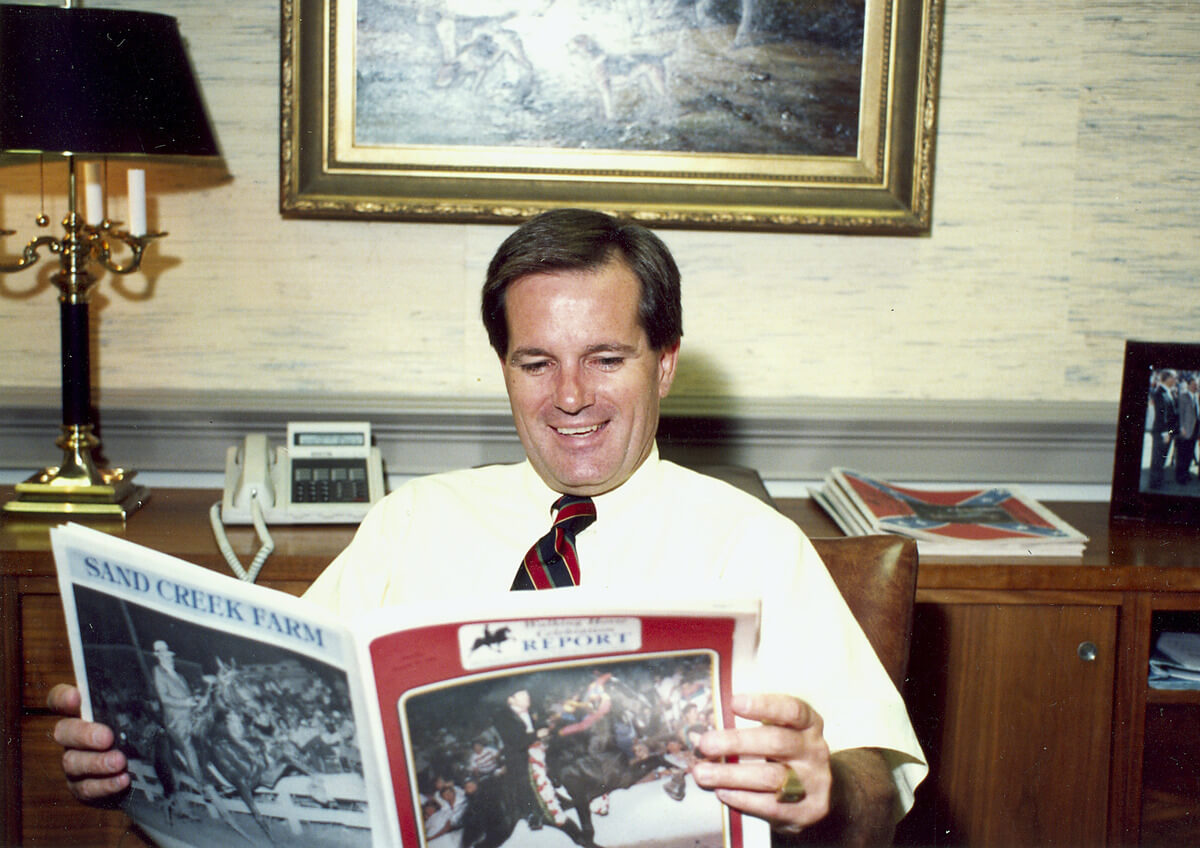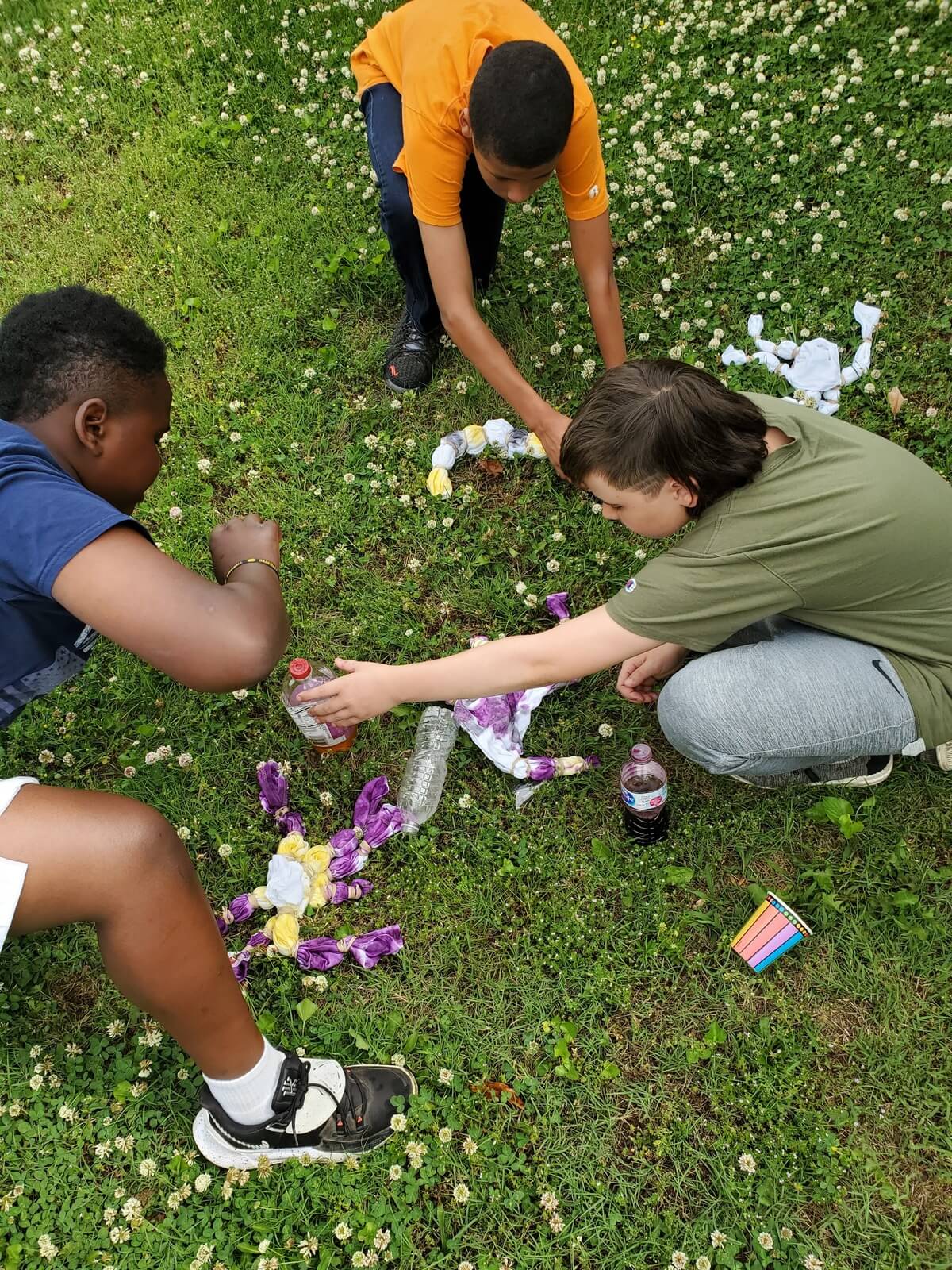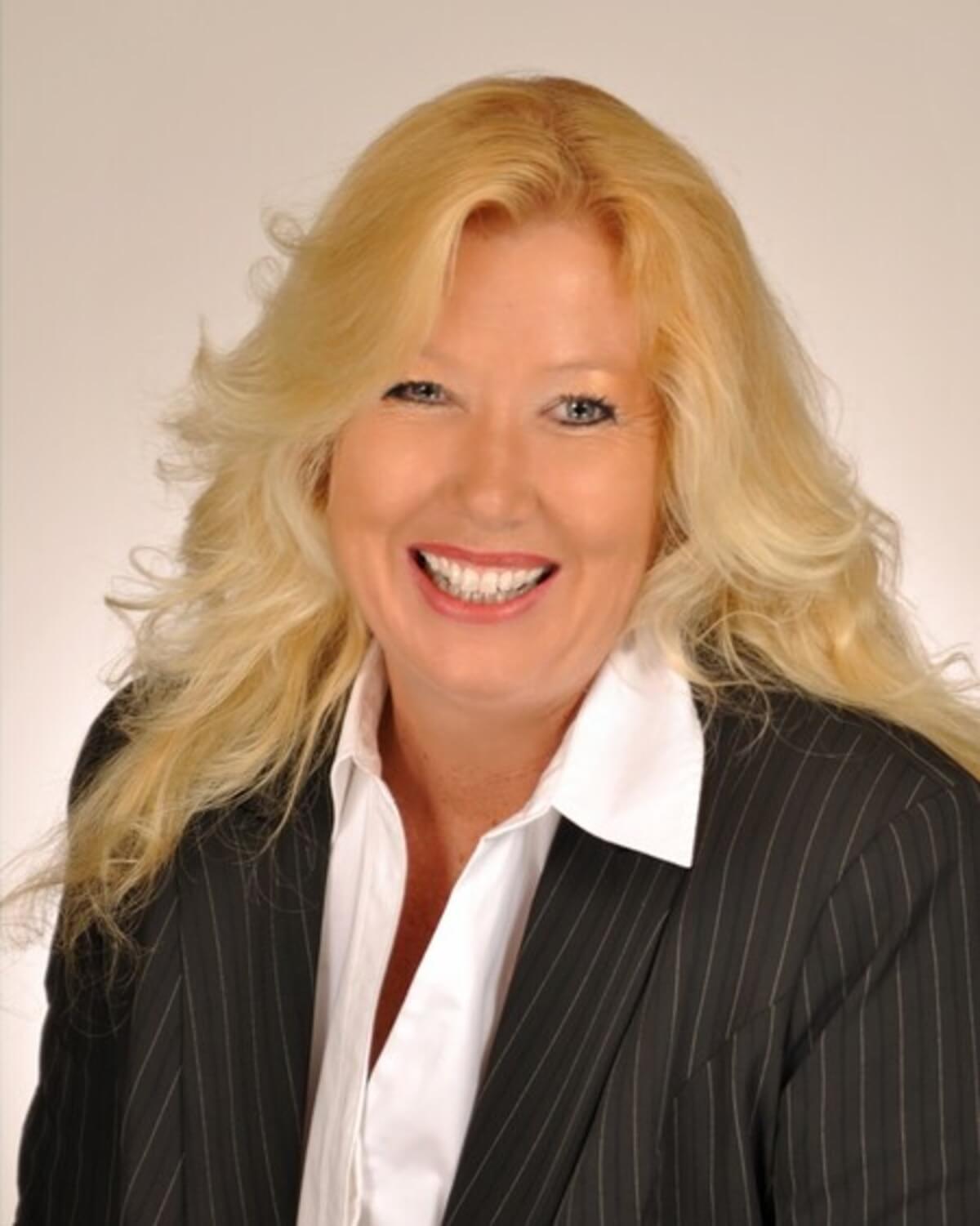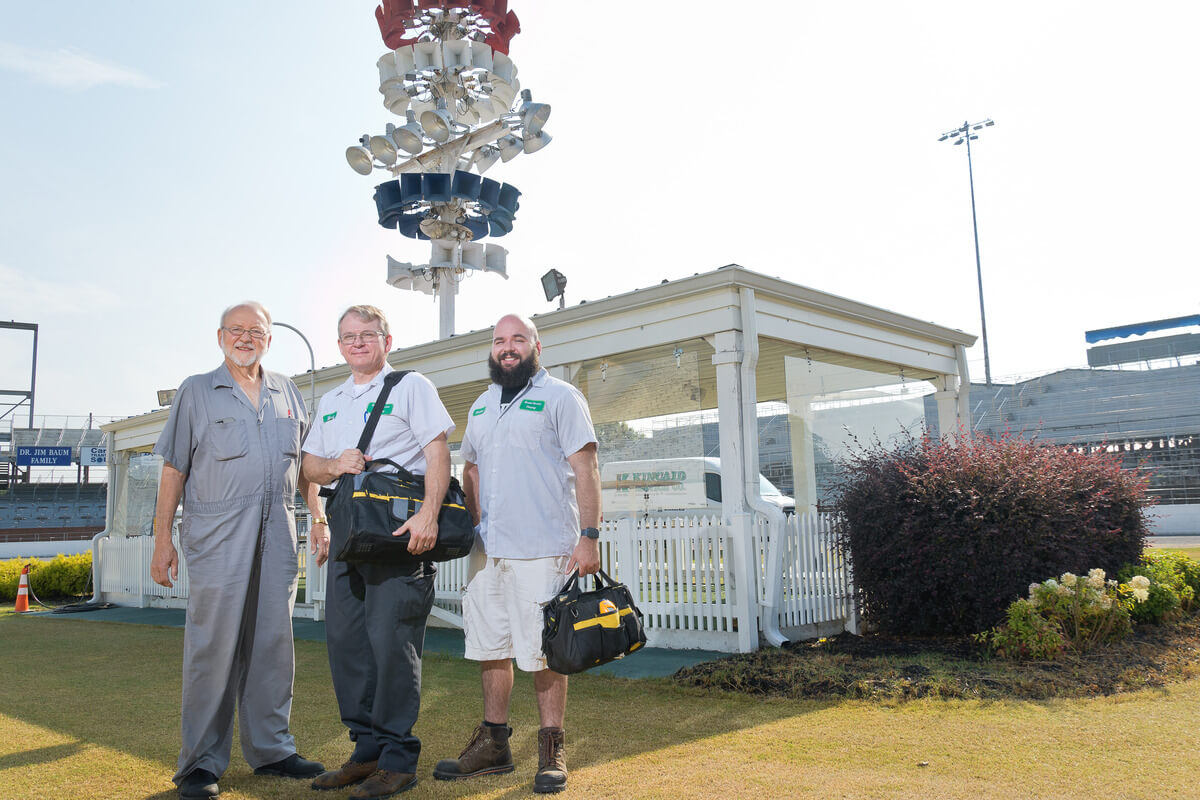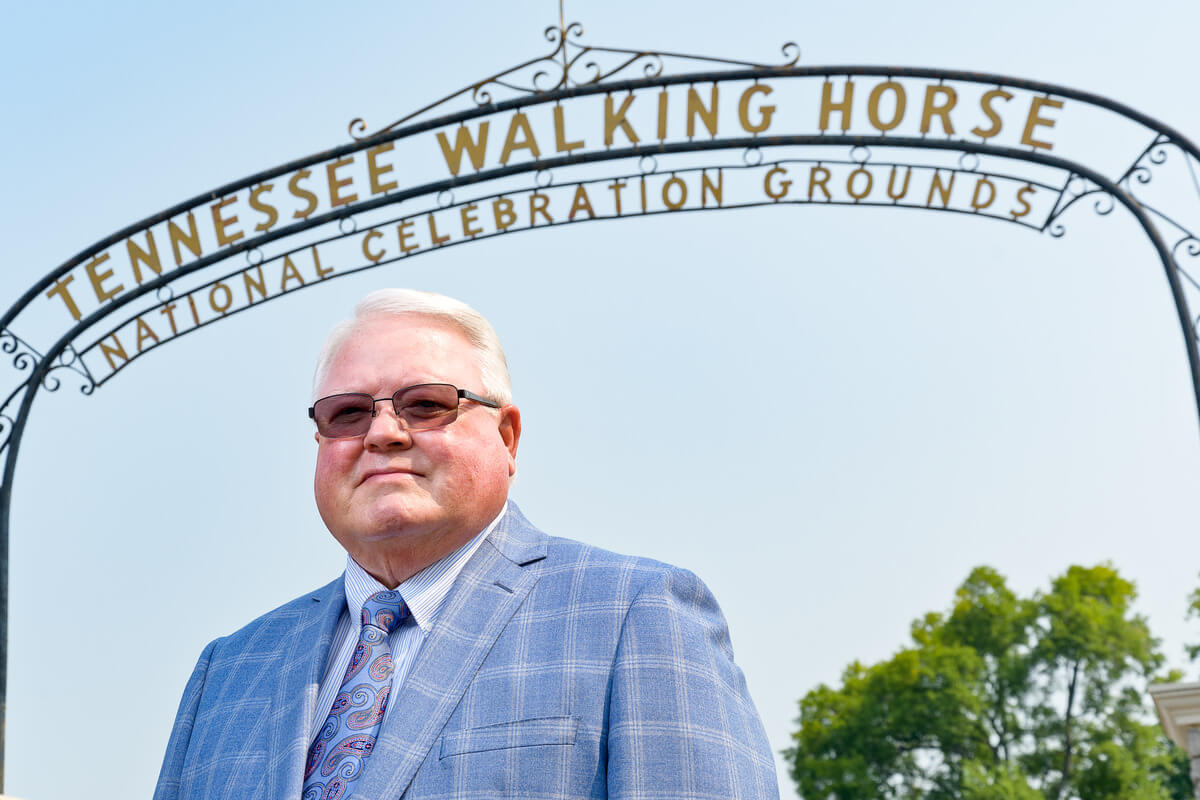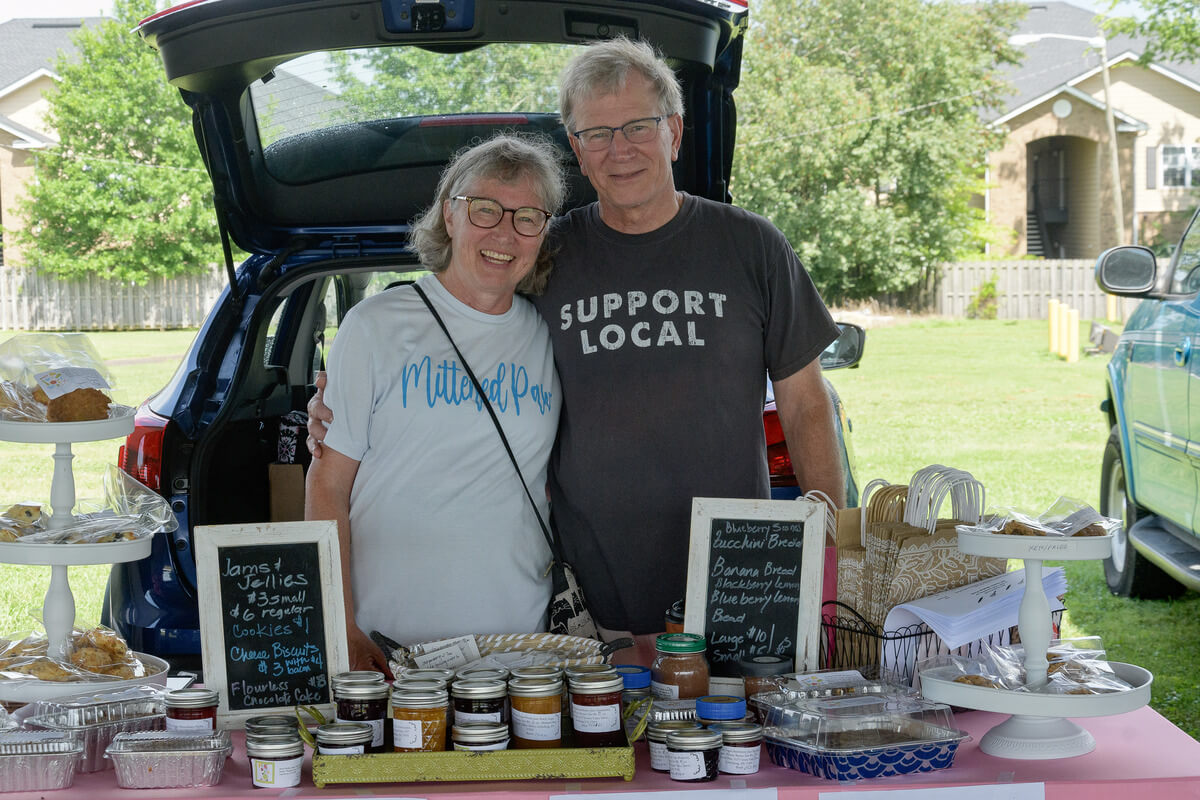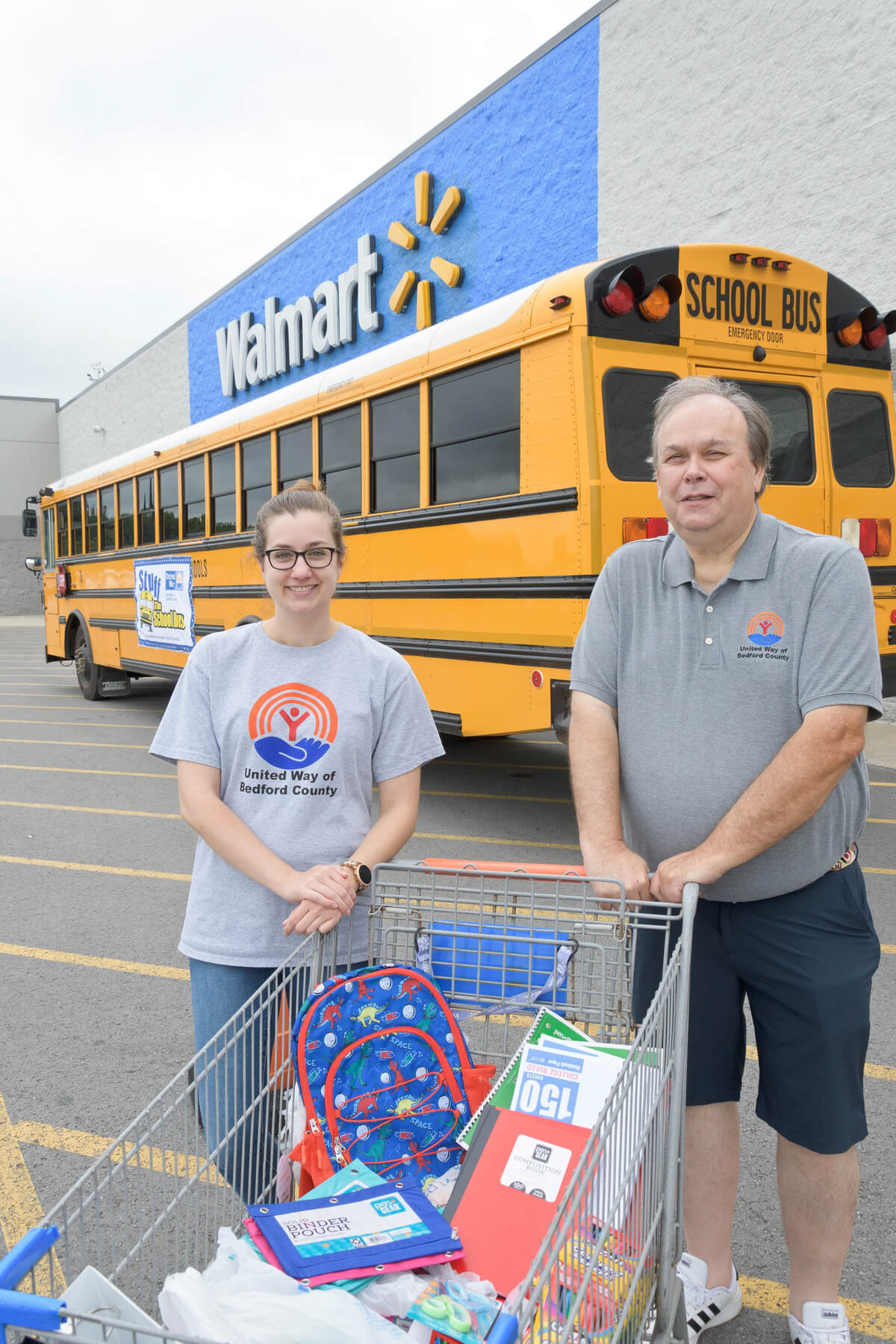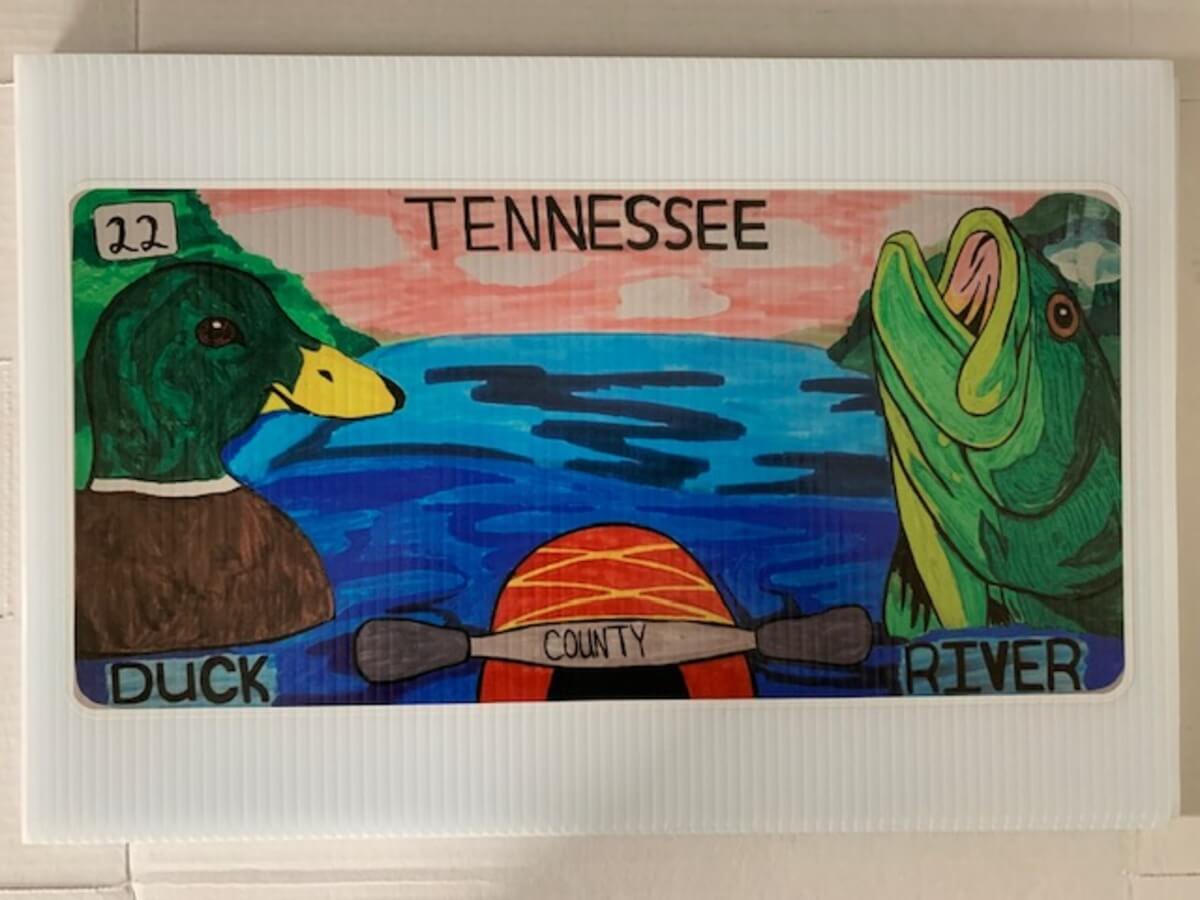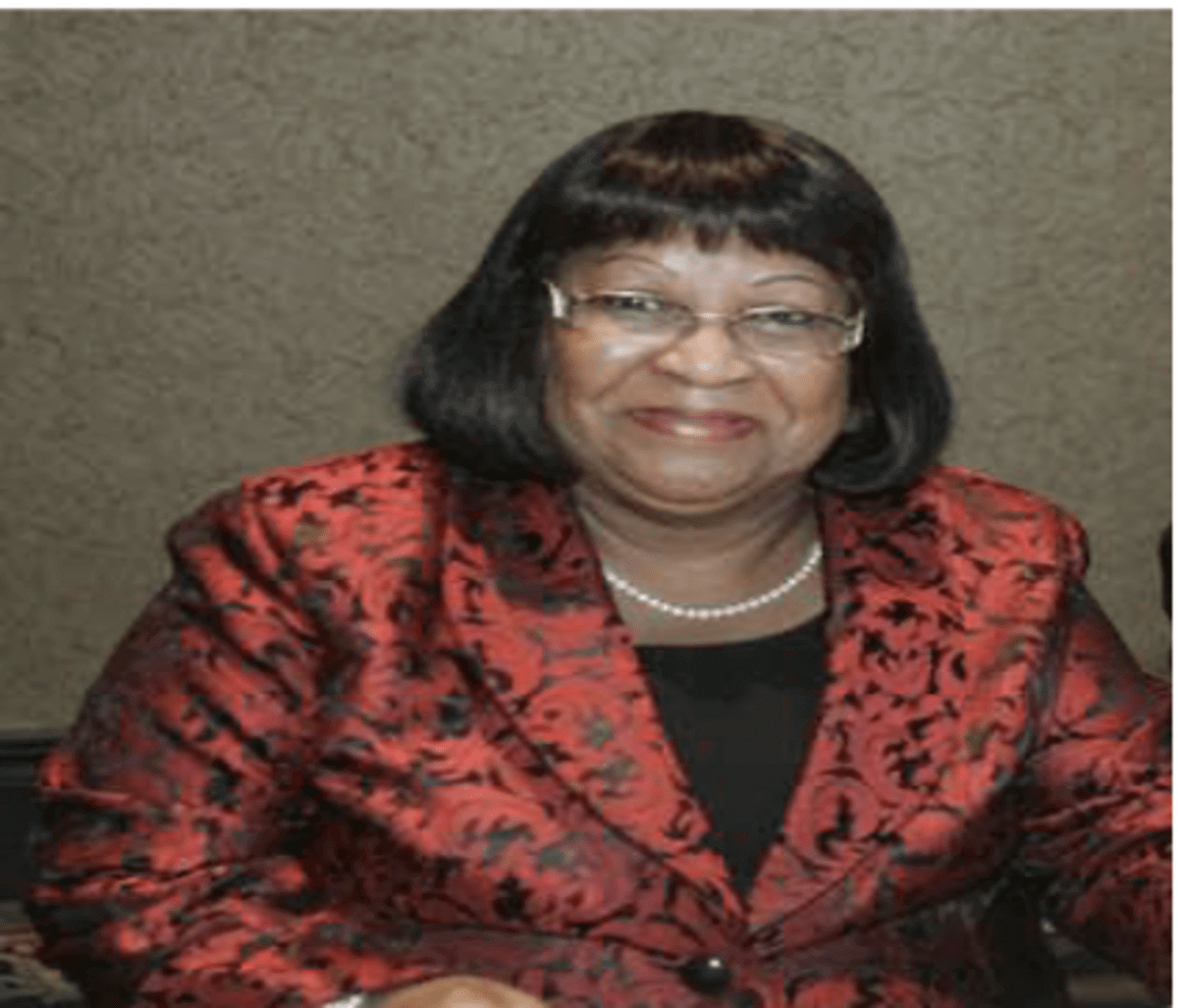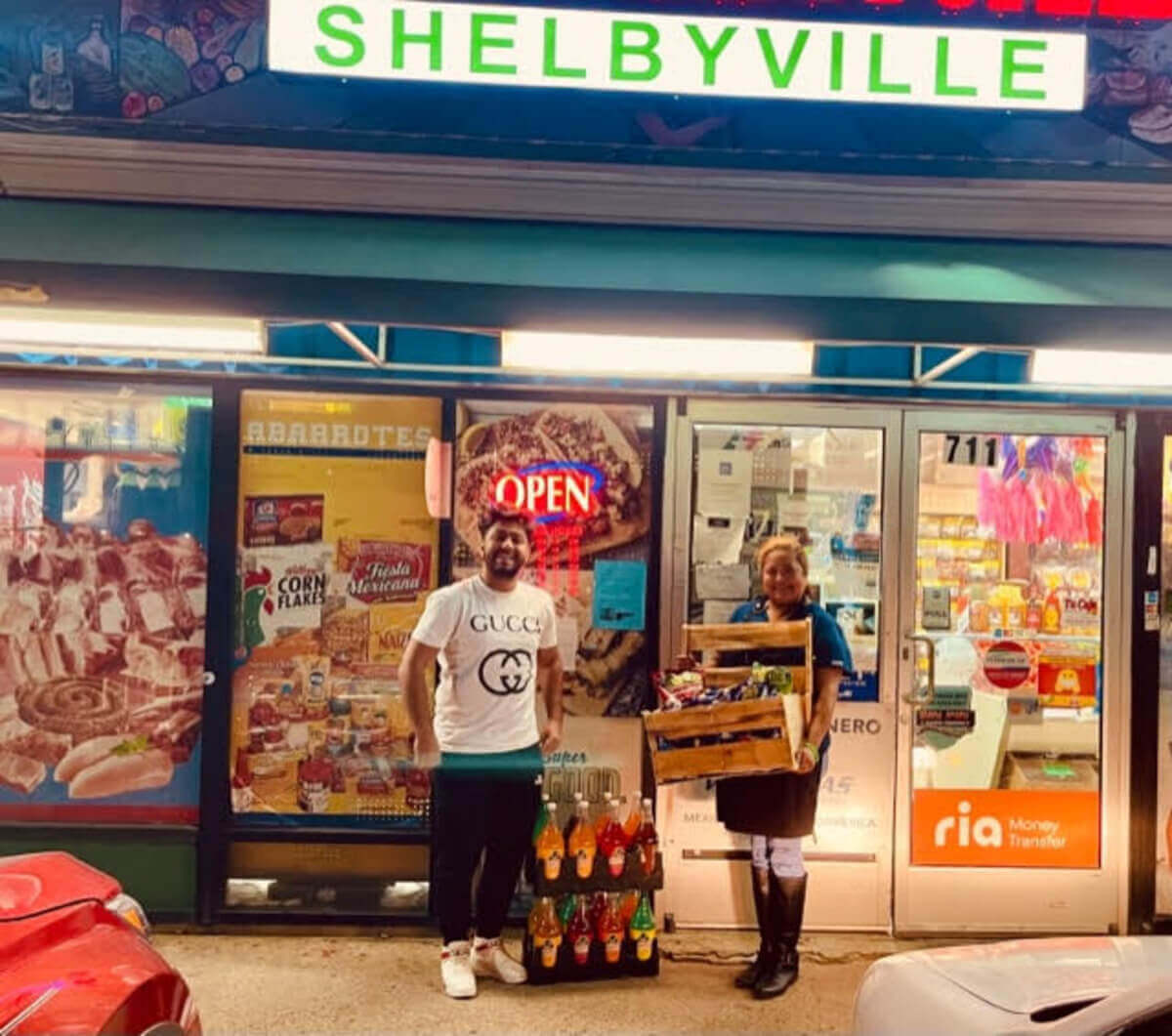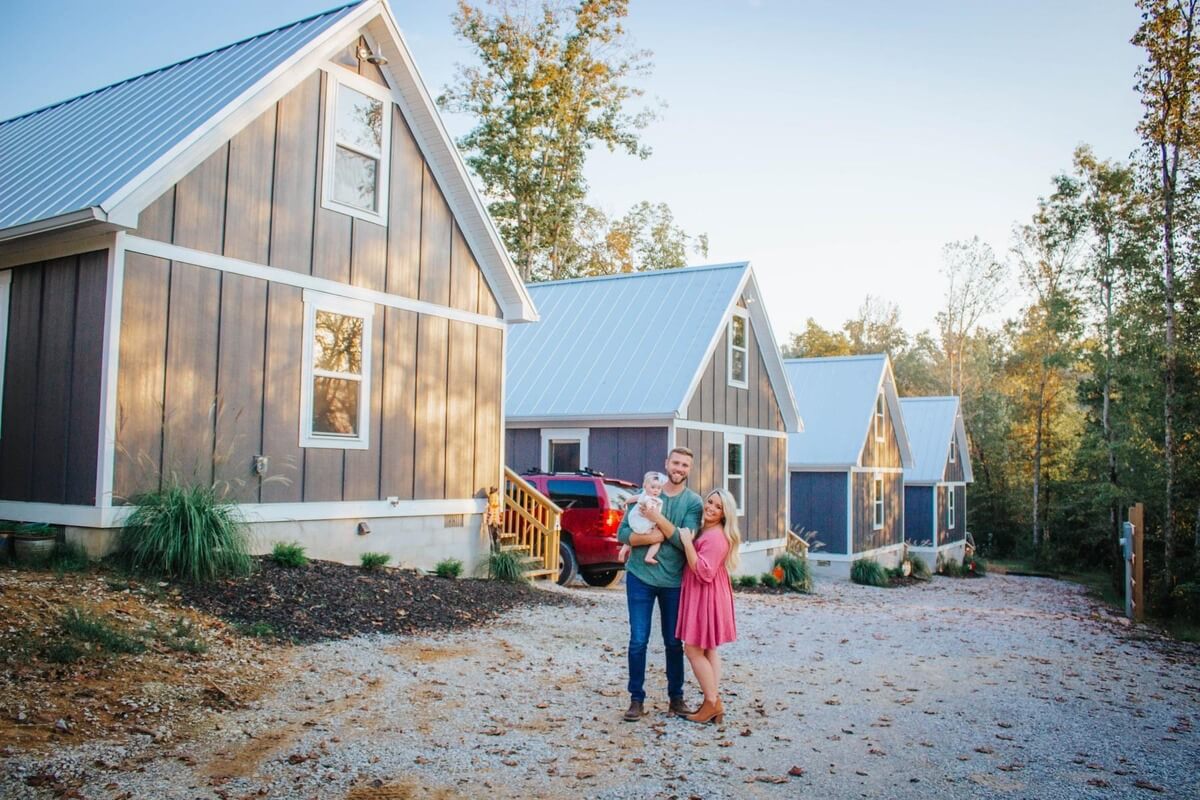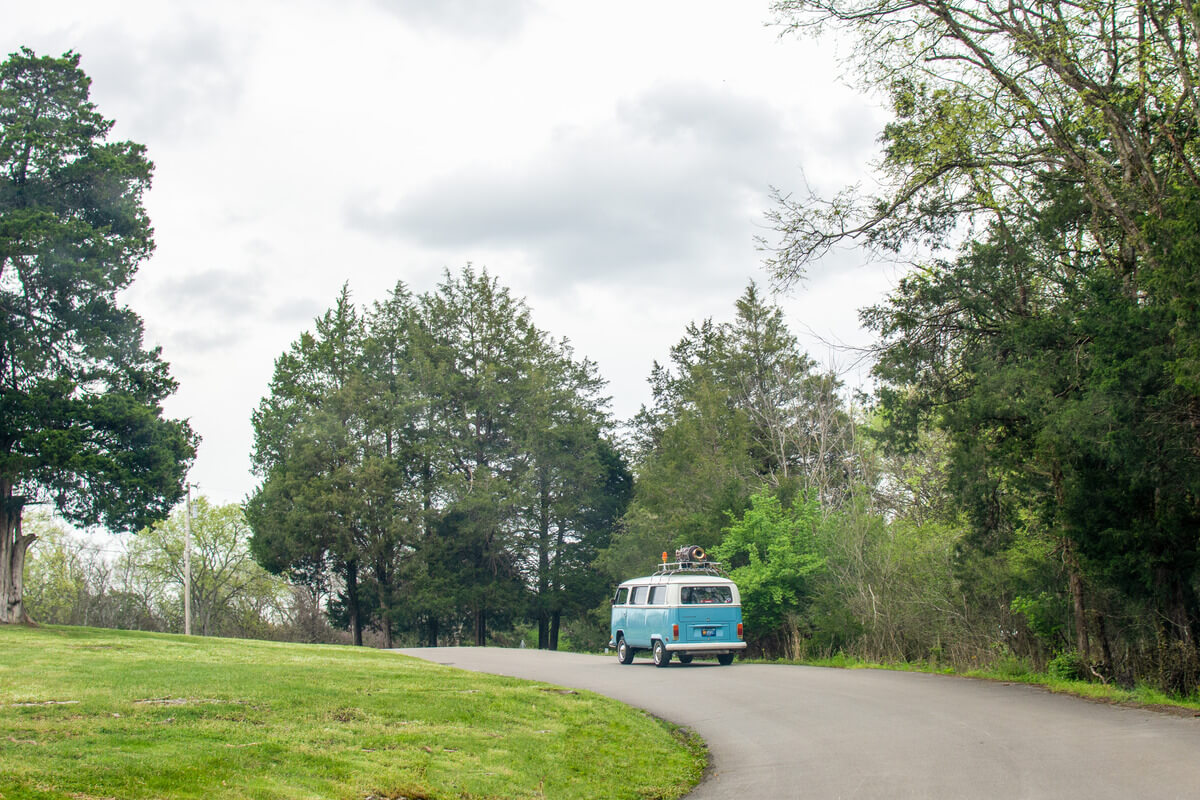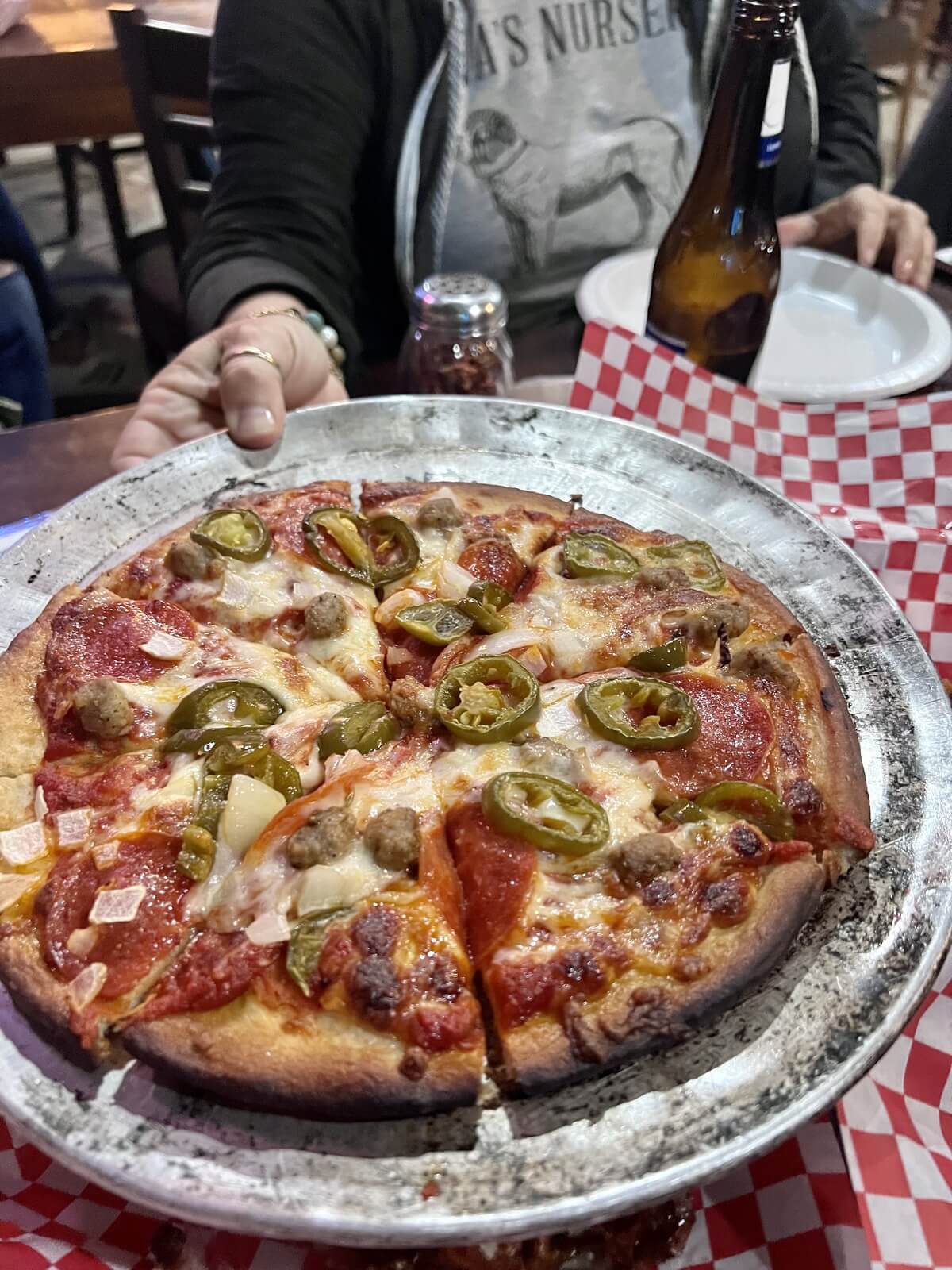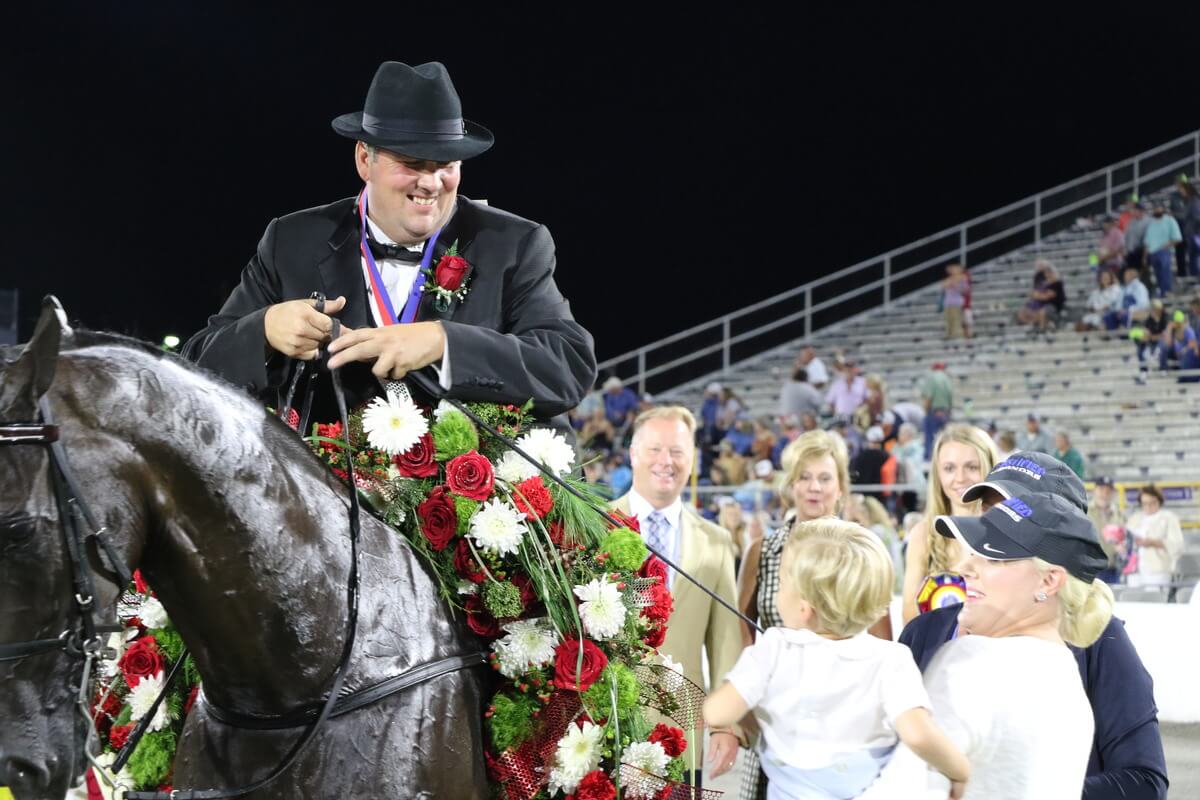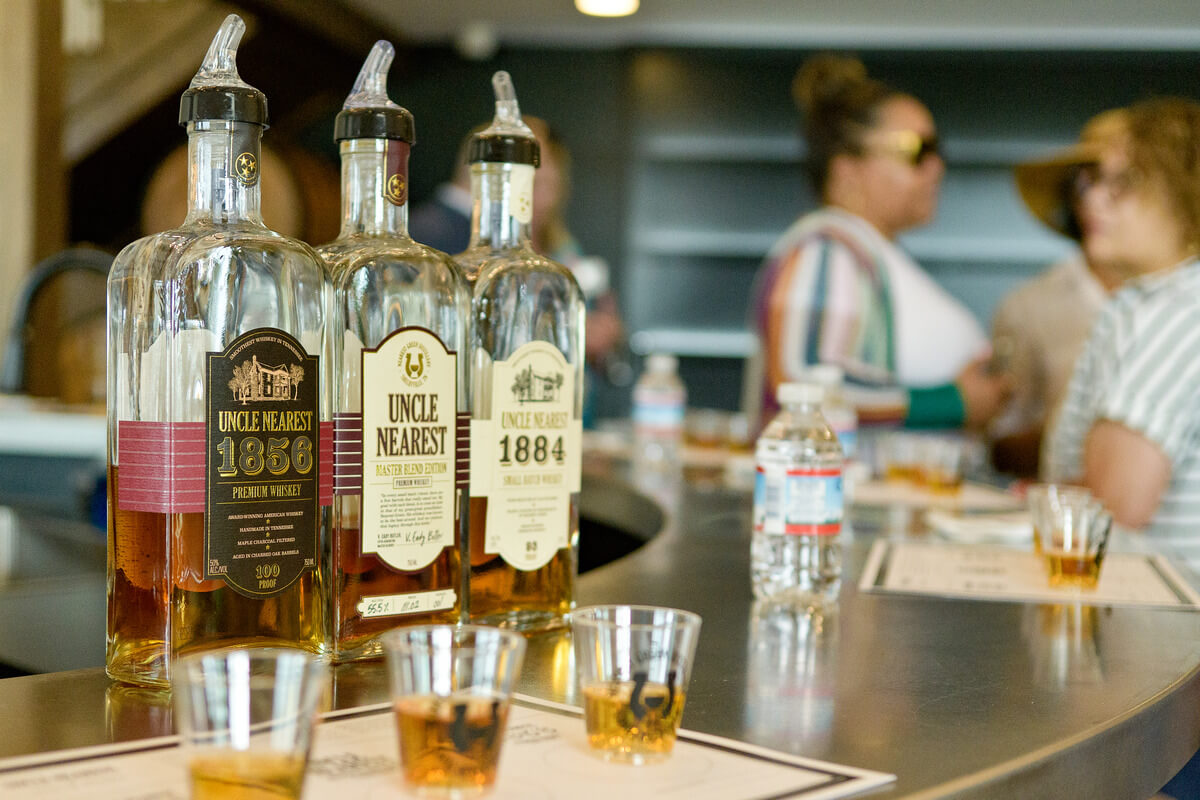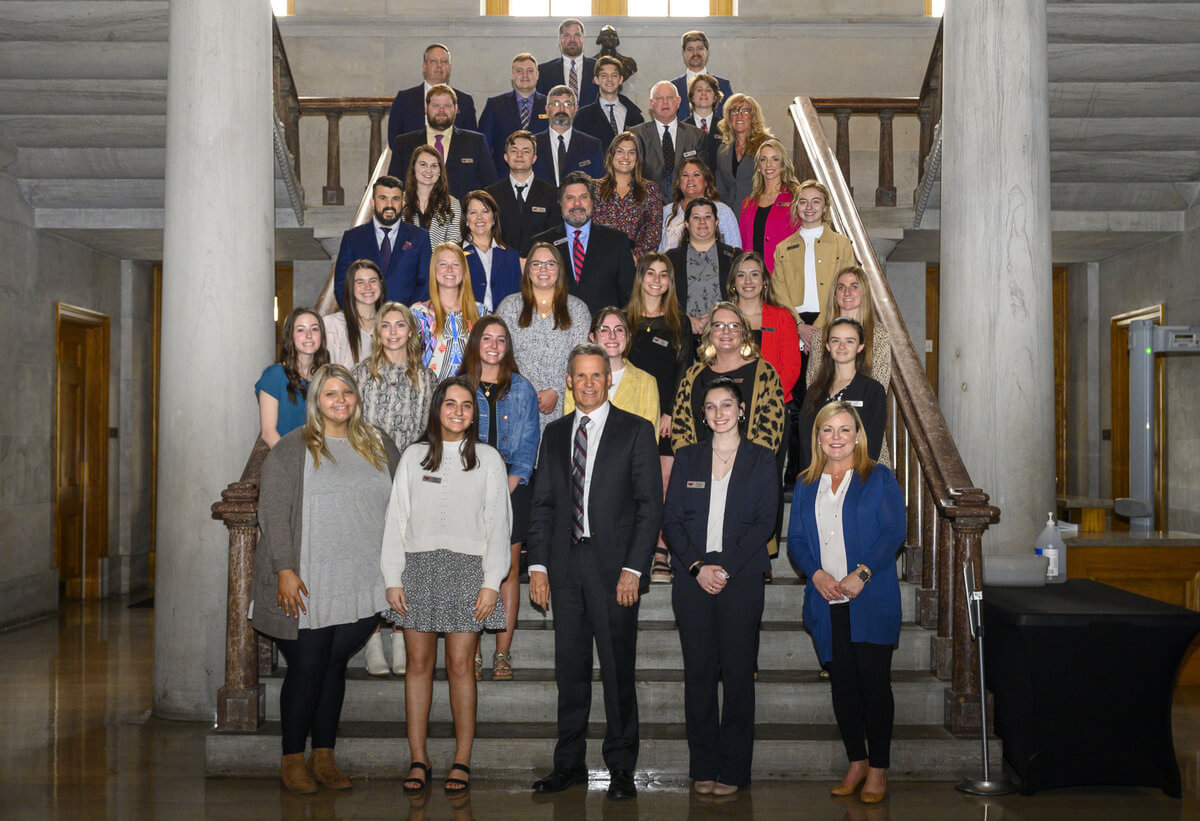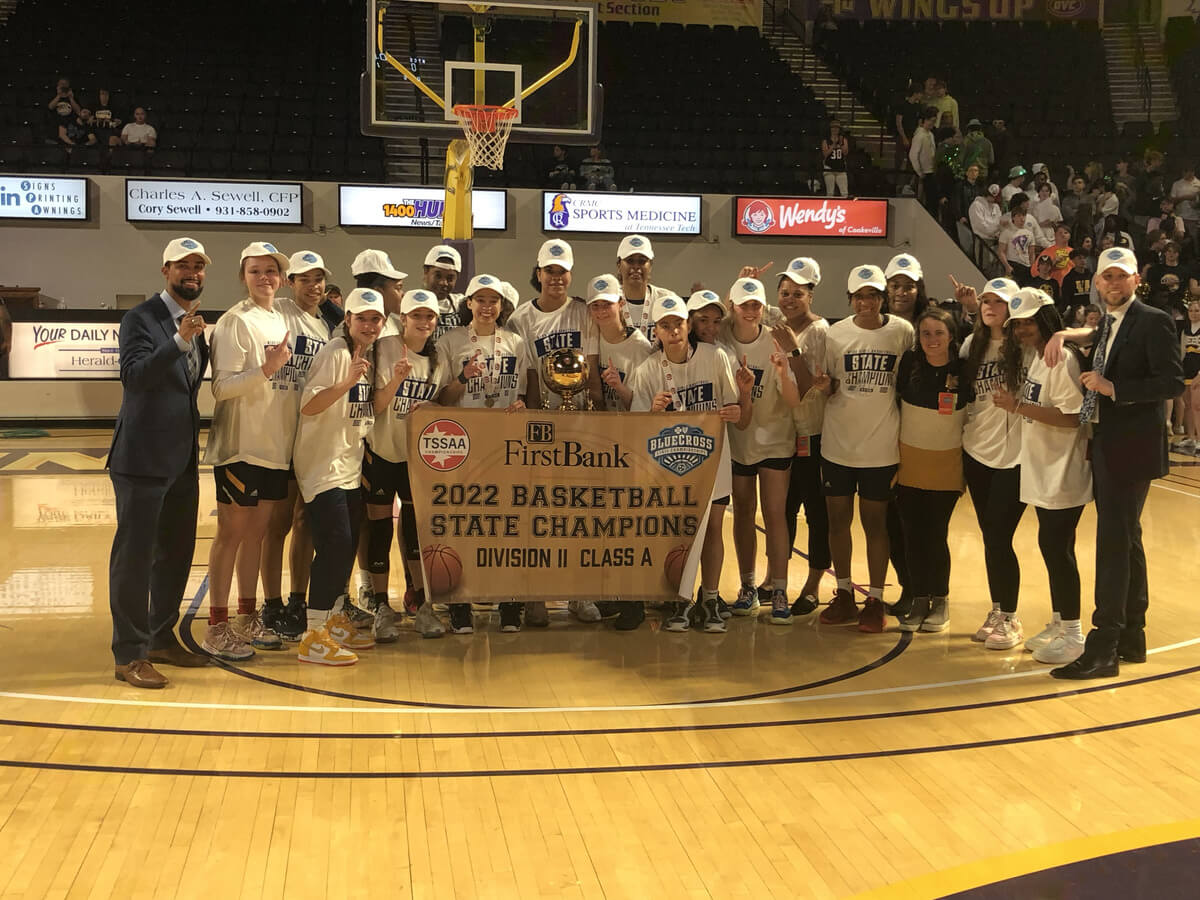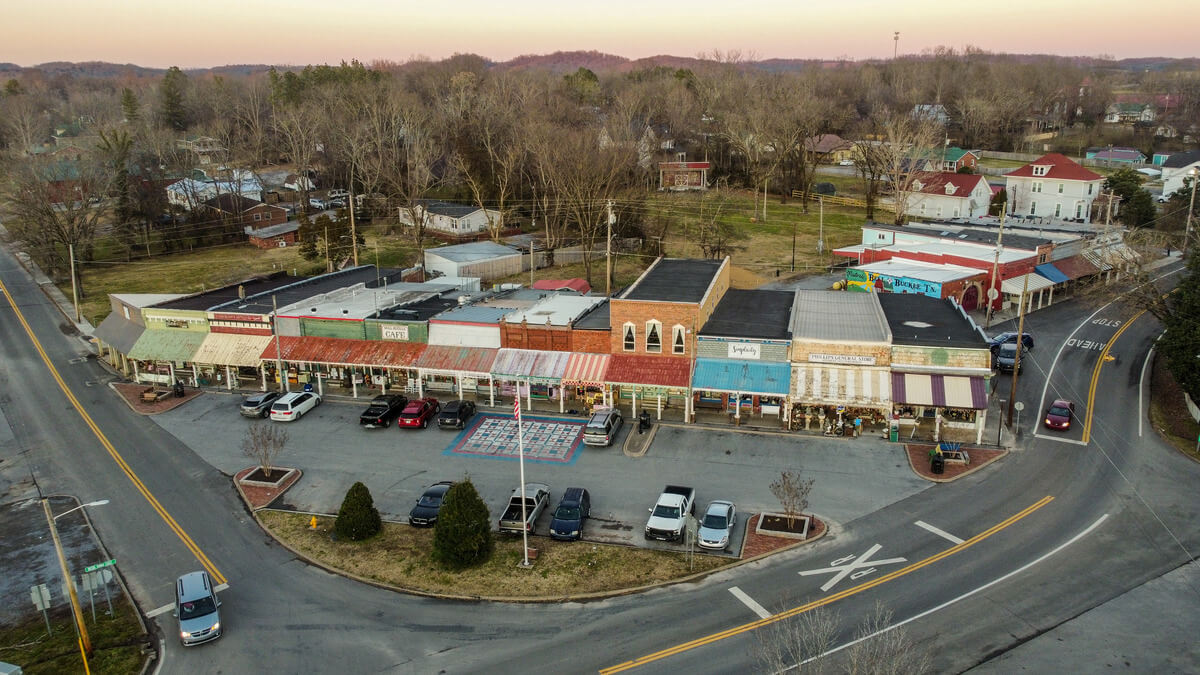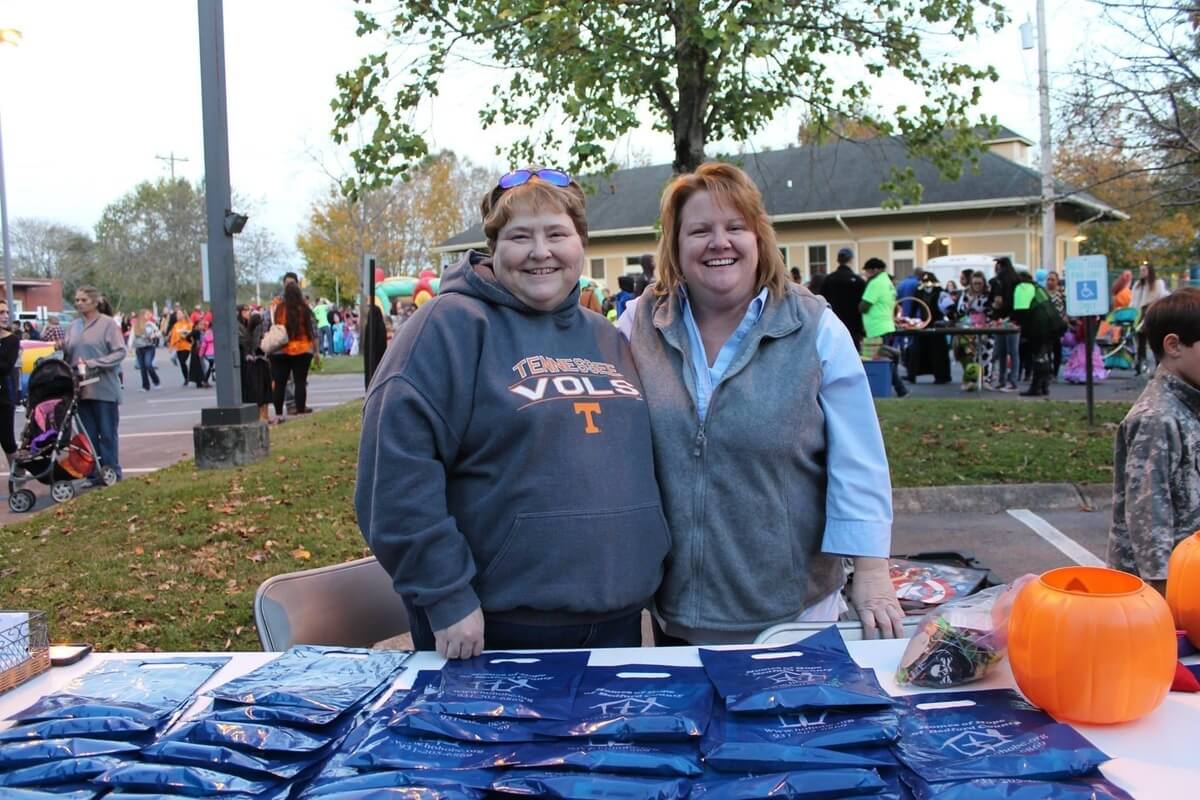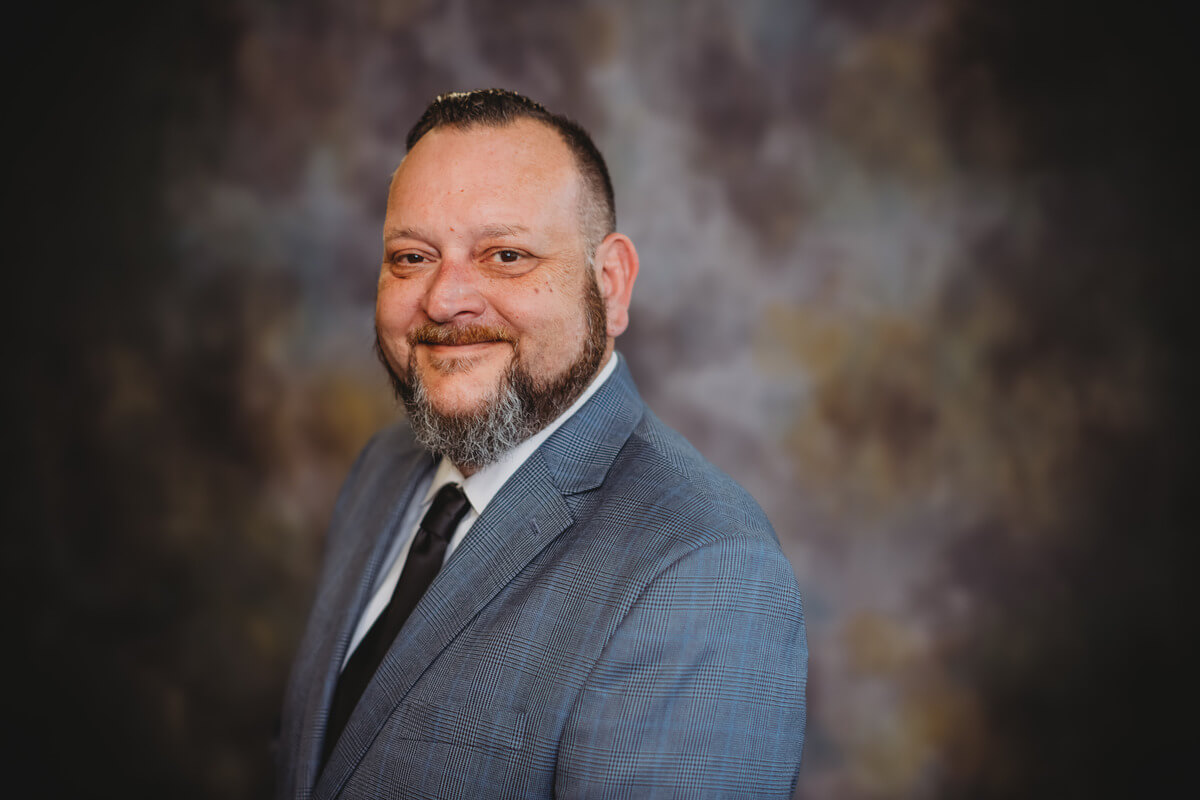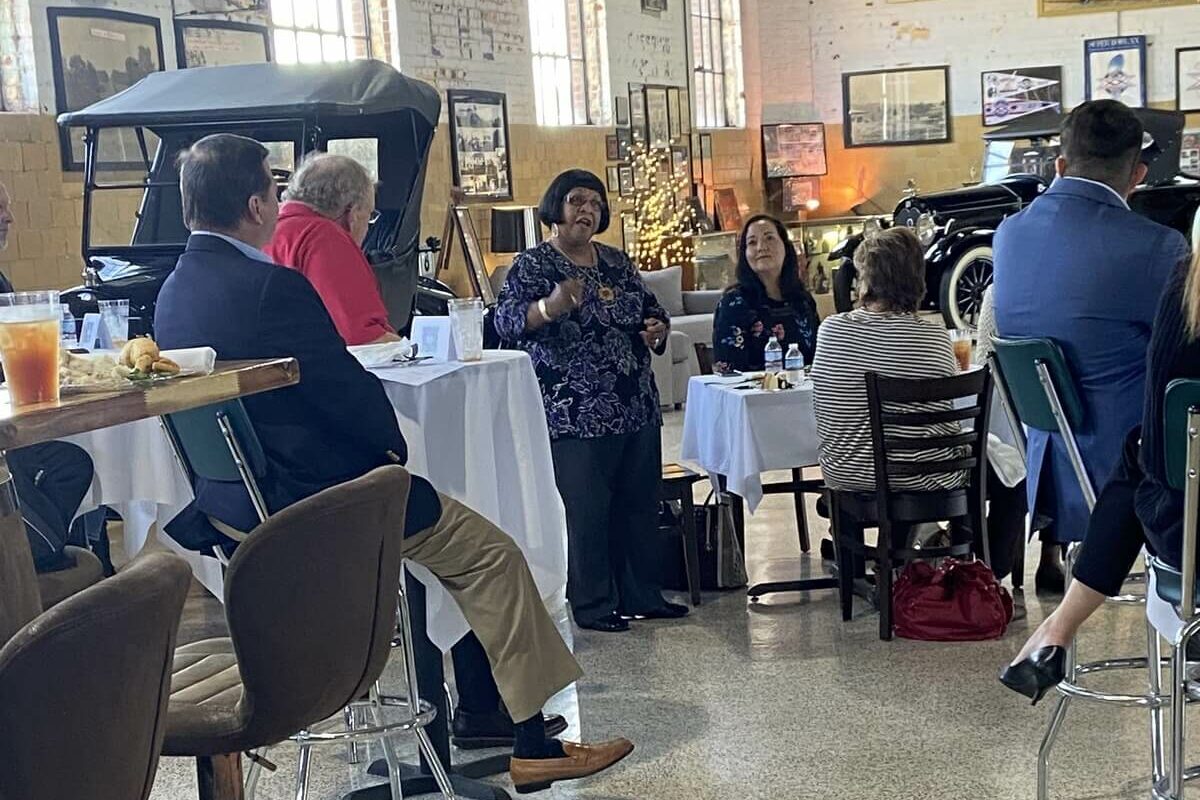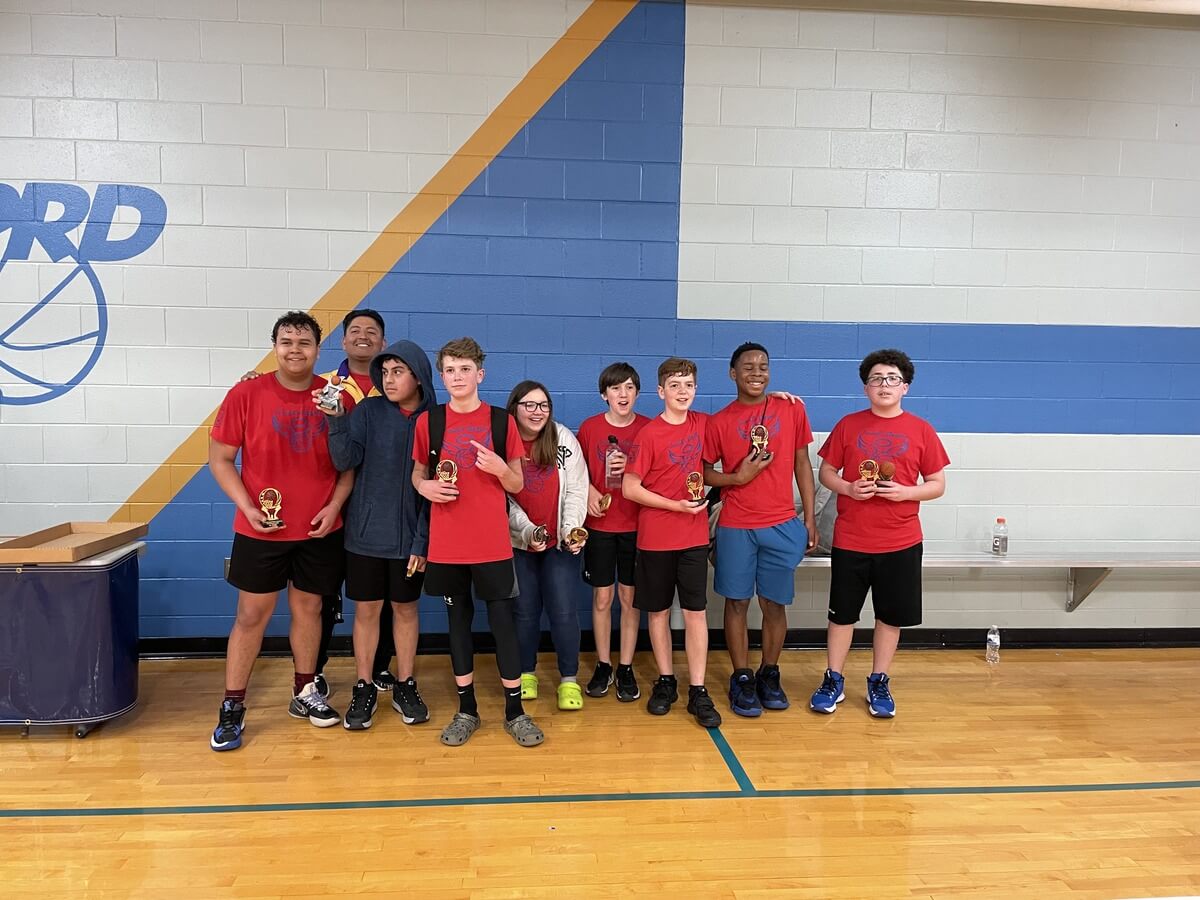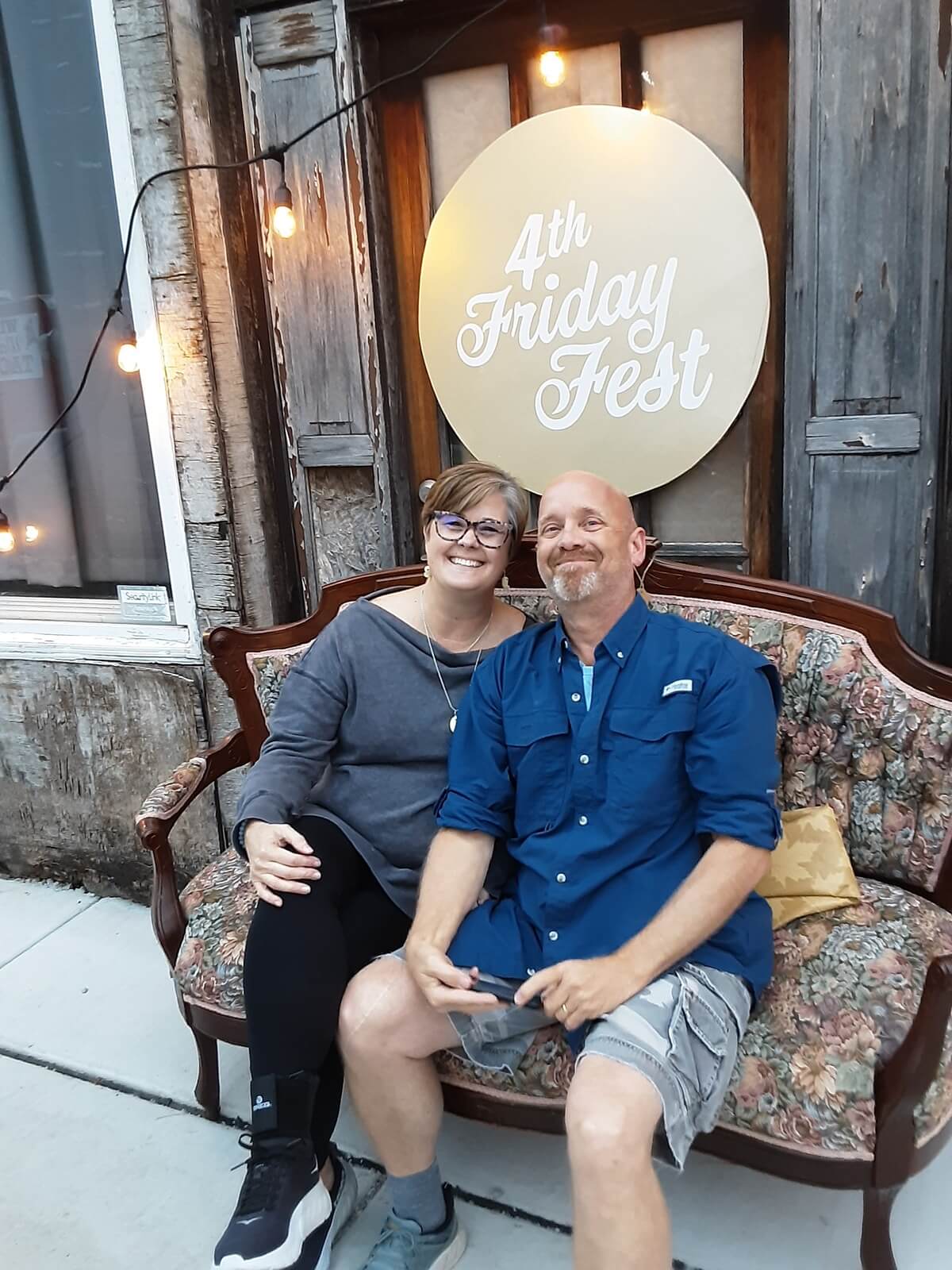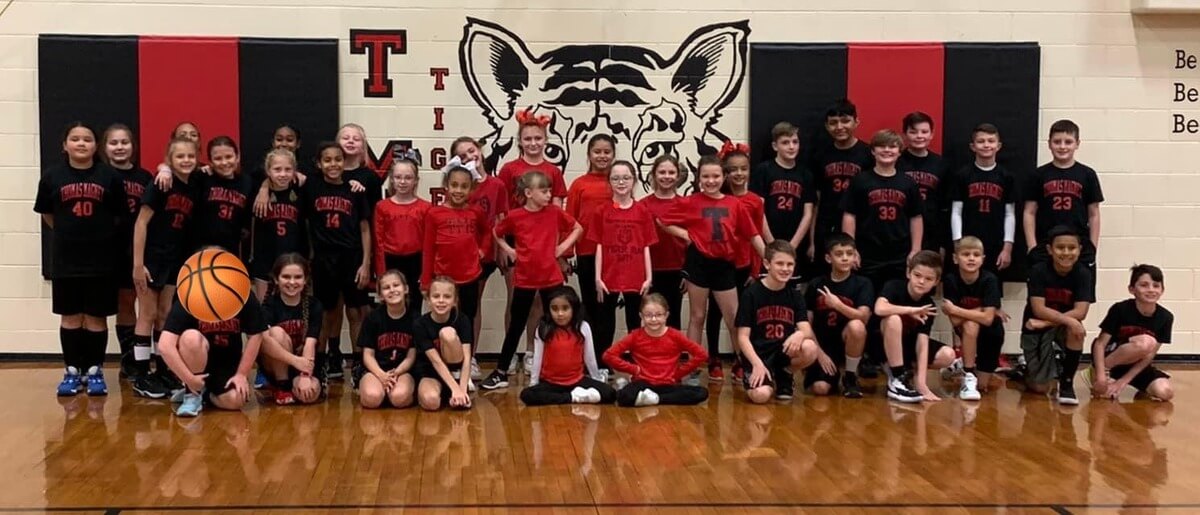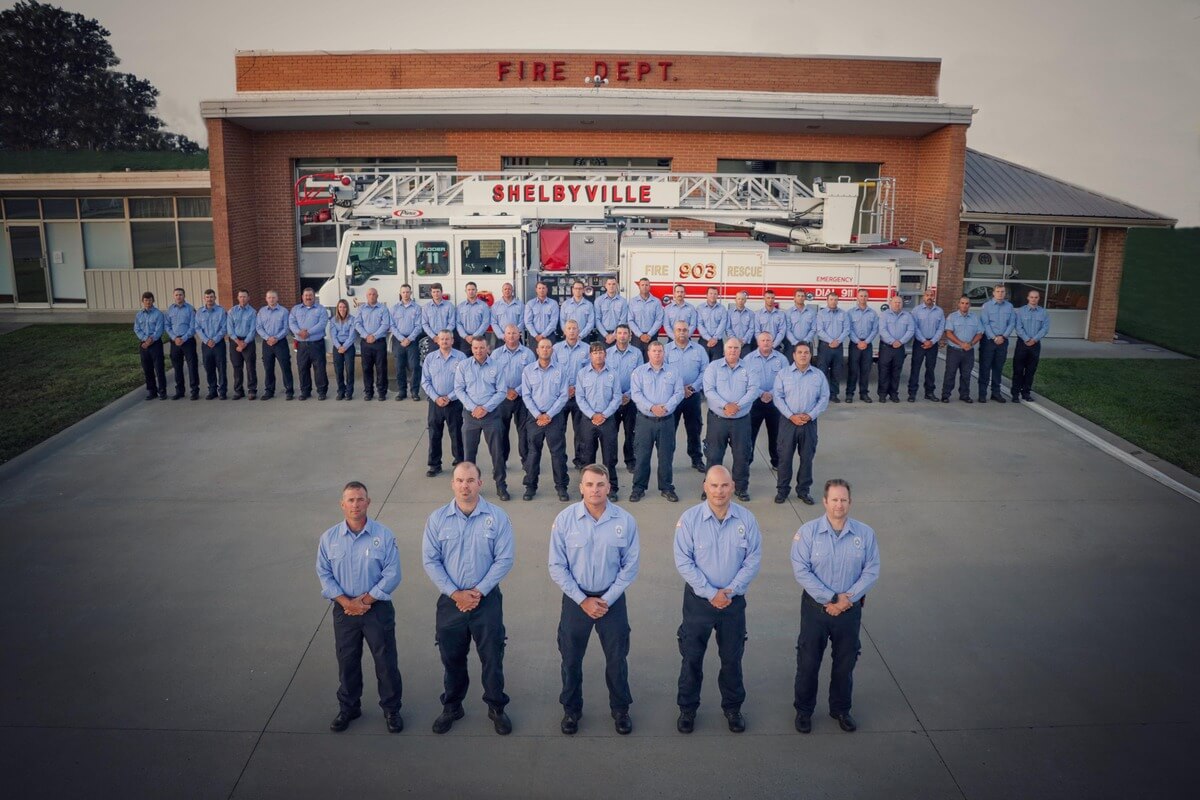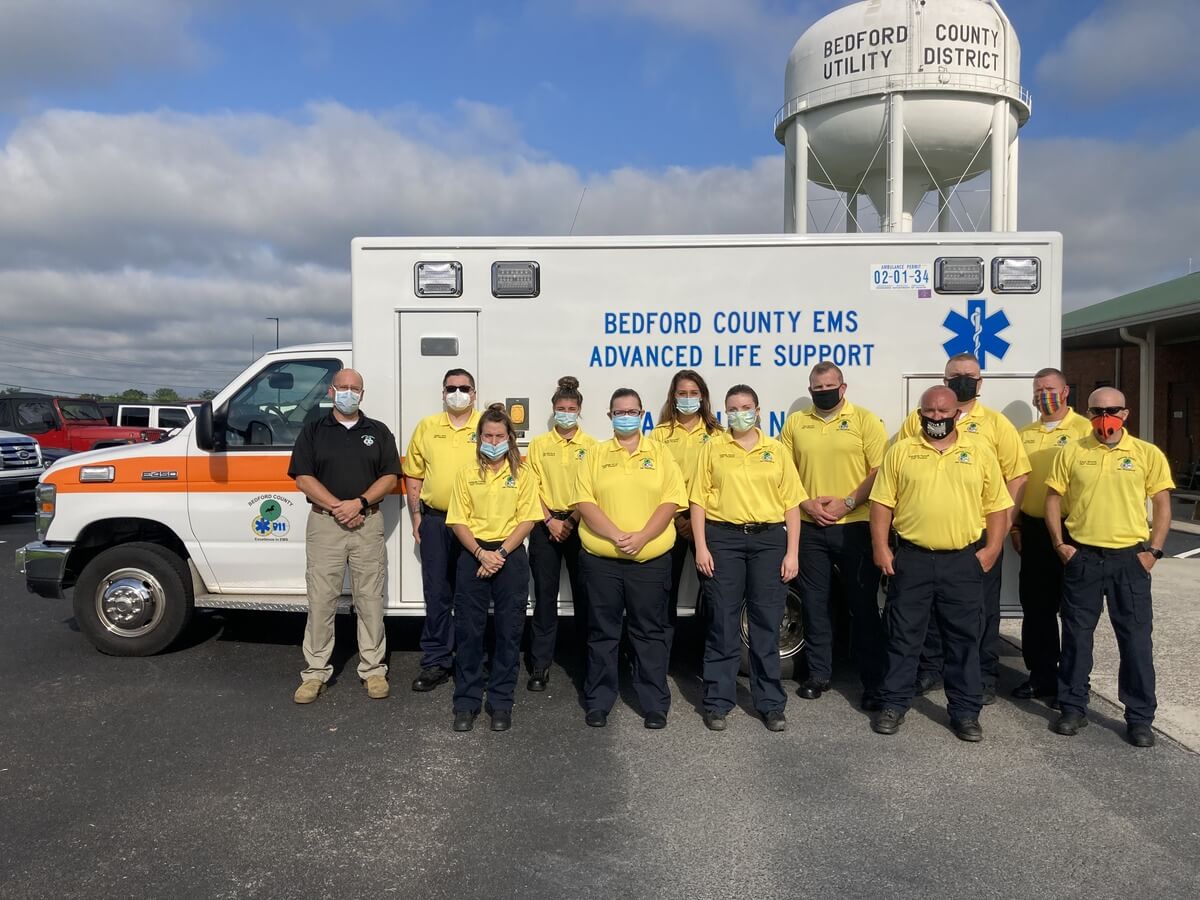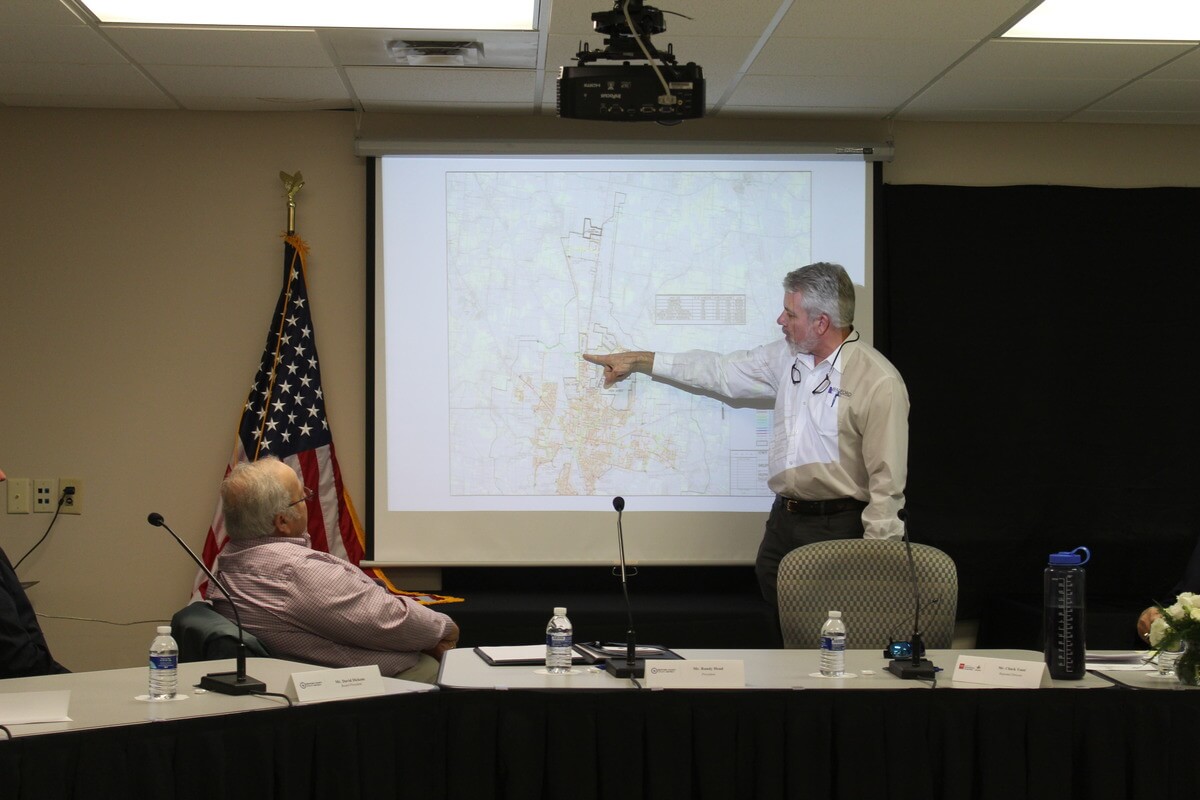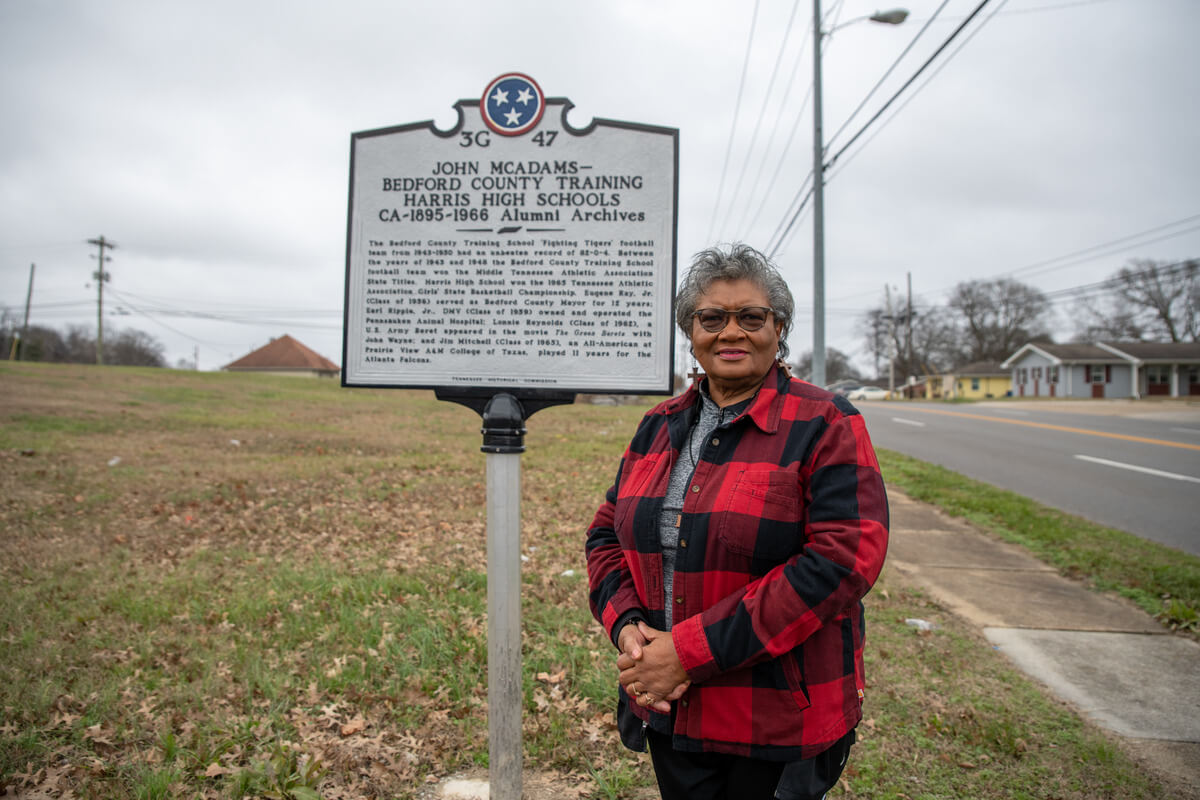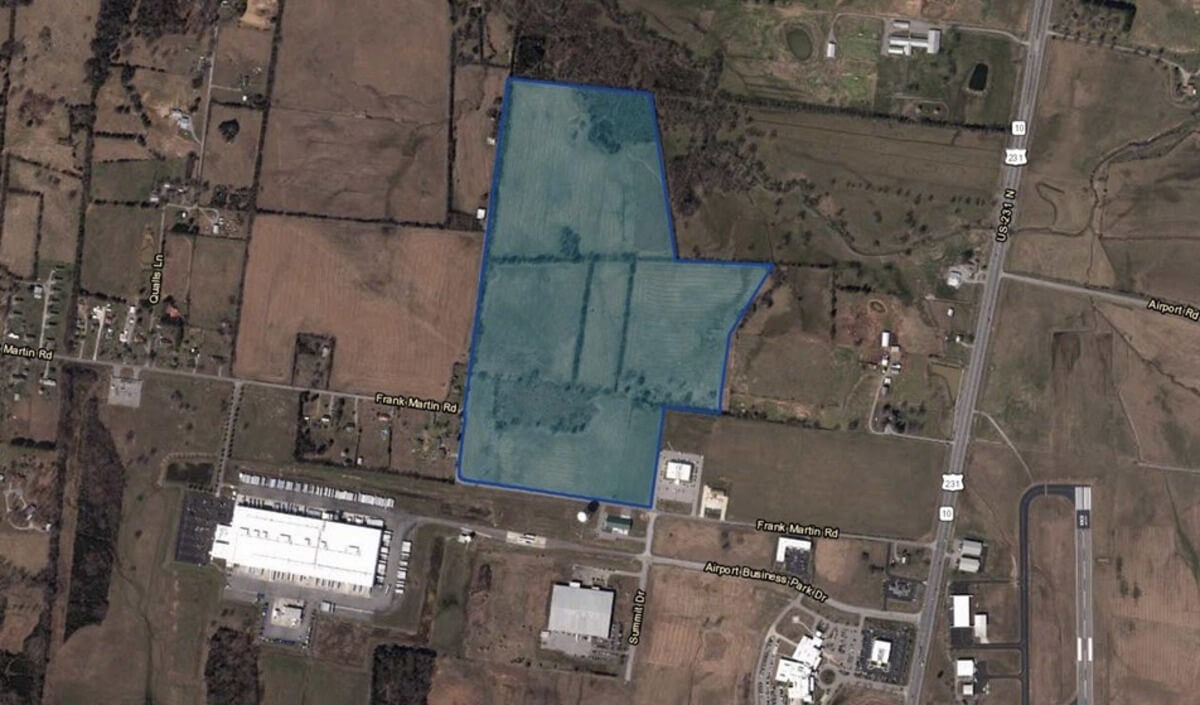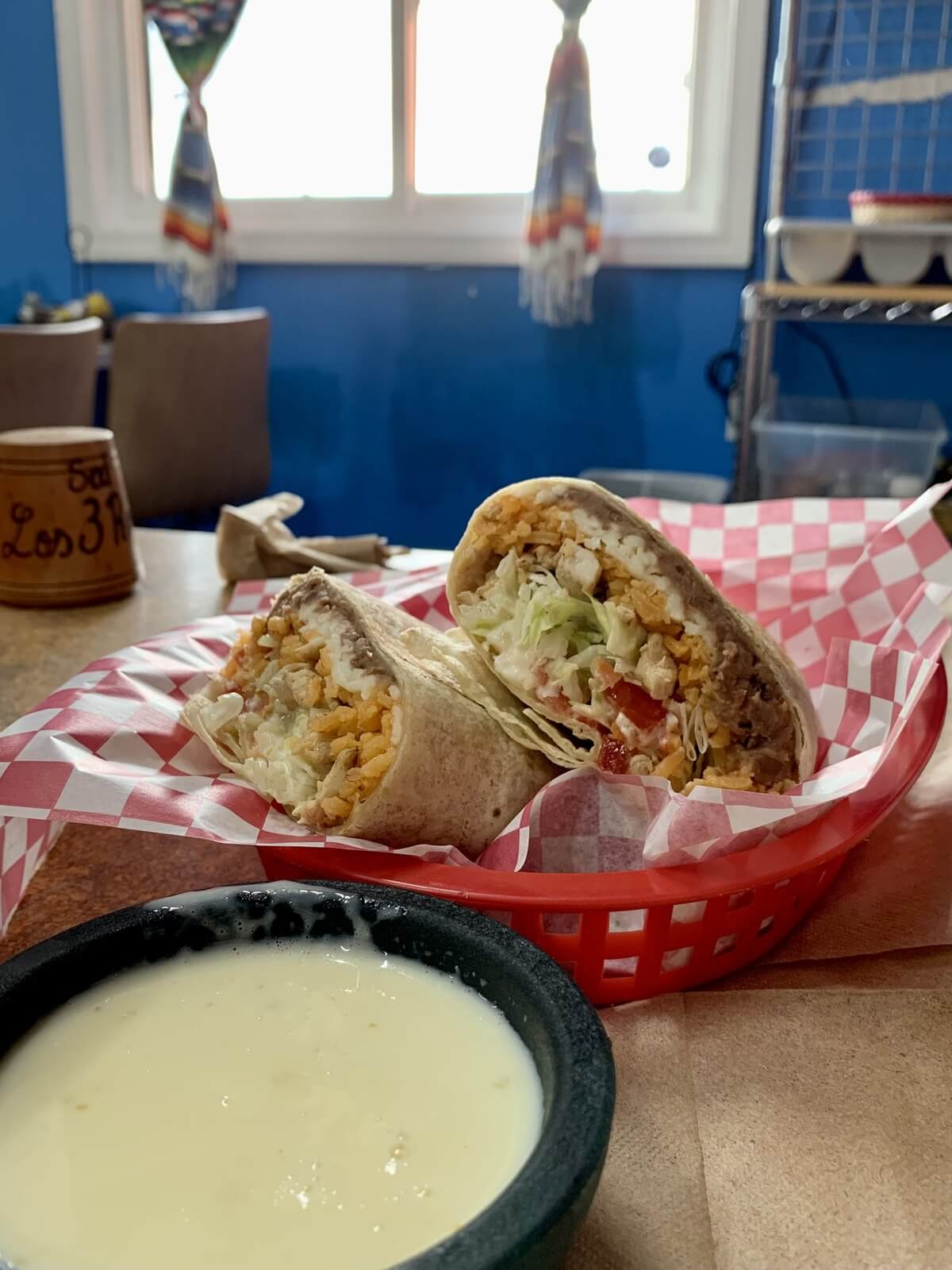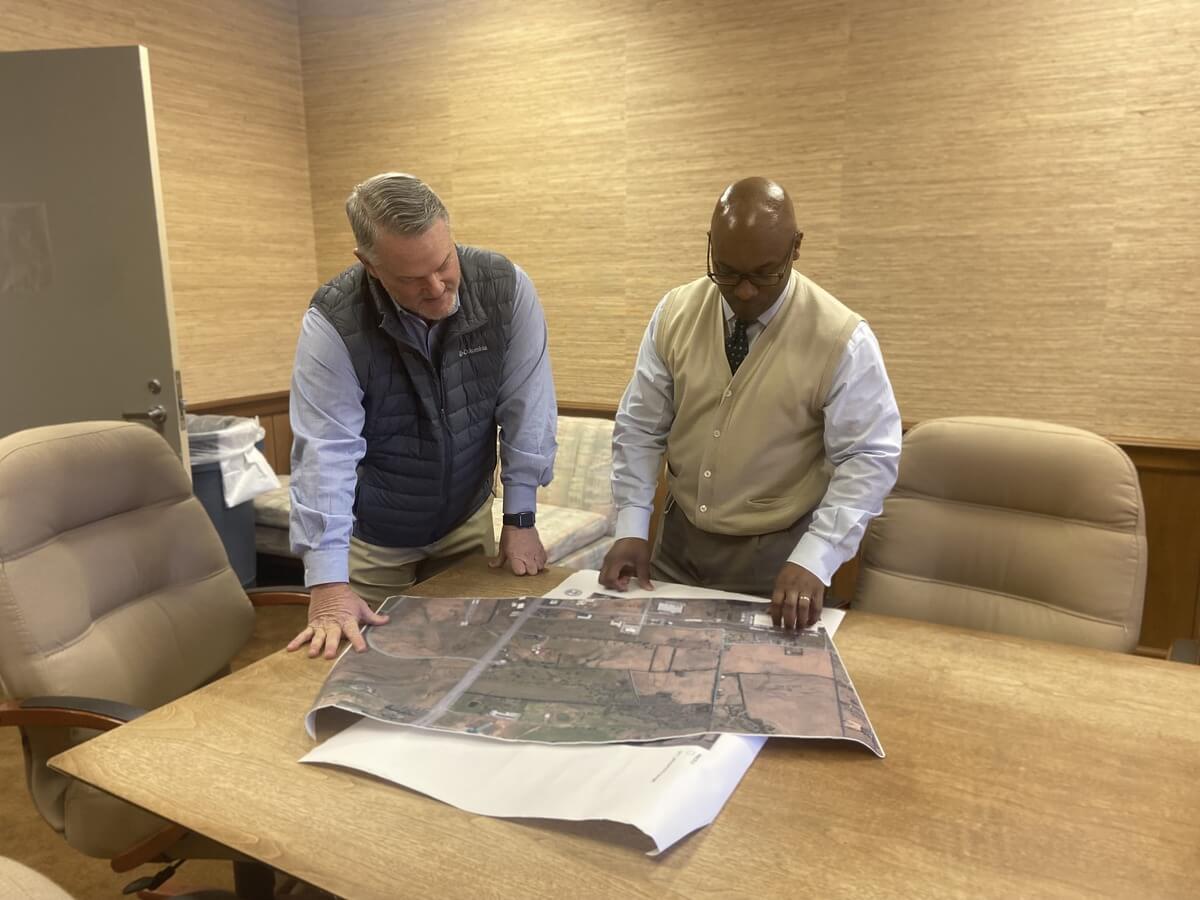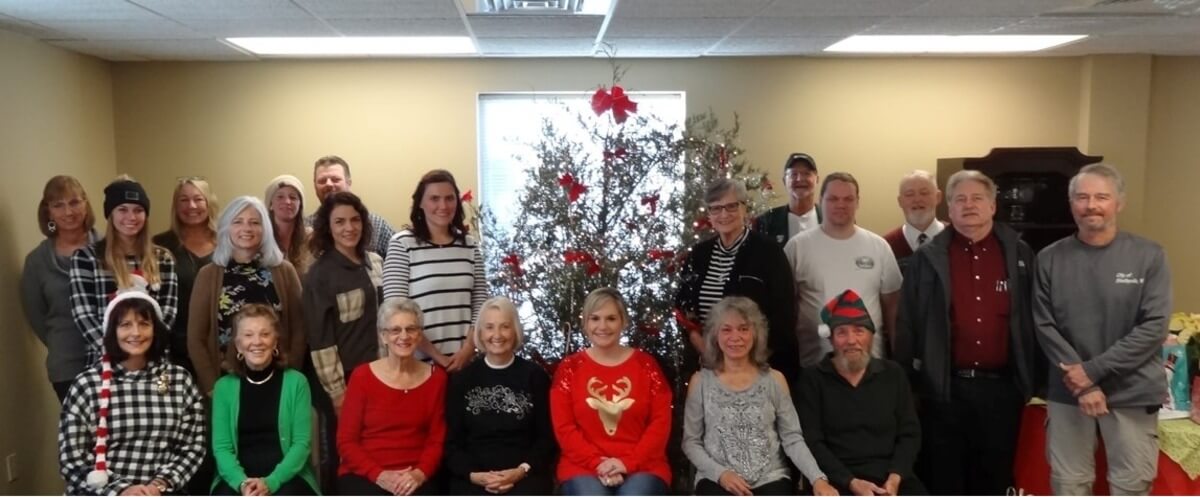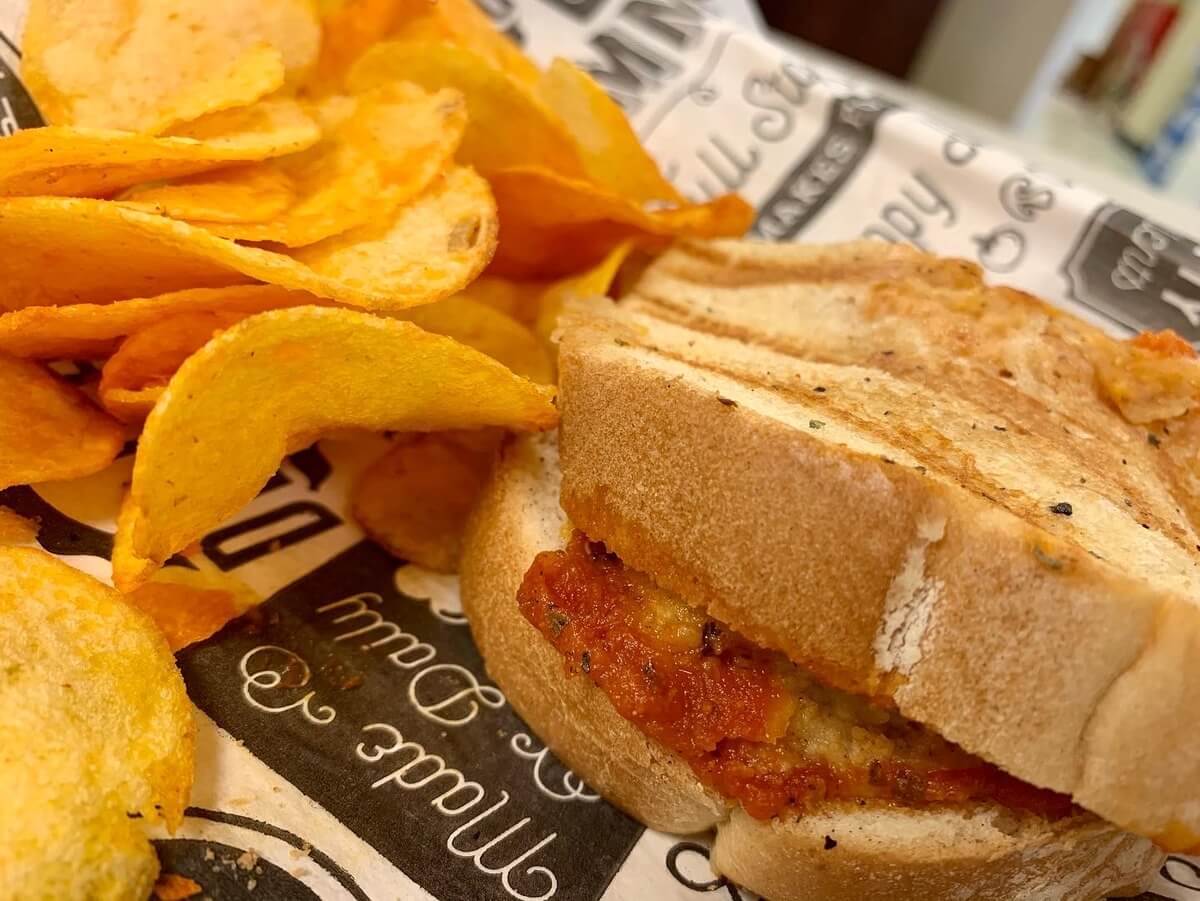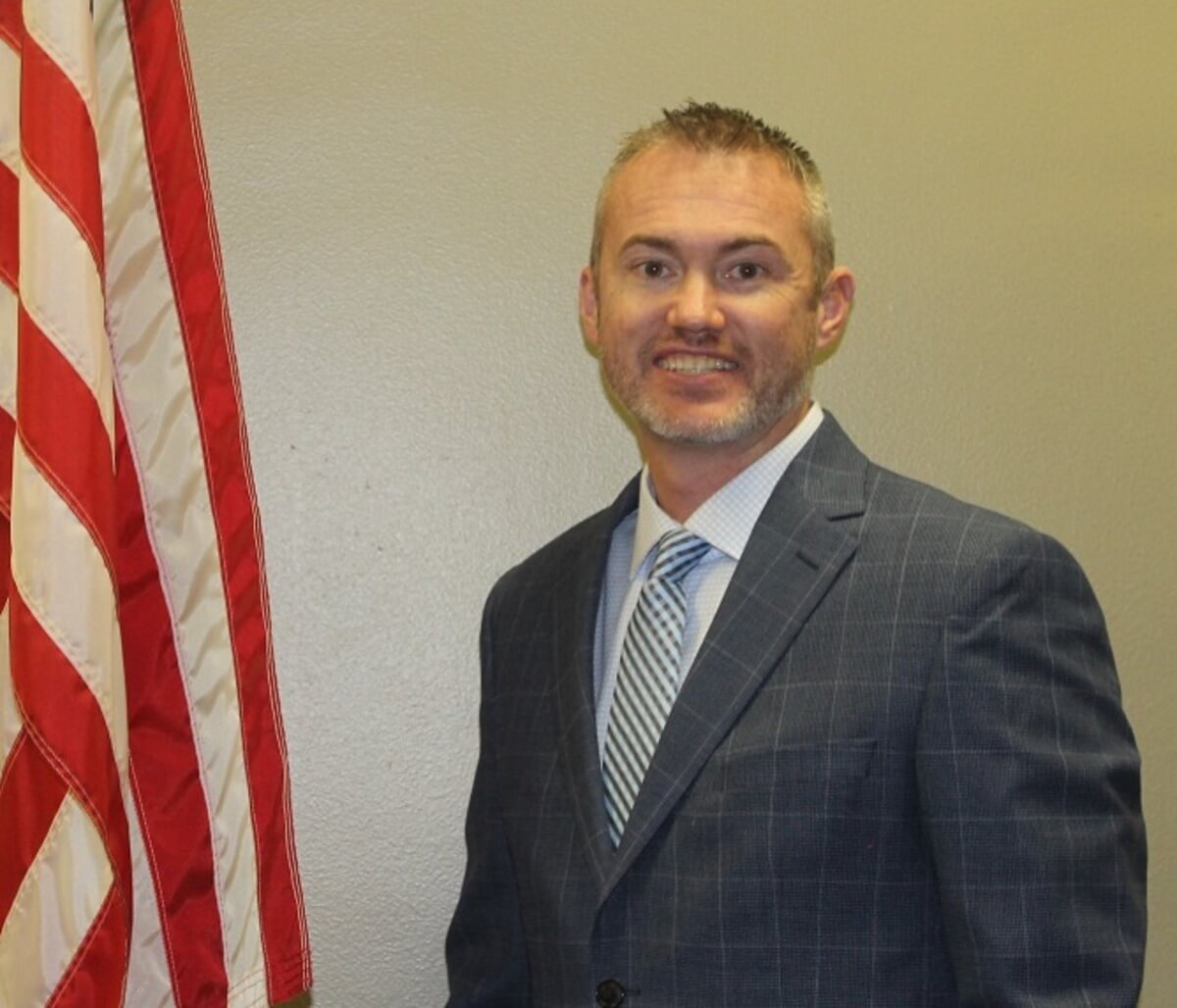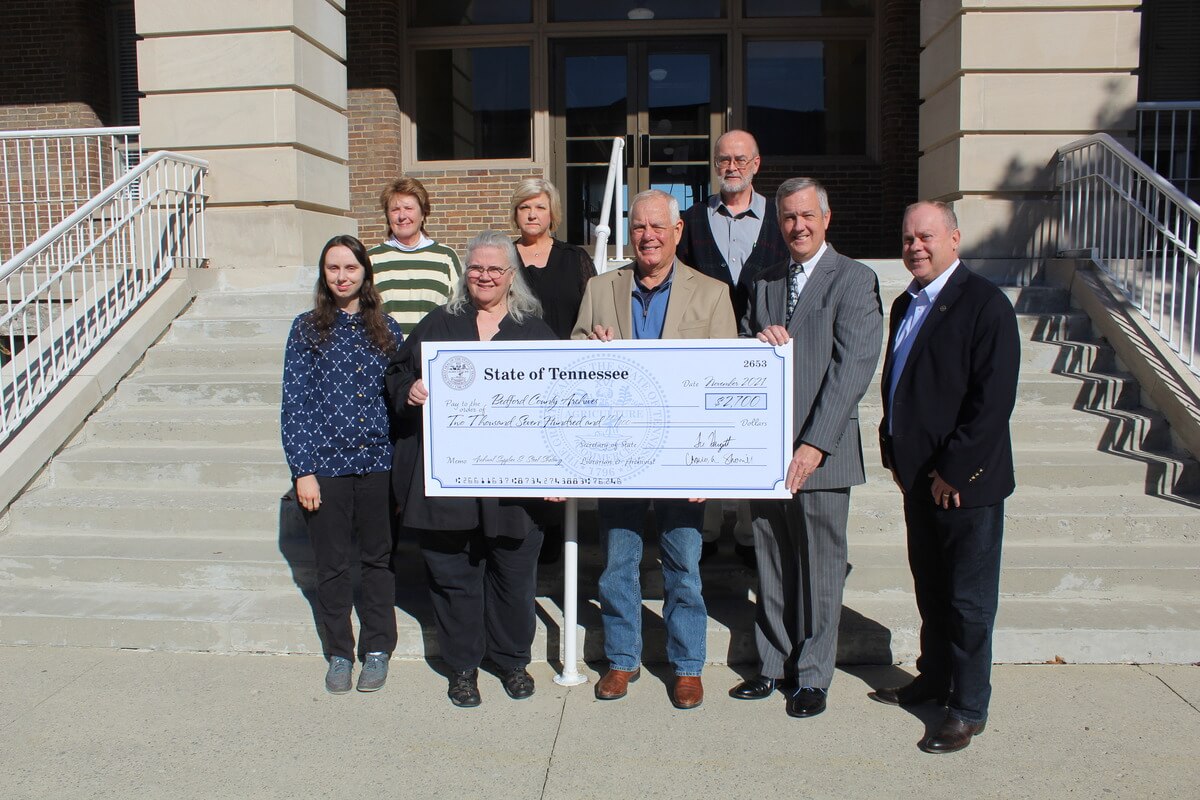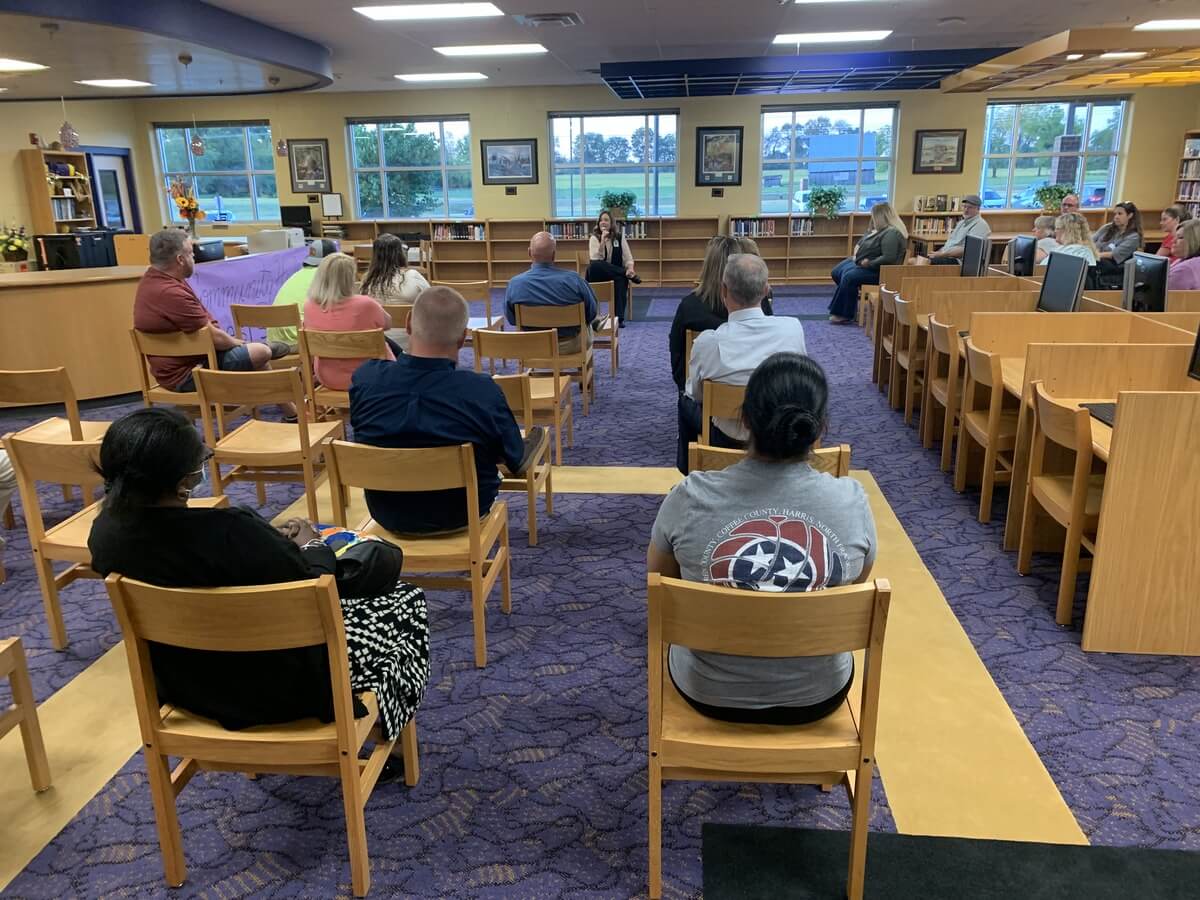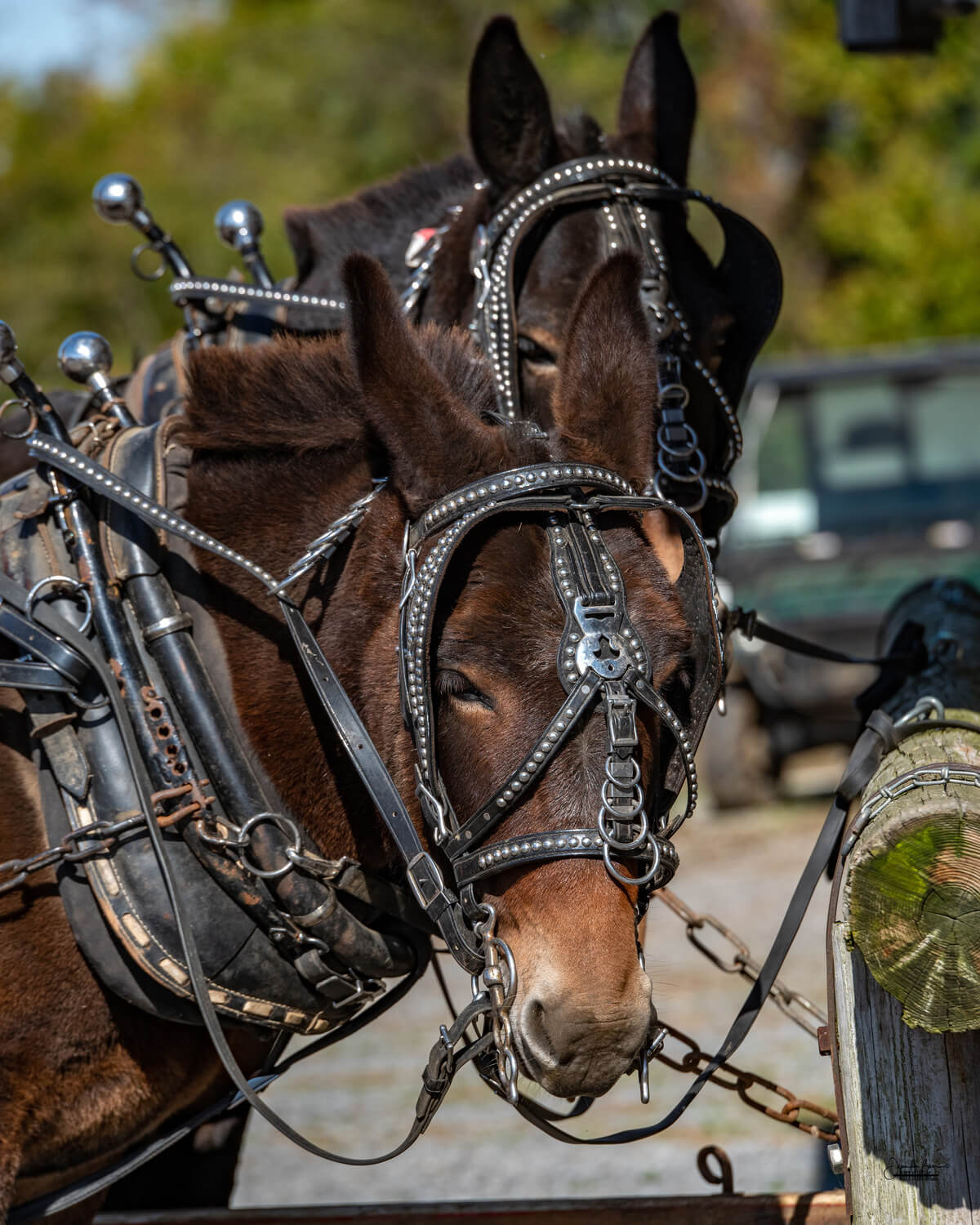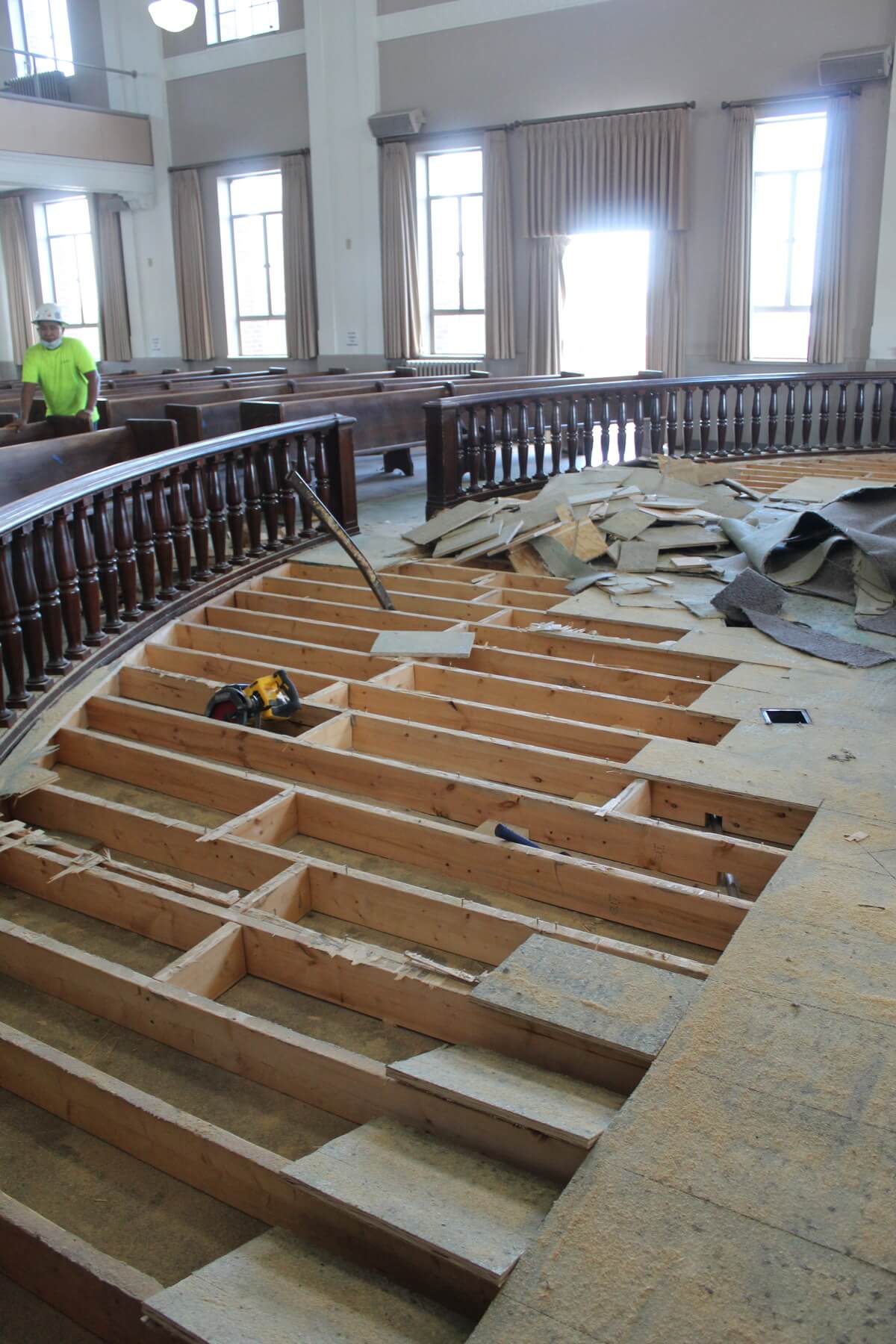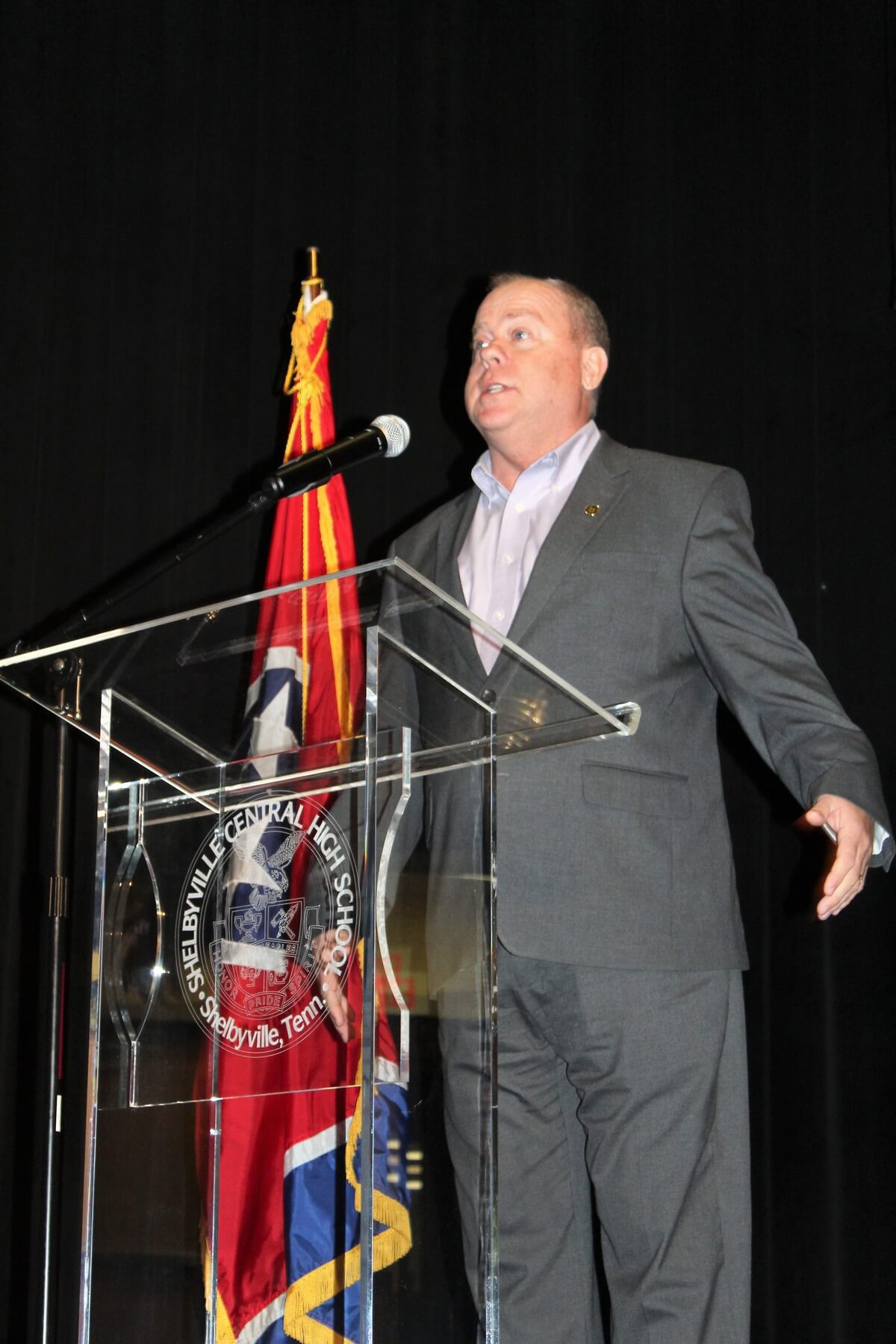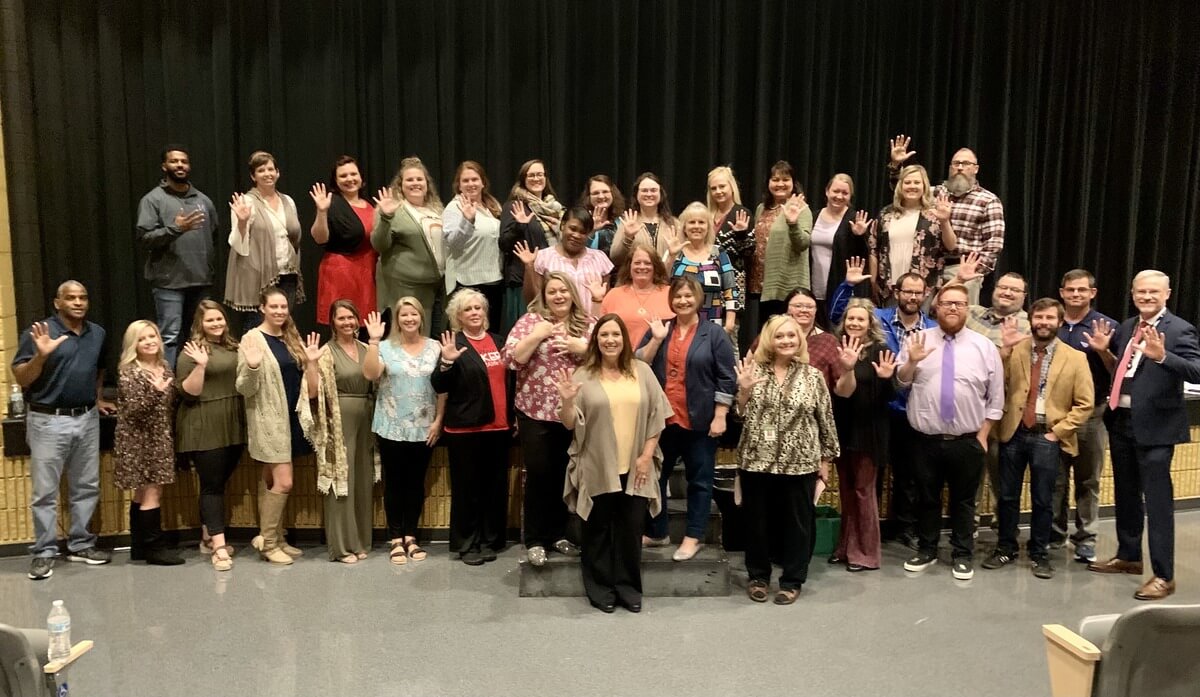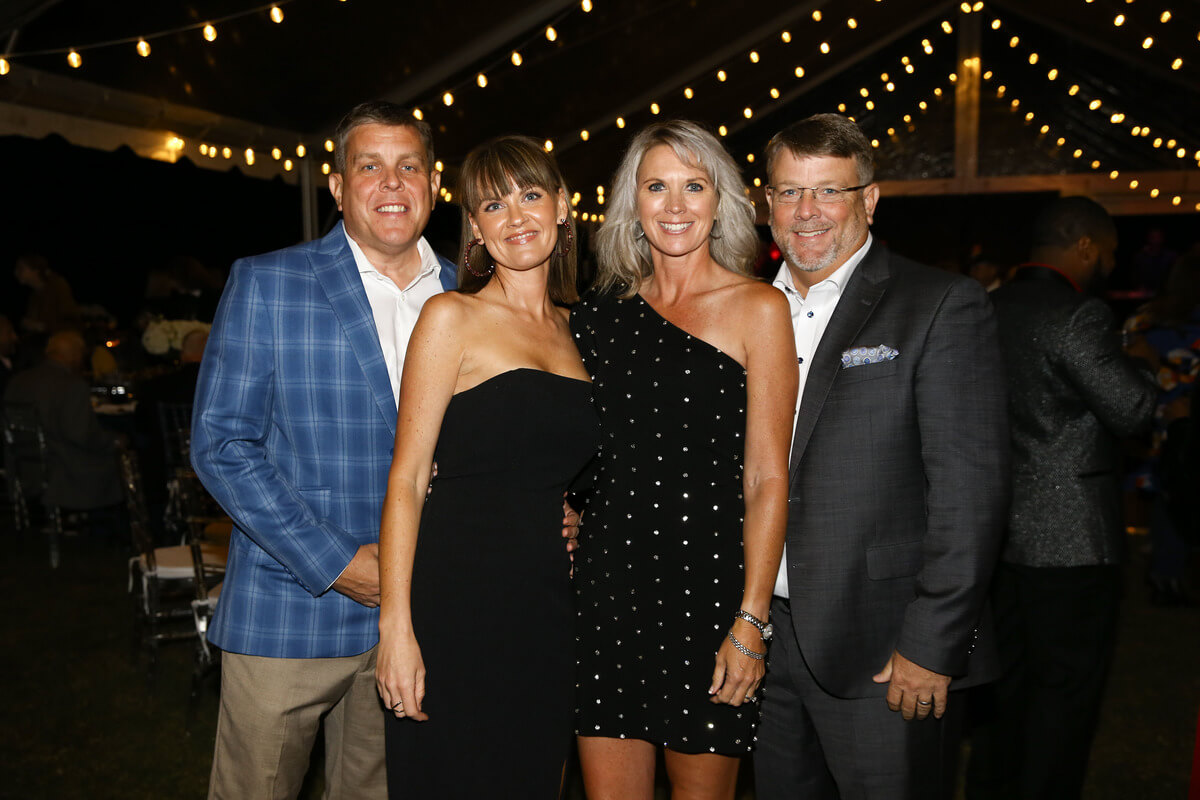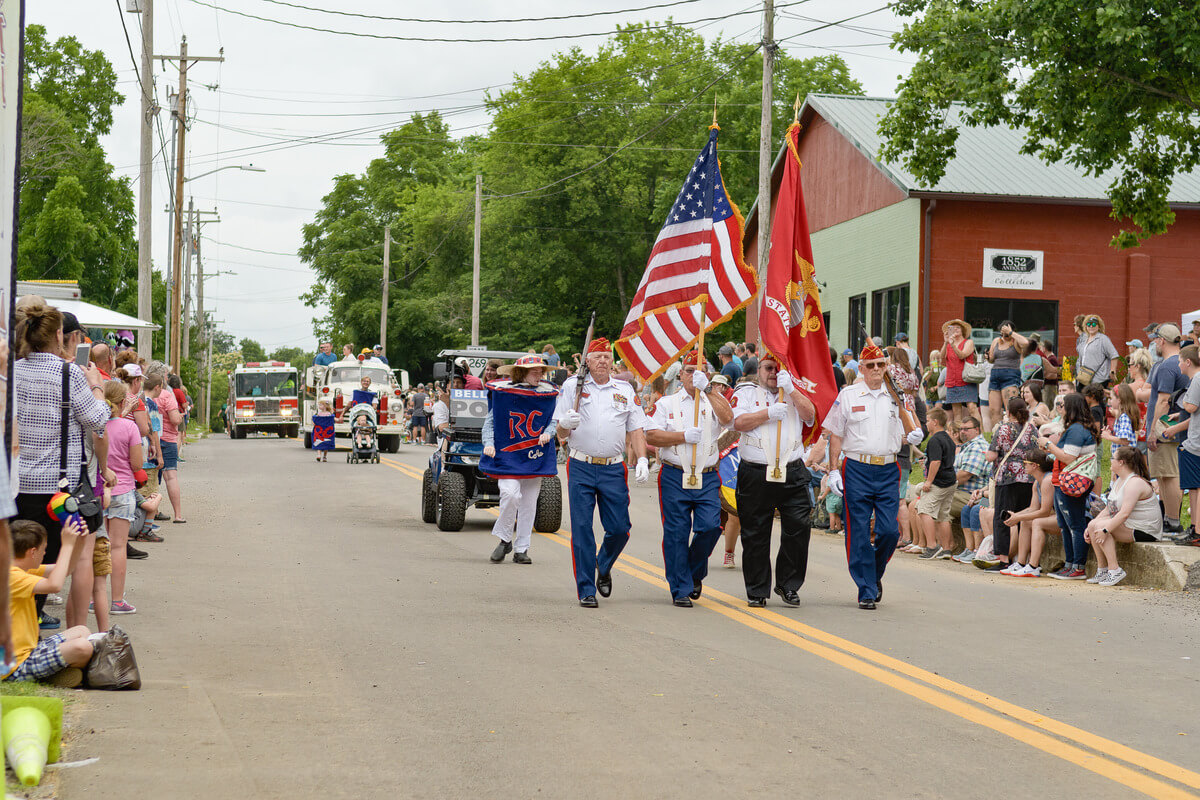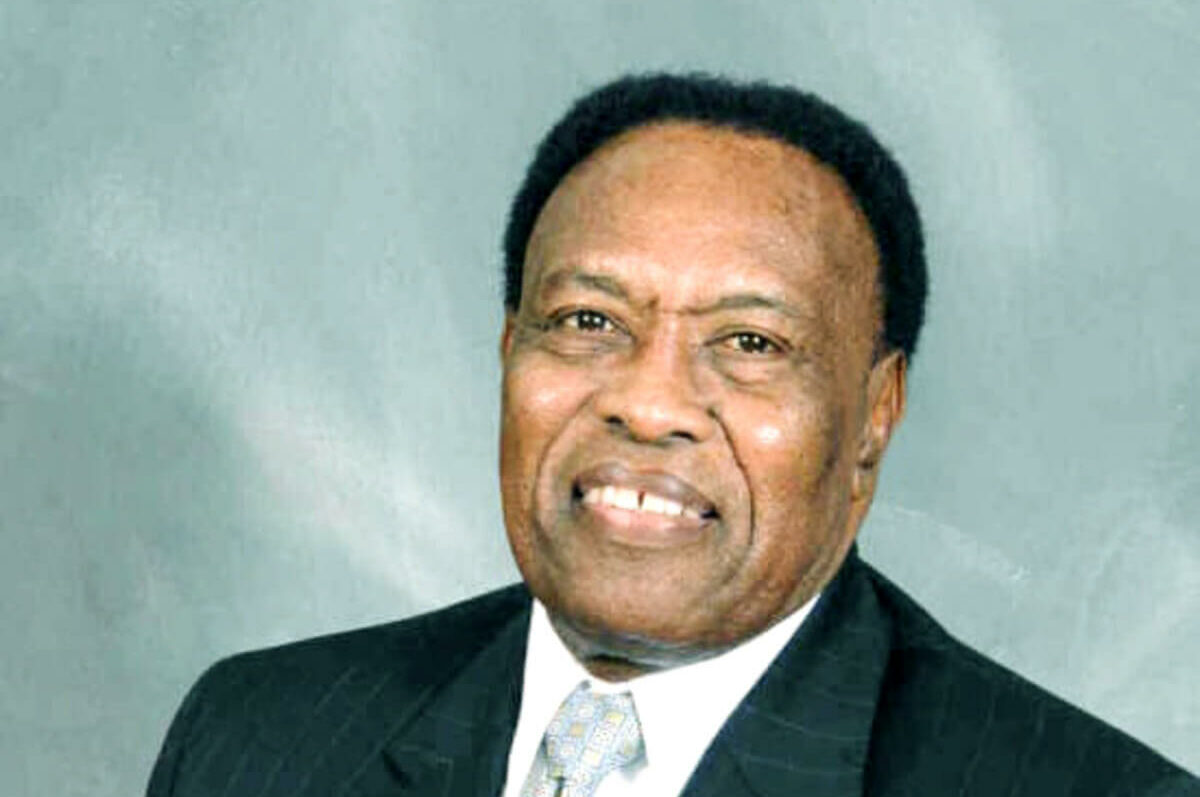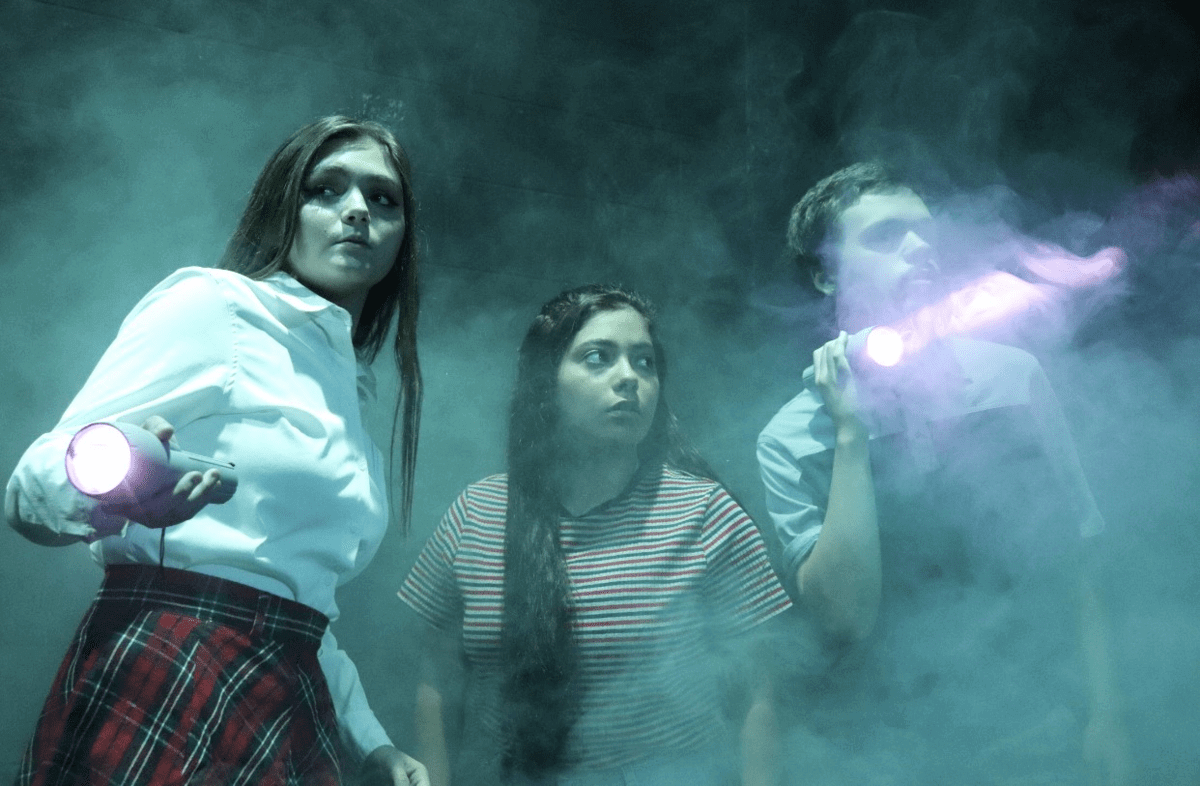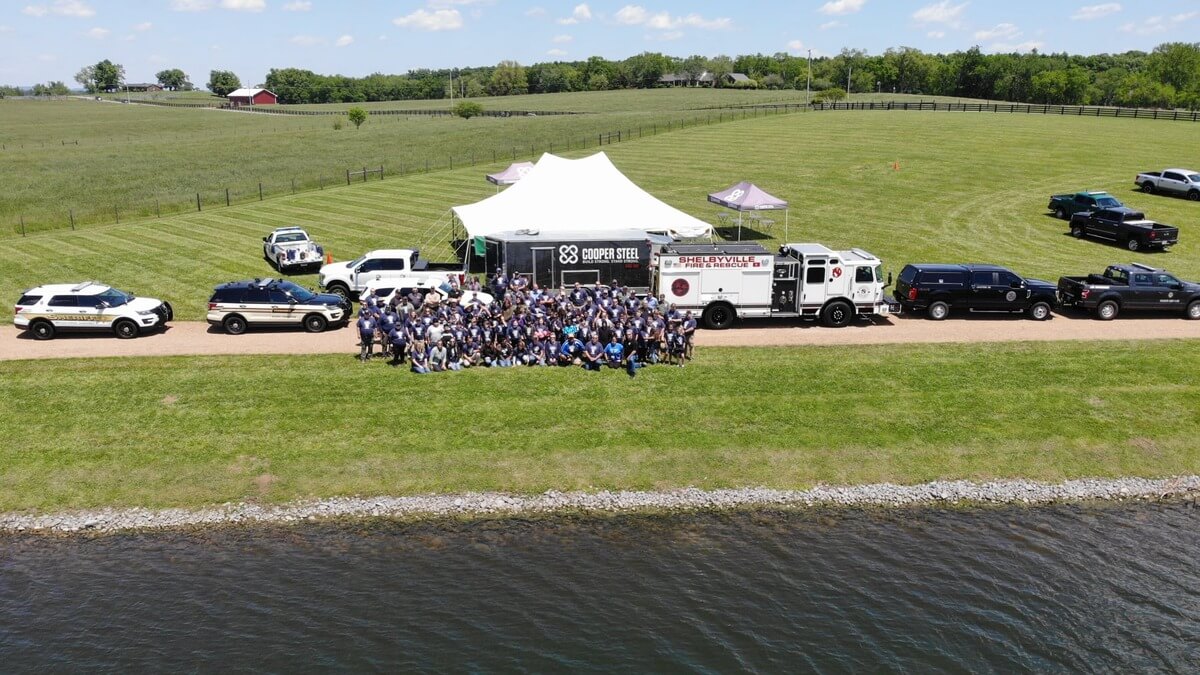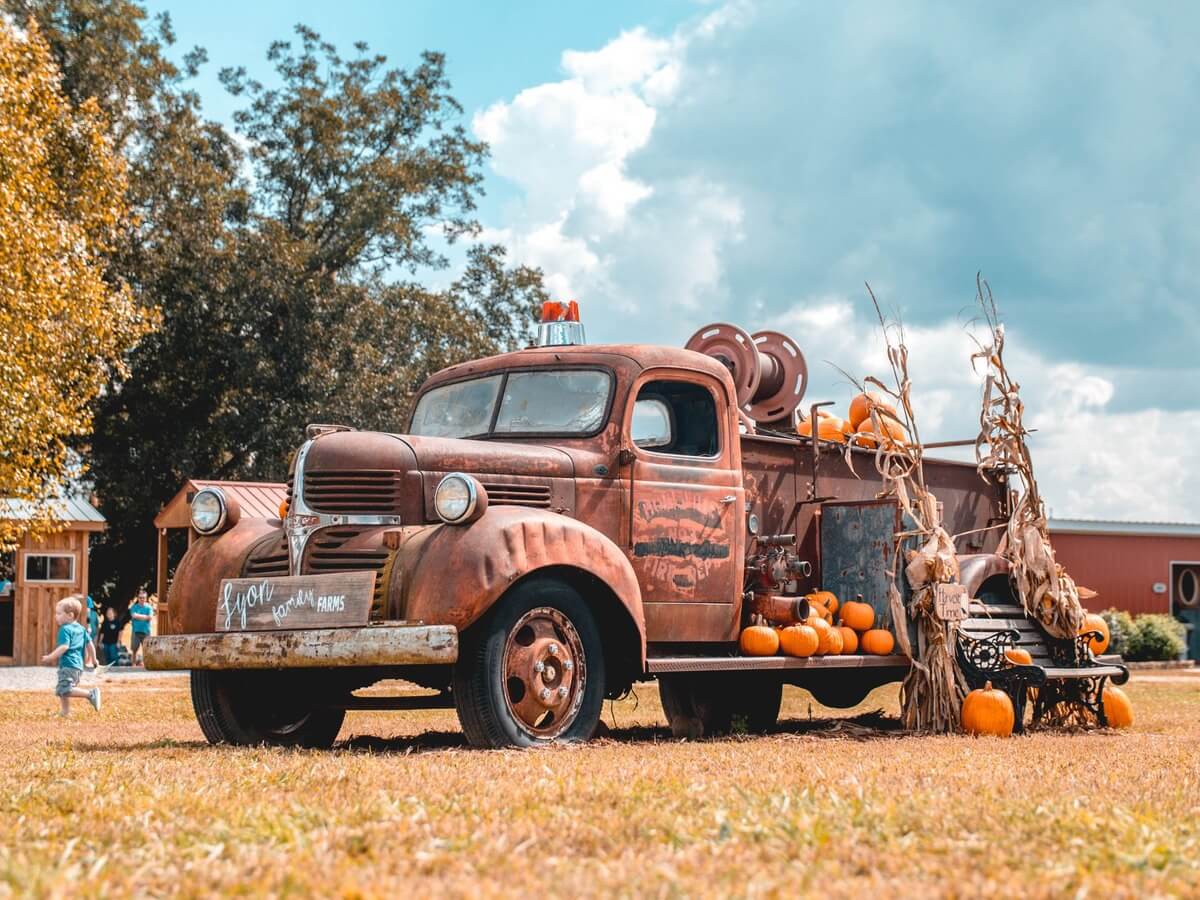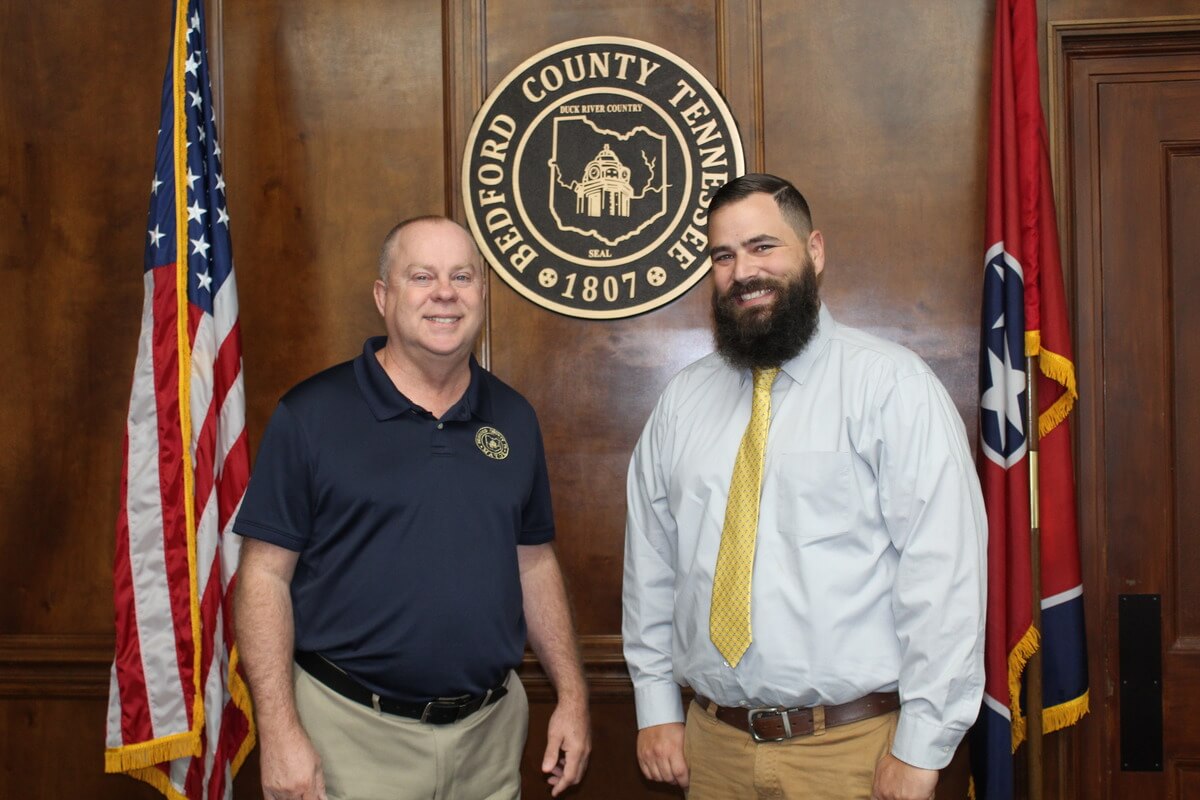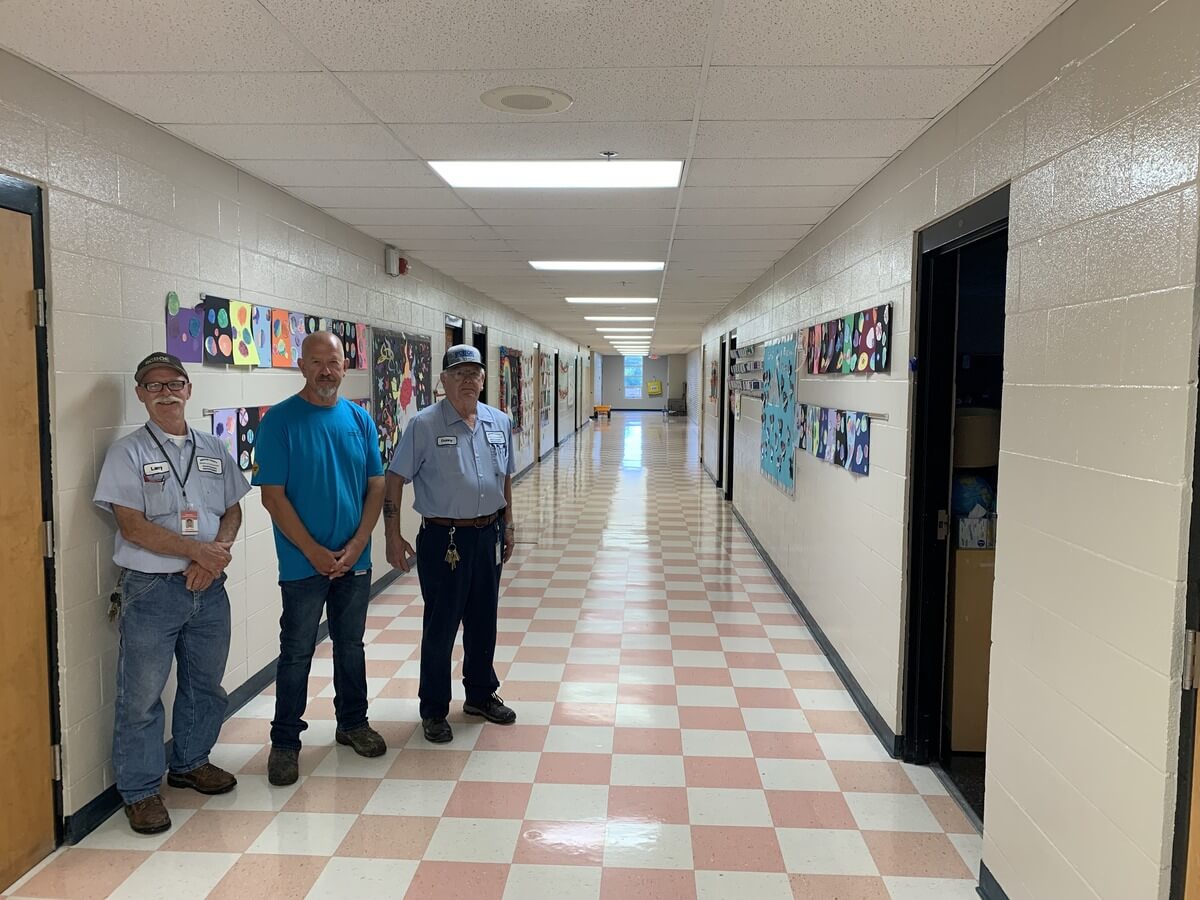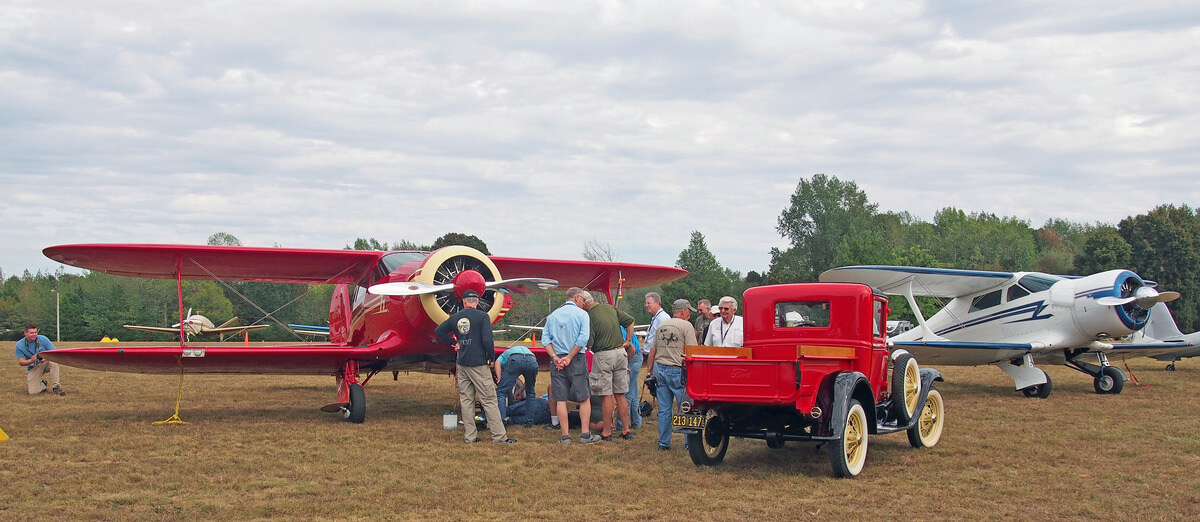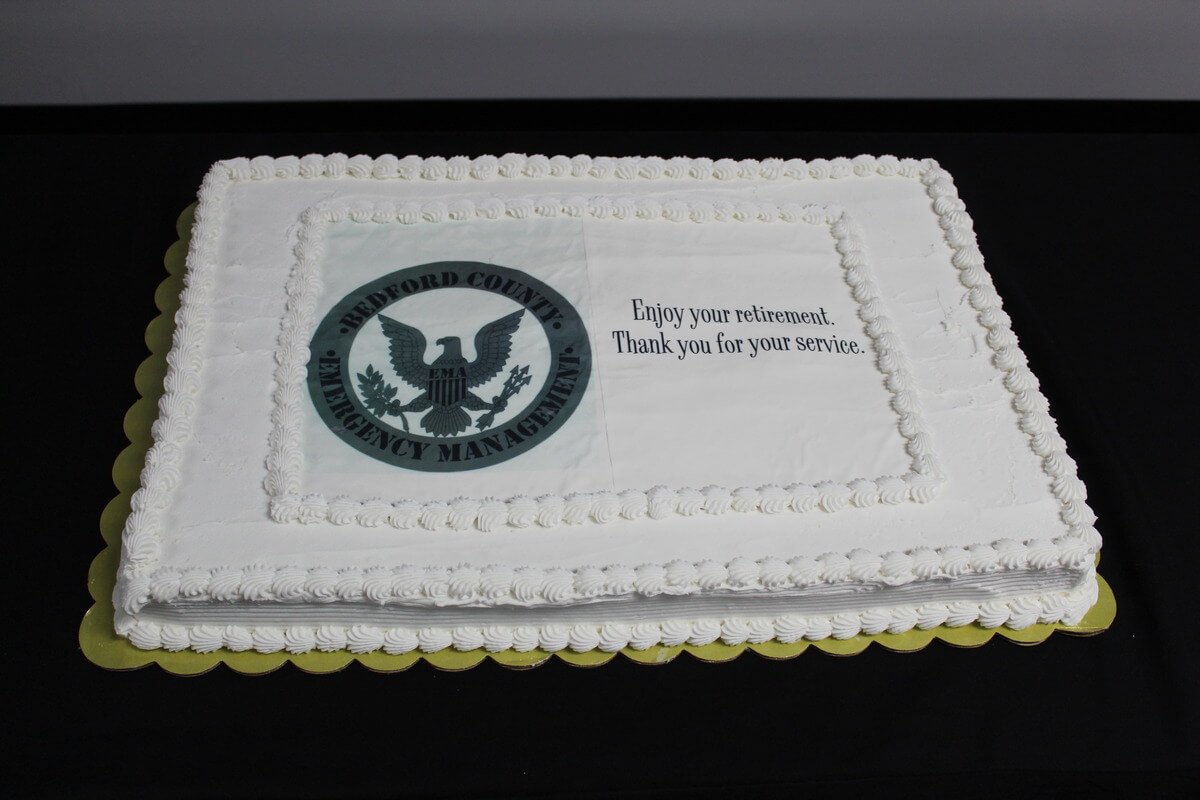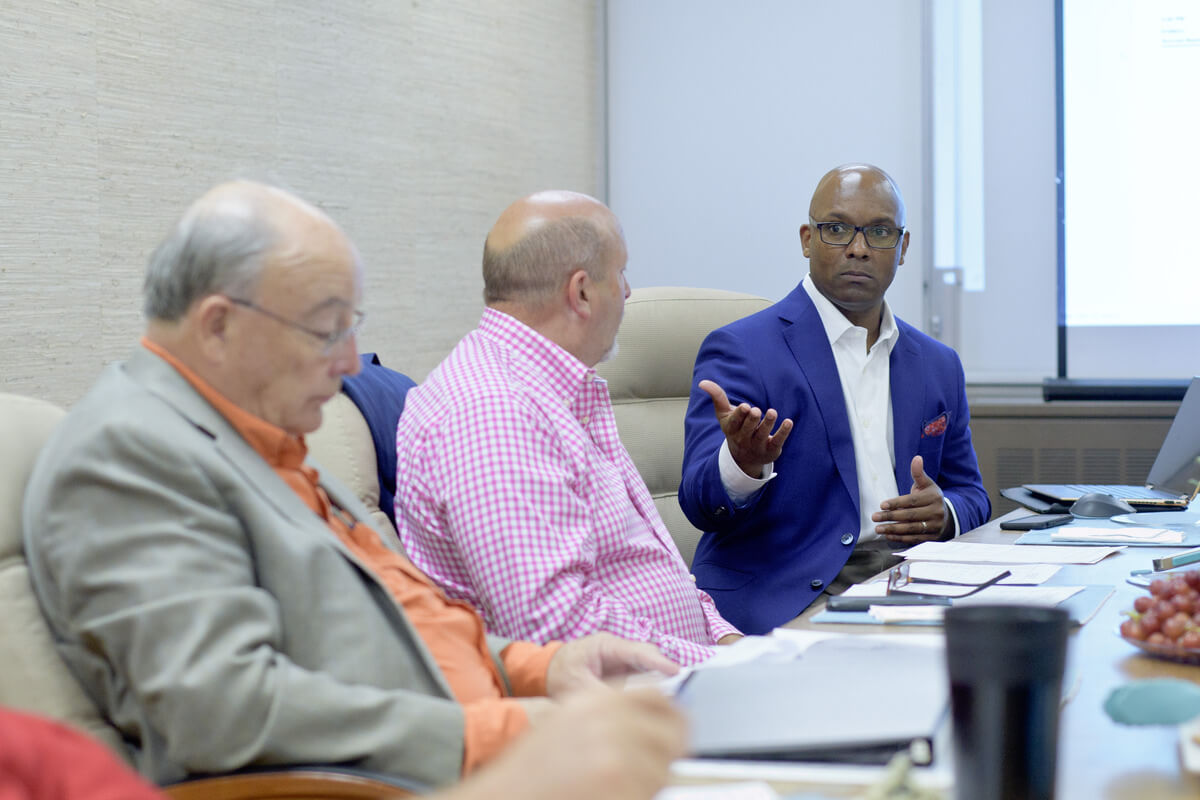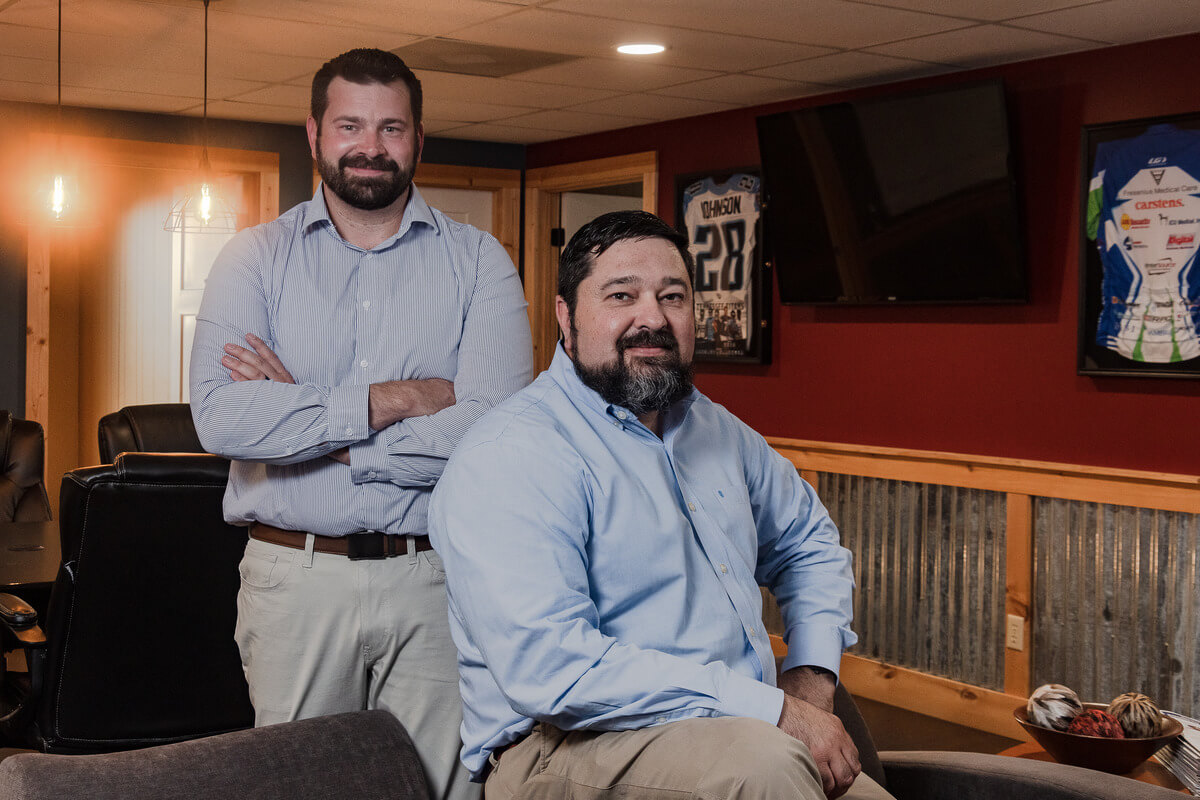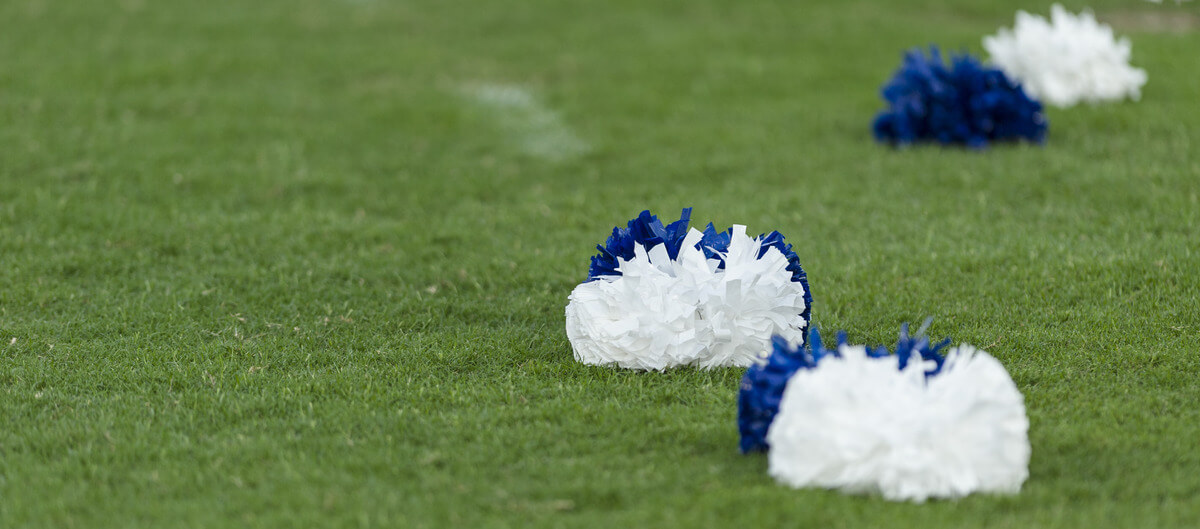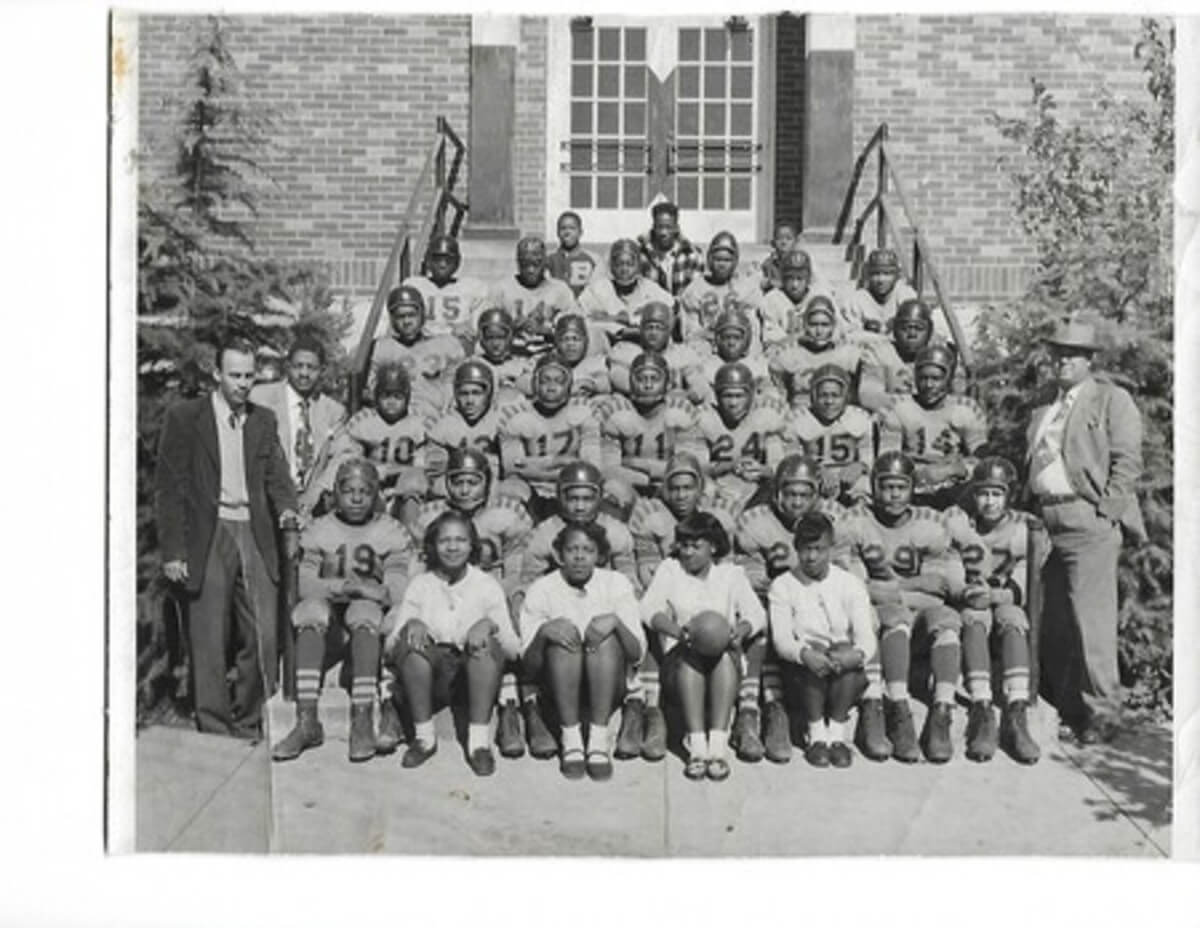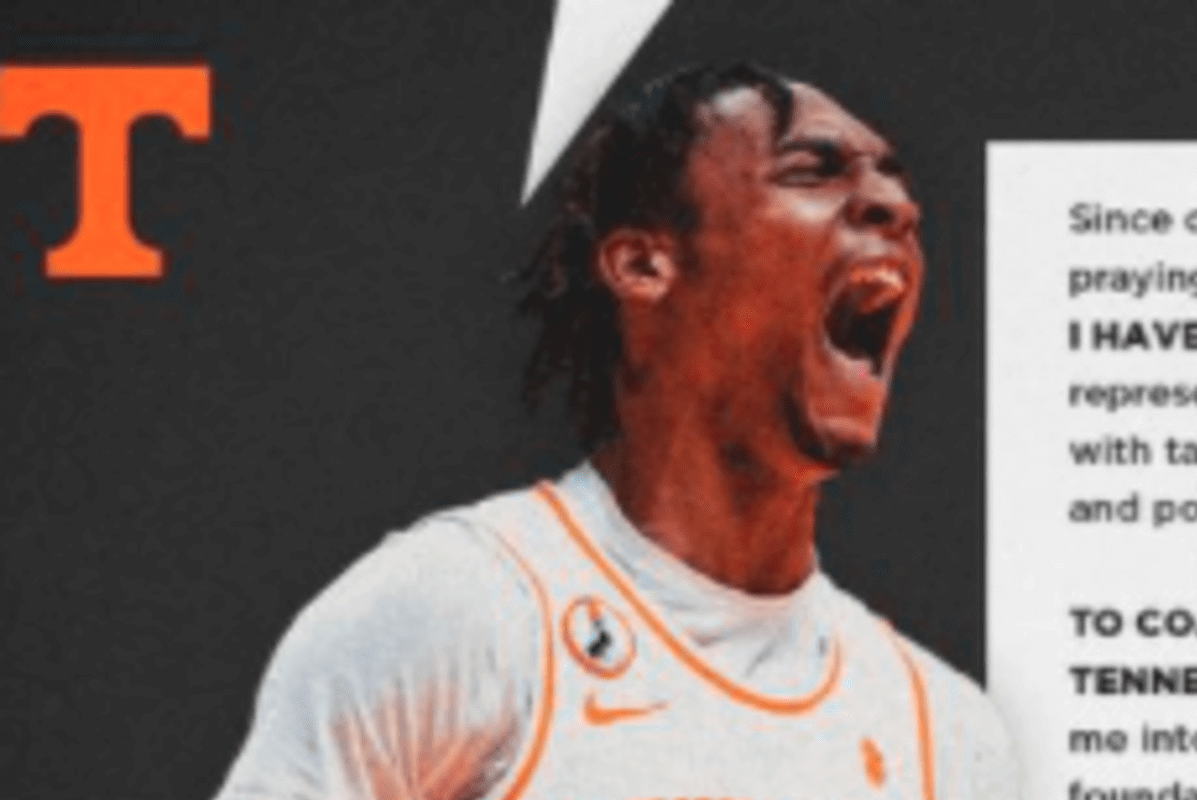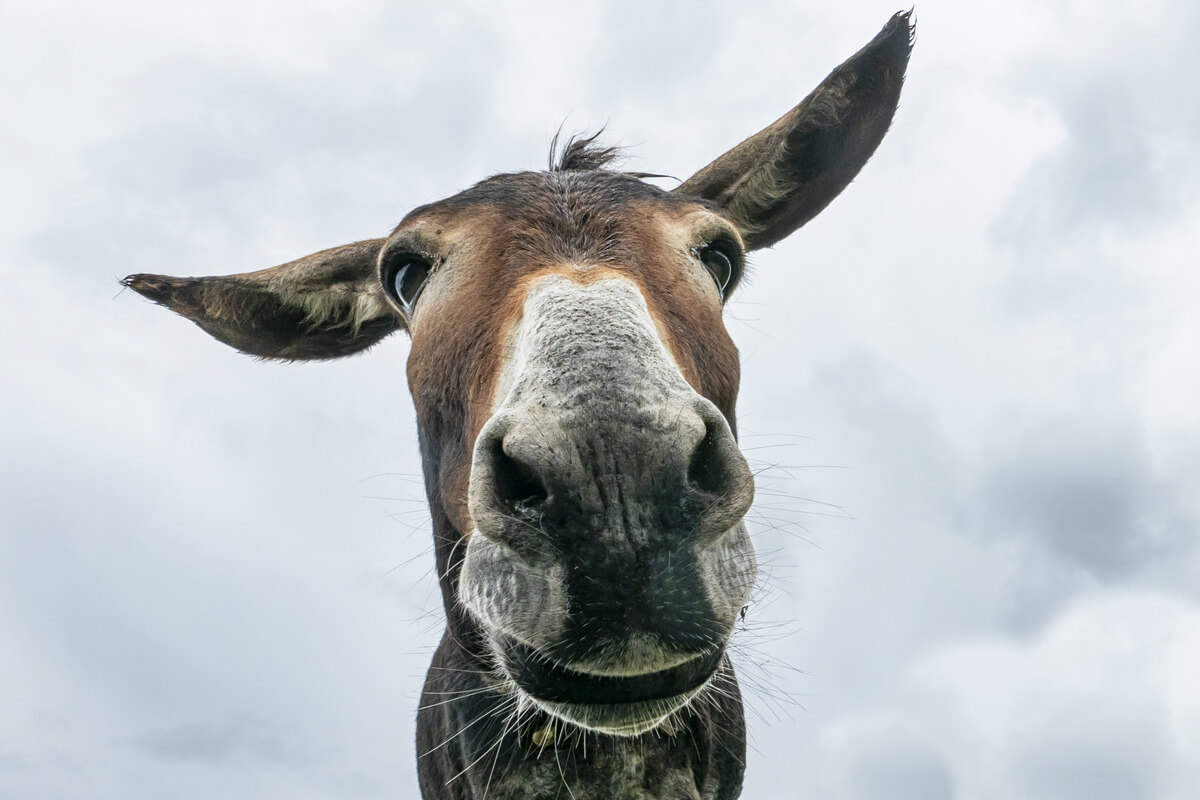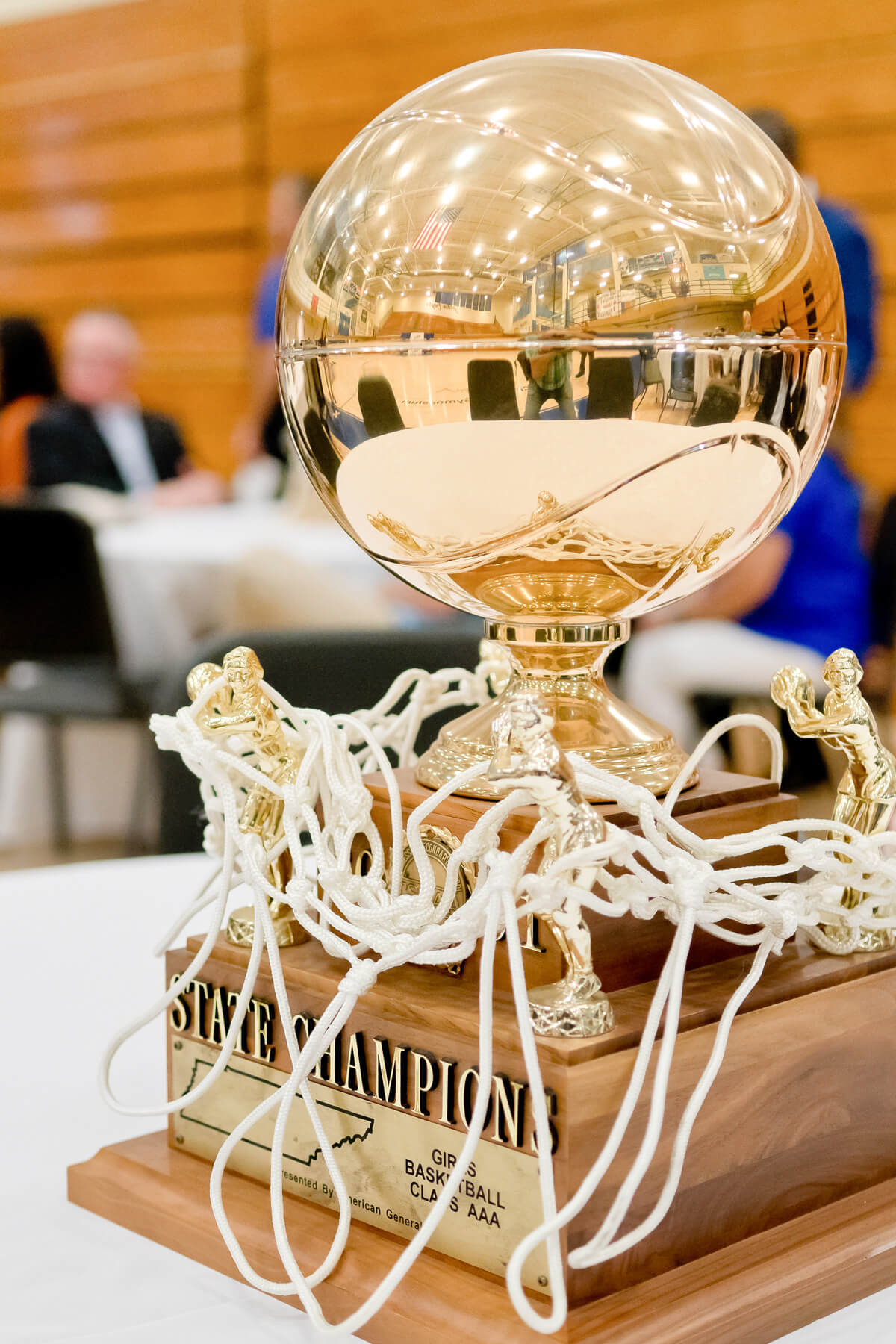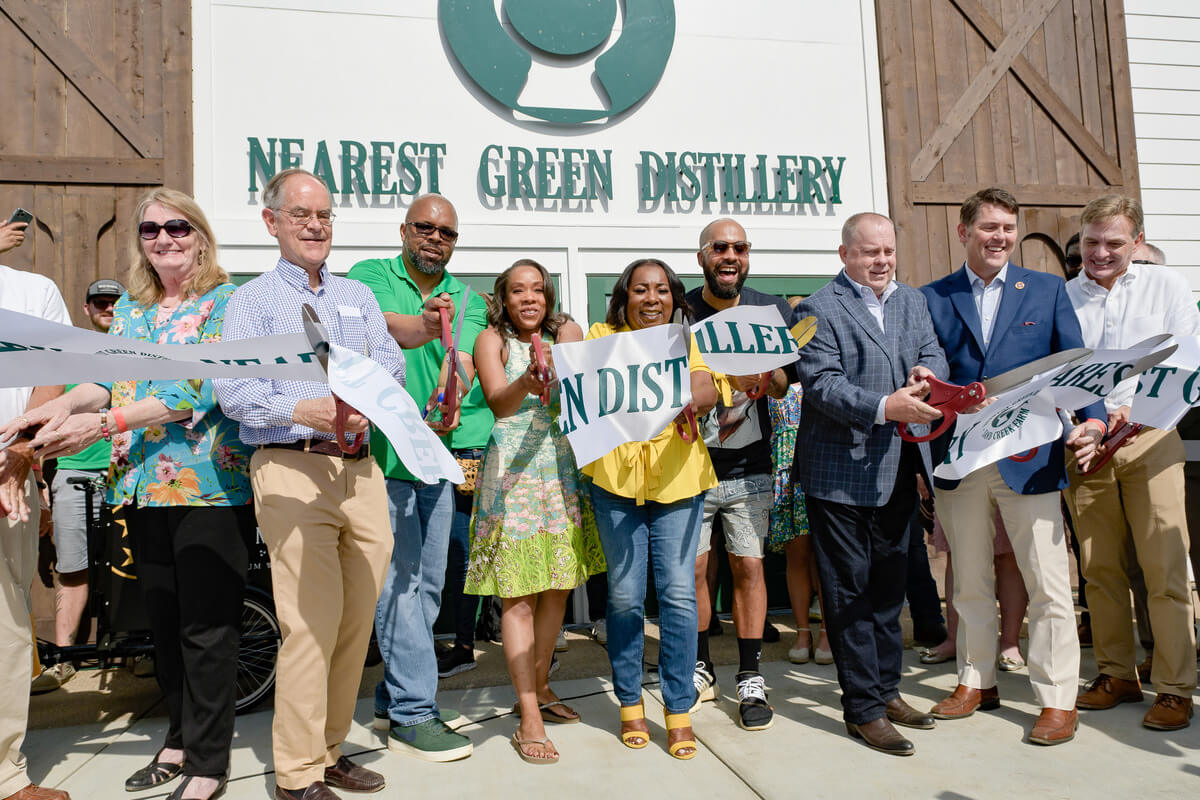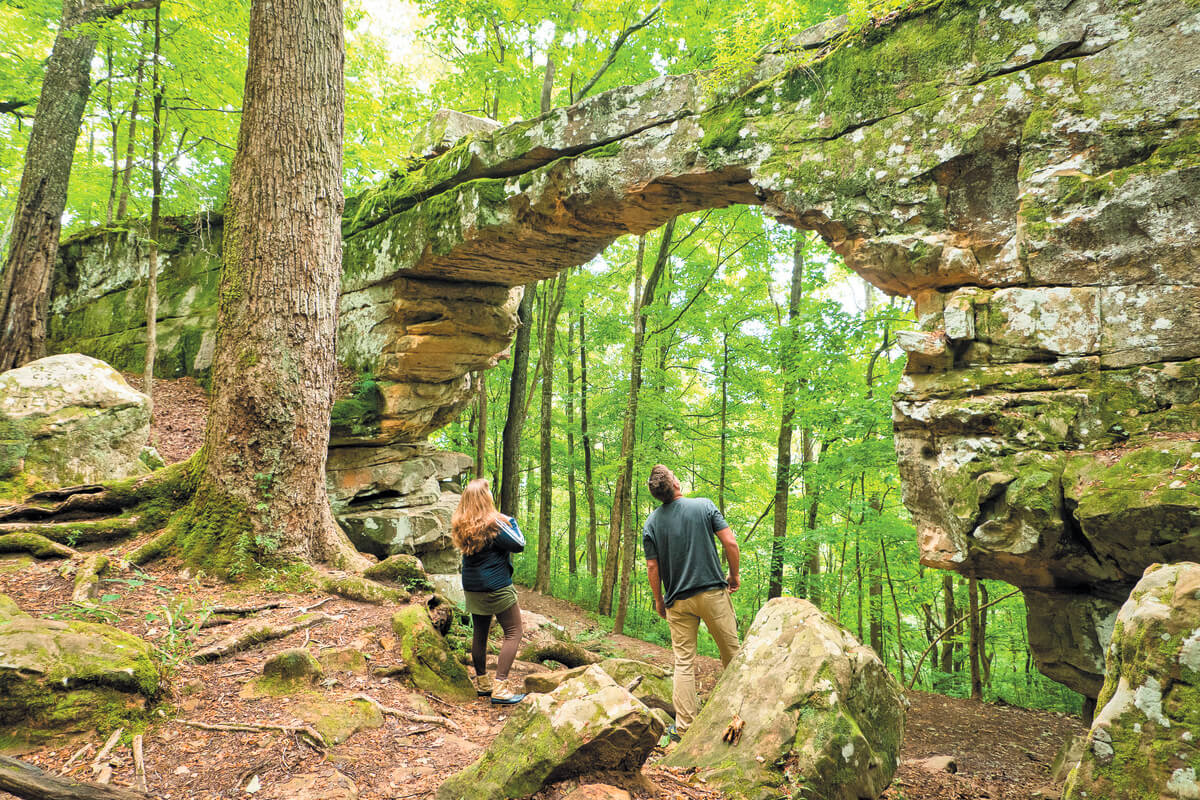WE HAVE understood the term “kick the bucket” for centuries. But it wasn’t until 2007 that screenwriter Justin Zackham coined the phrase “bucket list,” following the release of his film, which co-starred Jack Nicholson and Morgan Freeman. In the movie, two terminally ill men — one a billionaire and the other a mechanic — set out to complete a list of things they want to do before they die.
Jason “Duck” Barber is also compiling a bucket list. Though doctors haven’t diagnosed him with a terminal illness, for Barber, time is running out.
“My eyesight started decreasing in 1998,” Barber recalled. “About 10 years later, it progressed to the point I was deemed legally blind. There are a lot of things I want to do before my ‘lights go out,’ and my vision gets worse to the point where I can’t enjoy anything.”
Barber has a rare condition called retinitis pigmentosa (RP), which affects 1 in 4,000 people in the United States. As cells in the retina break down, vision loss occurs before age 60. The first symptoms are night blindness and difficulty adjusting to dim lighting. As the disease progresses, peripheral vision diminishes, leading to tunnel vision and eventually, total blindness.

Barber lives on a 100-acre Century Farm in Unionville. “I grew up on this farm, so I can still picture my grandfather and my dad working here. Even though I’m doing a certain task by myself, I know they’re here in spirit. I made a promise to my dad to work our farm as long as I can. In our family, our word is our bond. When we say we’re going to do something, we make every effort to do so,” Barber said.
Barber lost his grandfather in 1997 and his dad in 2020. During this time, much-needed changes were already taking place on the farm.
“When I was deemed legally blind, we had already started adapting the farm to be more accessible. My grandfather and my dad were problem solvers. They always tried to find a workaround to accomplish the mission at hand. Dealing with vision loss really is no different. I have had to take on their traits in life and also become a problem solver. With farming, problems often arise. It’s bad enough to work through those issues, but vision impairment compounds the issue. However, being from a ‘bullheaded’ family, we refuse to be beaten and instead find a way to make it happen.”

Artificial intelligence (AI), networking with others who are visually impaired through YouTube channels, websites, and Facebook pages, coupled with several agencies such as Tennessee AgrAbility and the STAR Center, gives Barber the independence needed to continue working on his farm.
“I never had a smartphone until 2019. After trying different applications on the farm, there are two I focus on now. One is called ‘Be My Eyes,’ which uses AI to describe what is in front of me. And recently, ChatGPT has become a huge game-changer. It seems like technology is staying ahead of my vision loss. Once I feel like my vision has decreased, it doesn’t seem to be a big issue because assistive technology caters to my needs.”
Barber has no central vision. His peripheral vision is blurry, so he relies on other senses to maneuver through his farm chores.
“Even though there are certain things I cannot see, my sense of hearing, taste, smell… always fills in the blanks. I was cutting hay recently, and I could smell something. I didn’t know exactly what it was, but I knew something was wrong. Then I started hearing the tractor and hay mower making a sound. Hay had wrapped around the driveshaft of my mower. I also know when my cattle are sick, even though I’m not able to see their reactions. I sometimes have to ask for assistance. But if farming were easy, everybody would be doing it.”

Because of his “can-do” attitude and willingness to help others struggling with vision loss, Barber isn’t just adding to his bucket list; he’s adding to his ever-growing resume. Channel 5 News, the Tennessee Department of Human Services, and other media outlets have shared his inspirational story. He recently became a Tennessee representative with AgrAbility, leading him to attend their national conference in four states.
“I discovered AgrAbility as well as the STAR Center around 2018. I felt like this was a new calling in my life. They’ve been behind me since day one. They helped me to obtain the assistive technology and support I need.”
As a way of giving back, Barber started a YouTube channel. “To answer questions on how I do things, I created ‘Farming Blind with Duck.’ My channel explains how someone who is visually impaired can own and operate a 100-acre farm, tend to nearly 30 head of cattle, bundle thousands of bales of hay, and mend fences. I want to show people it can be done.”
Though he doesn’t plan to retire soon, Barber and his sweetheart will check an Alaskan cruise and several other items off their bucket list within the next two years. GN











